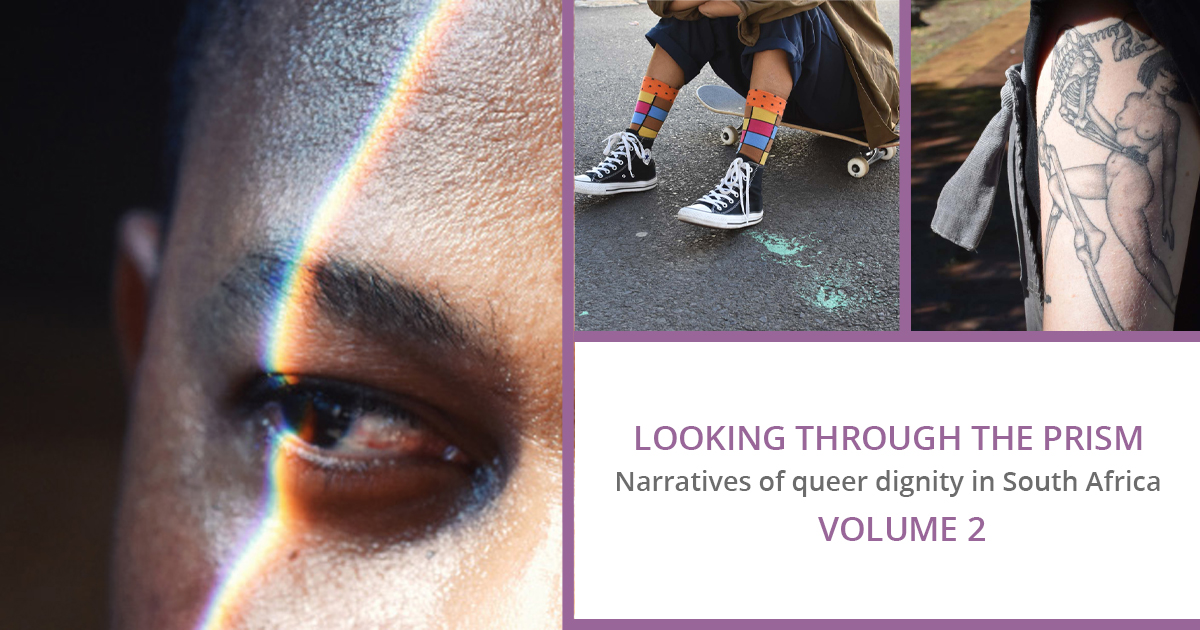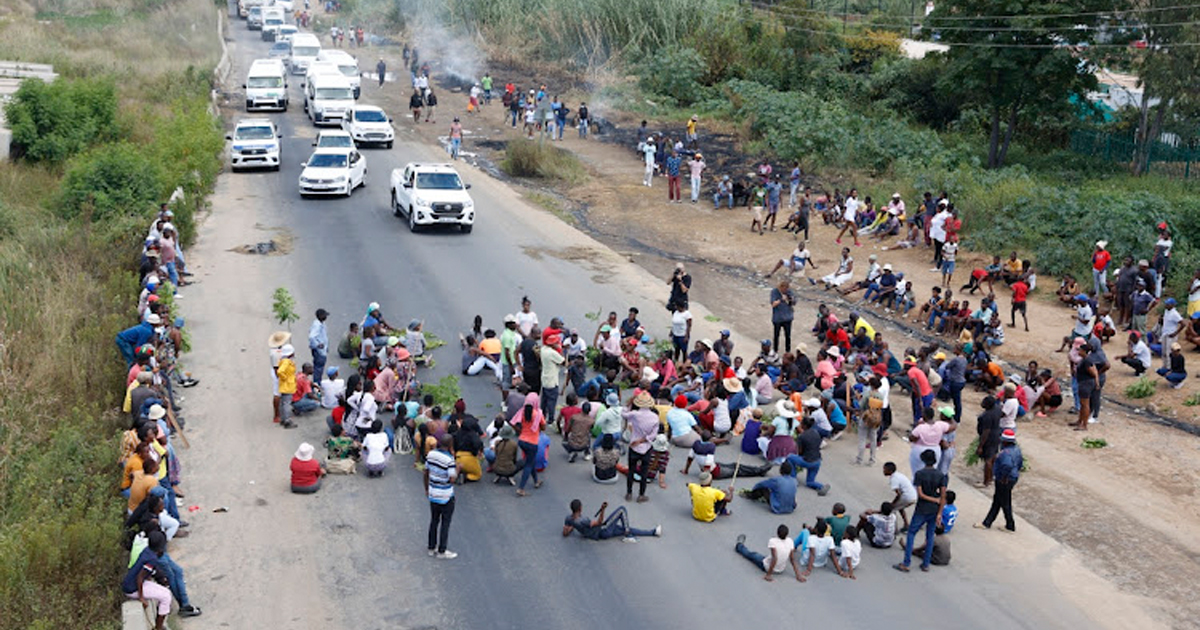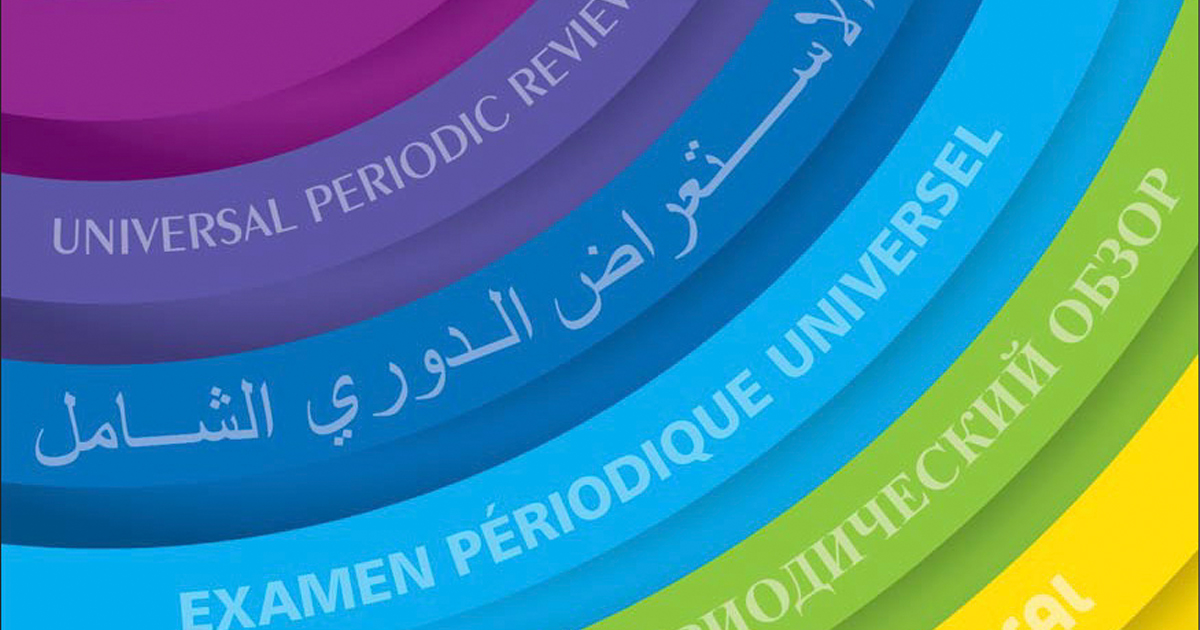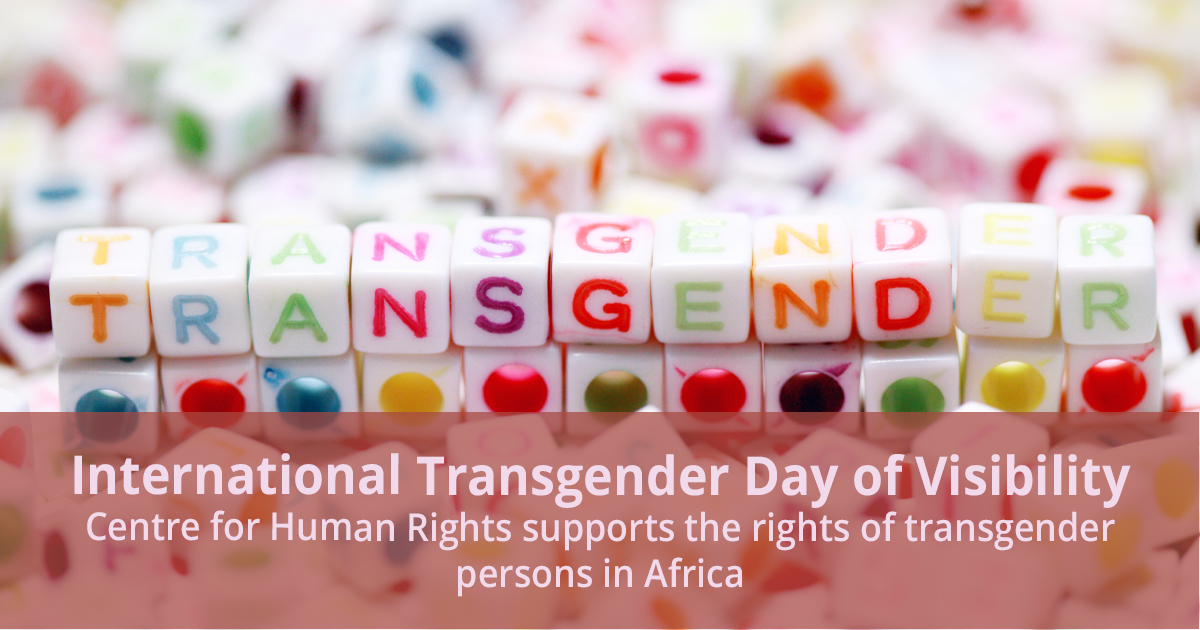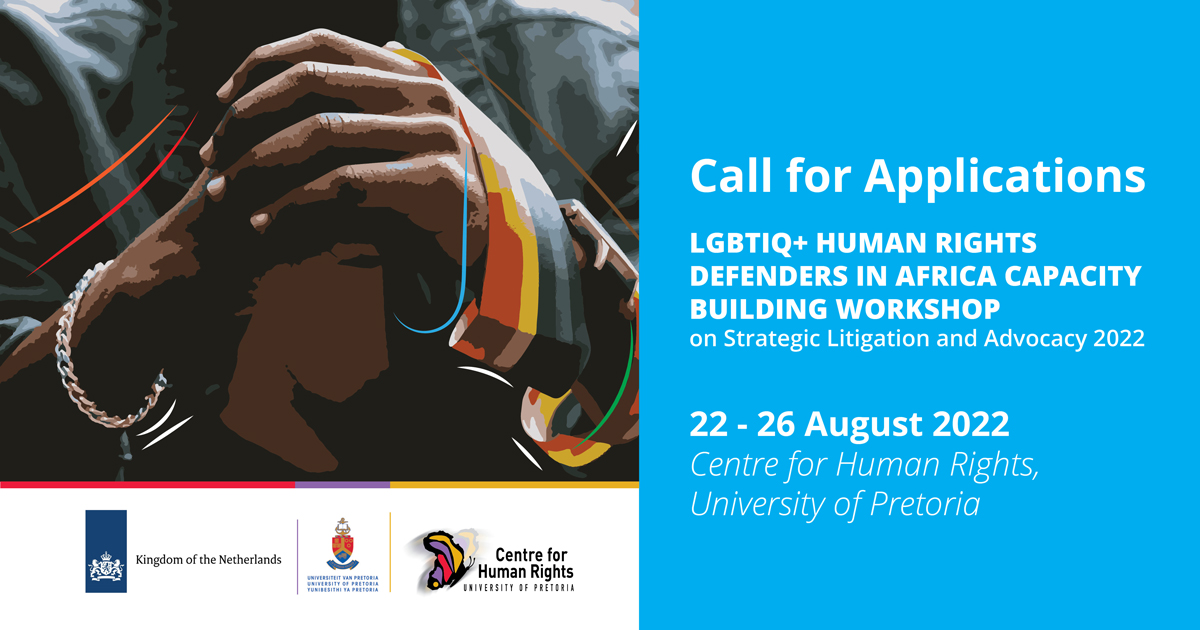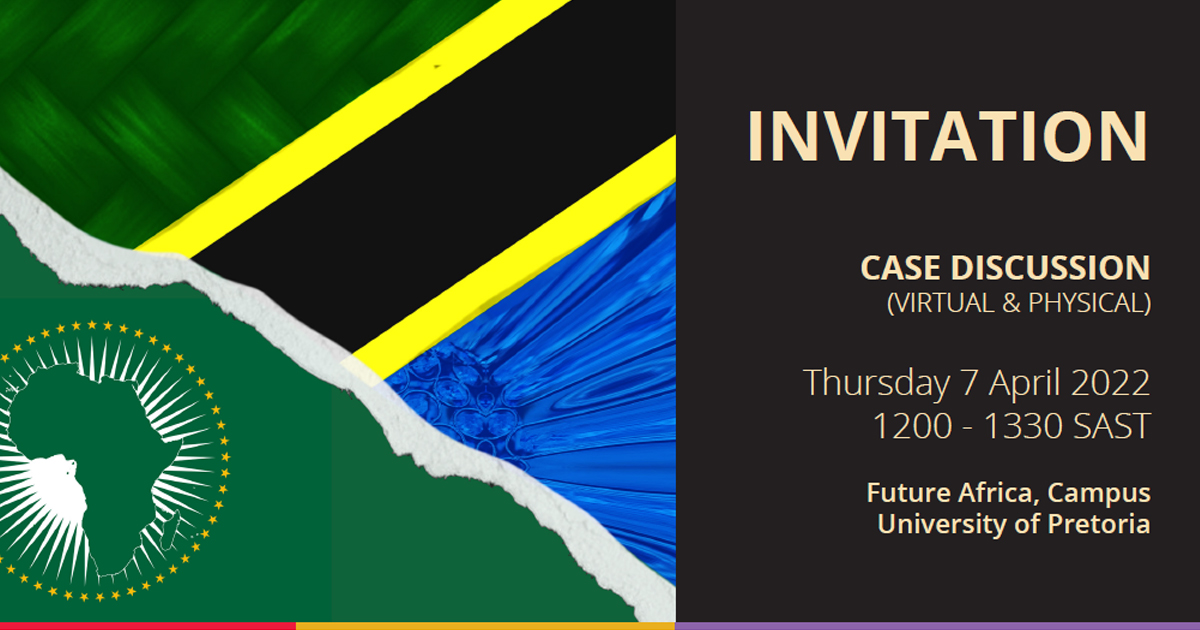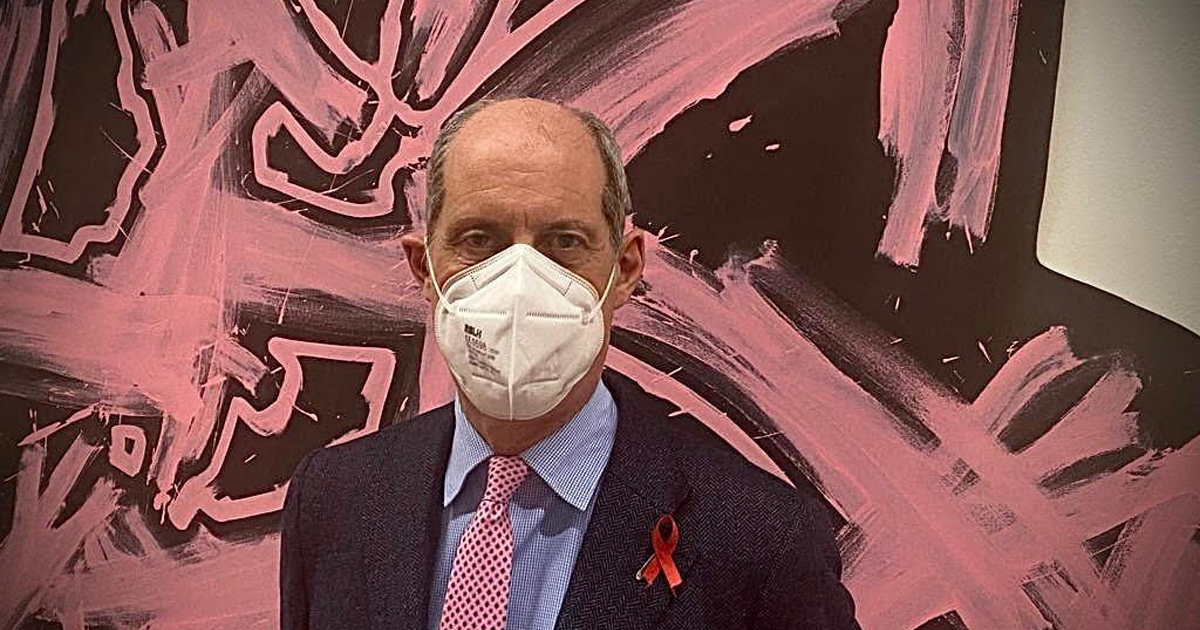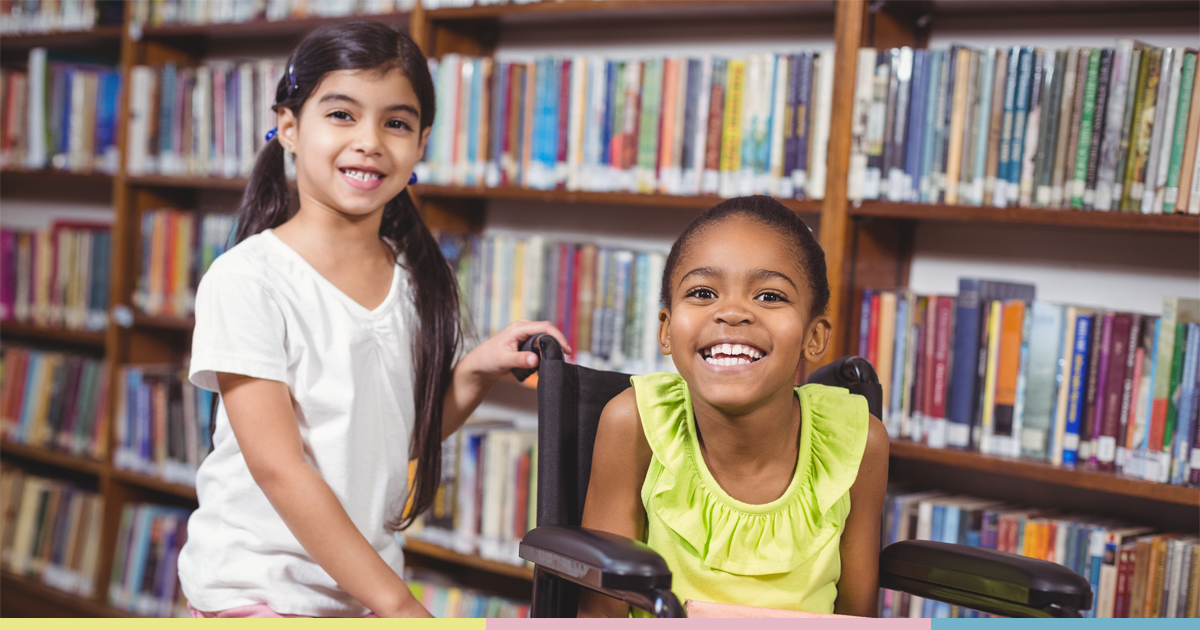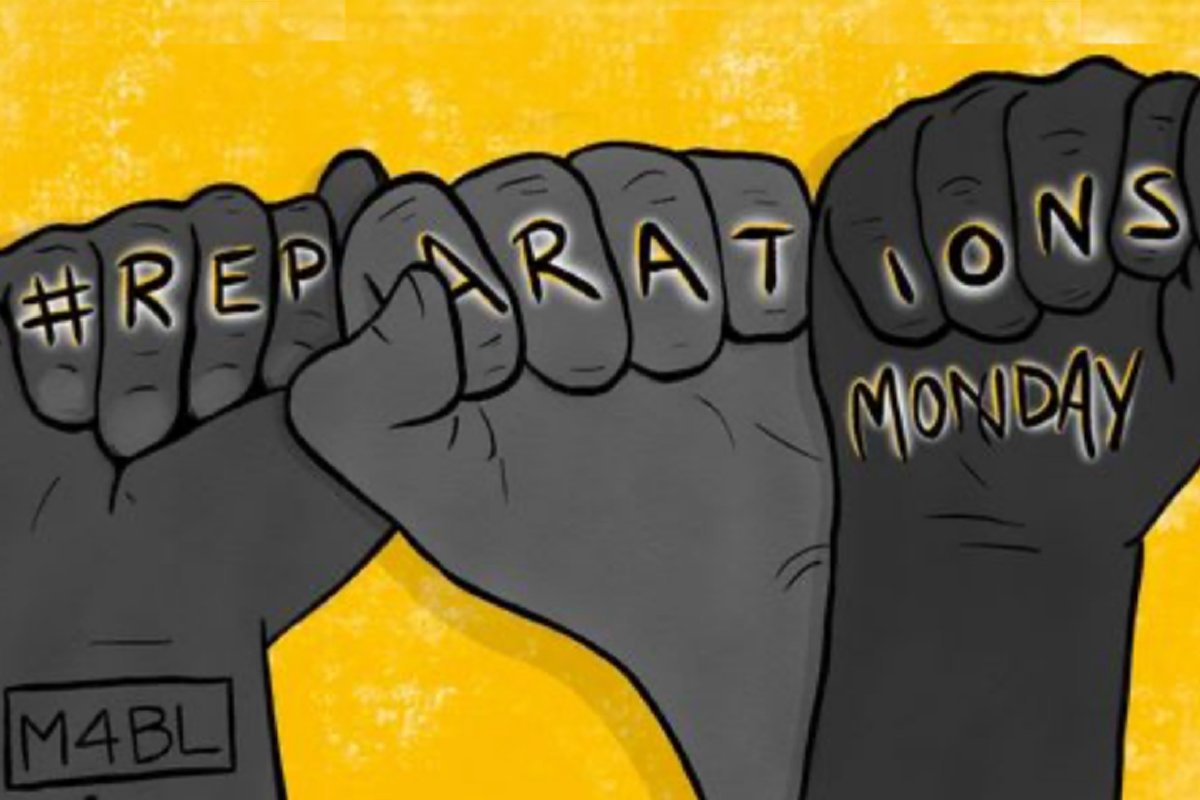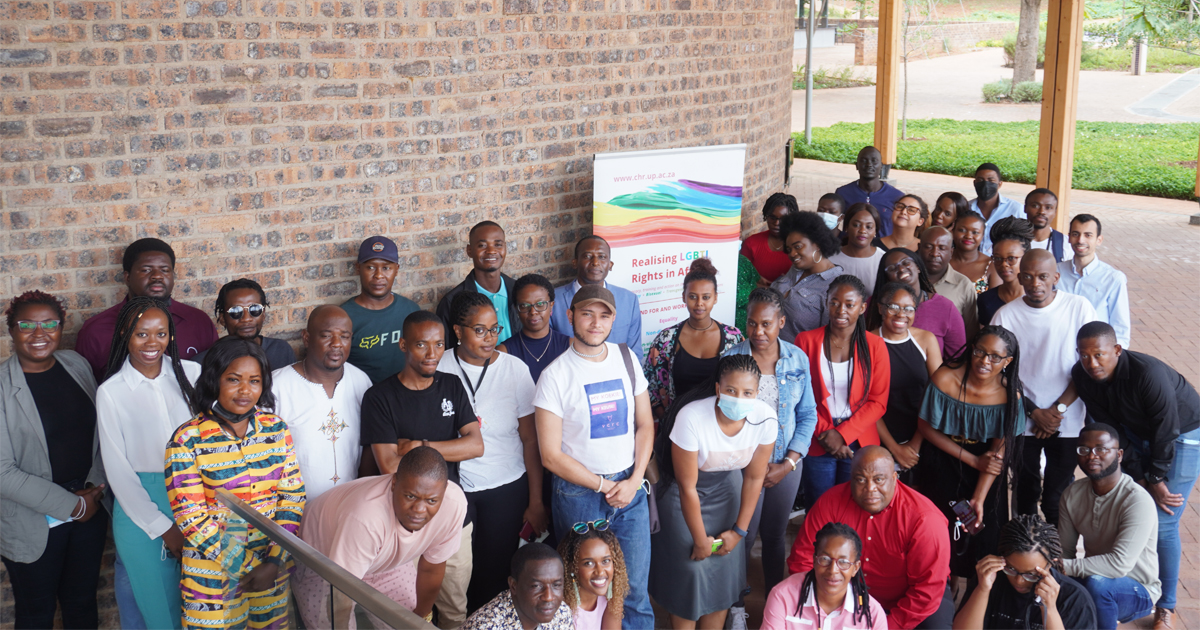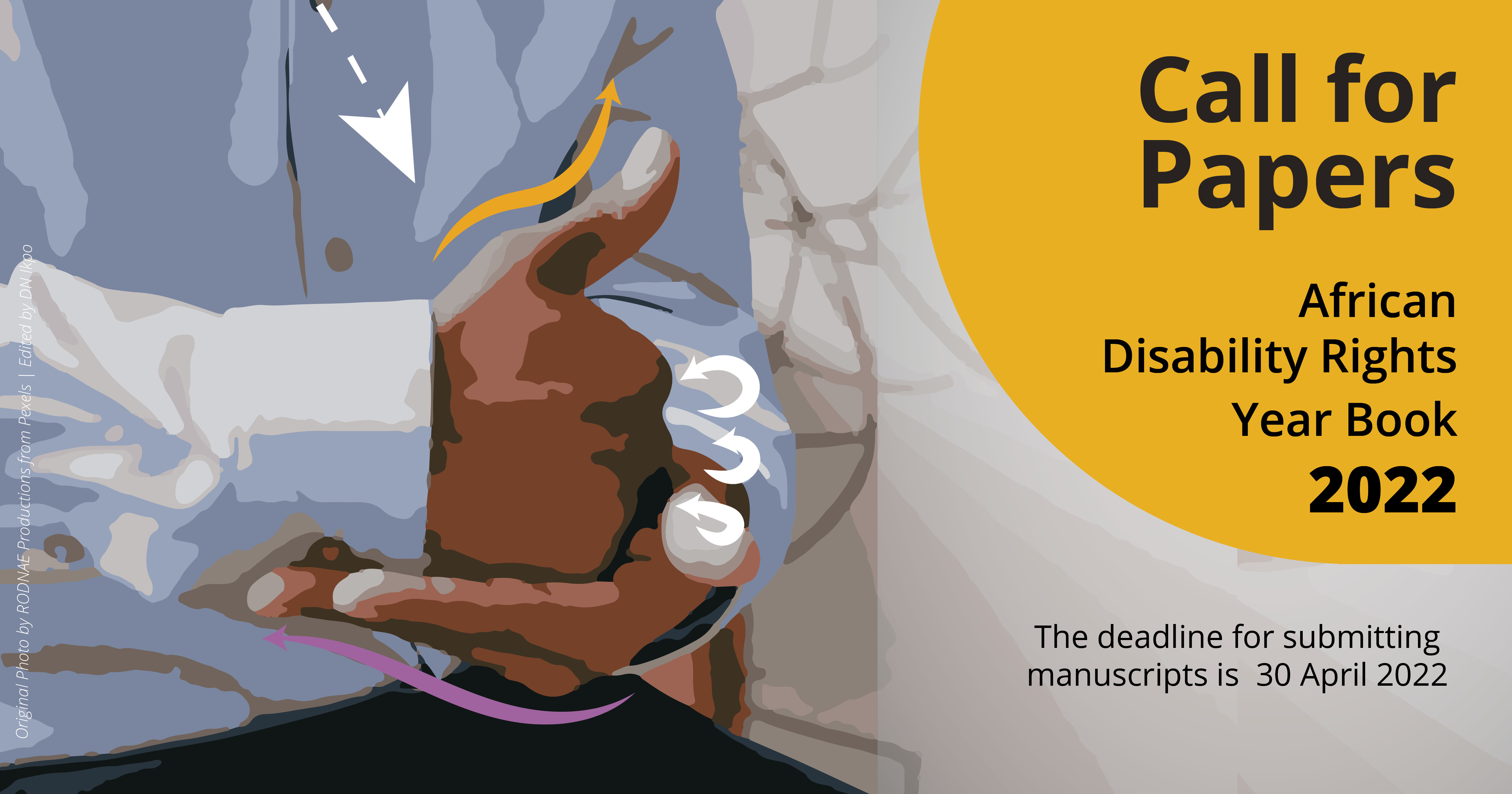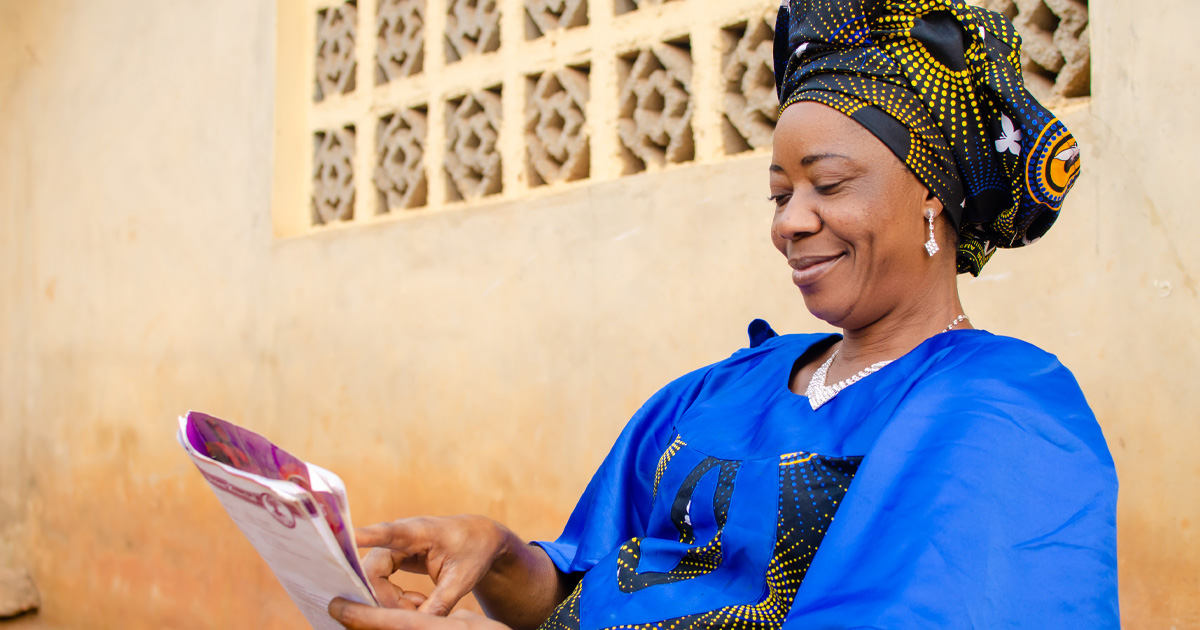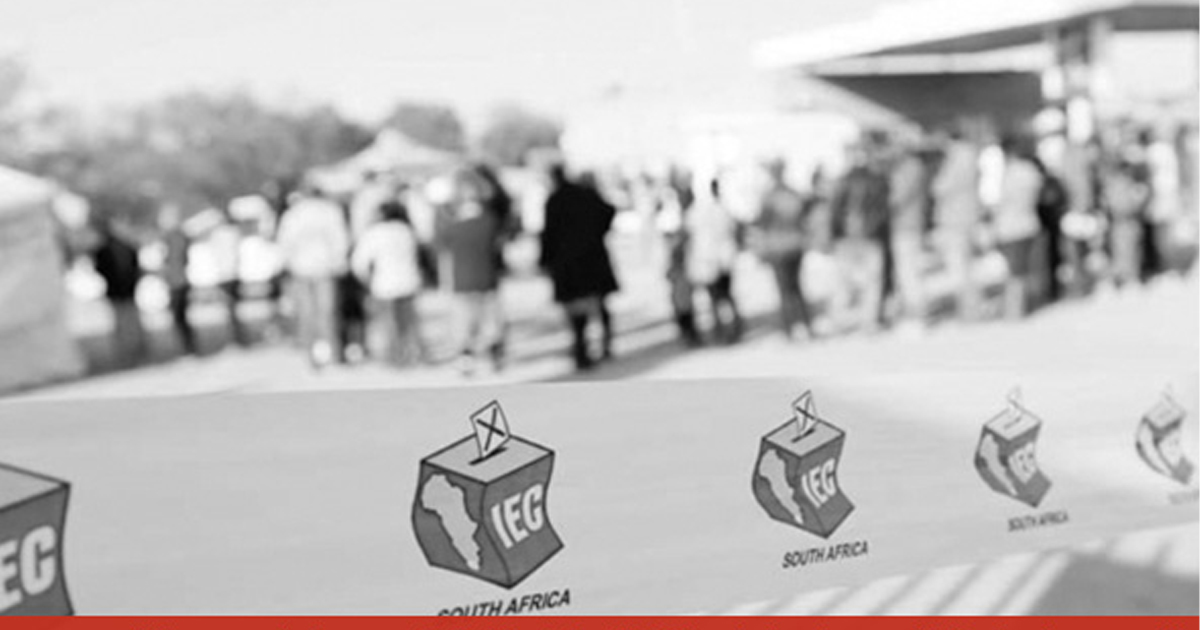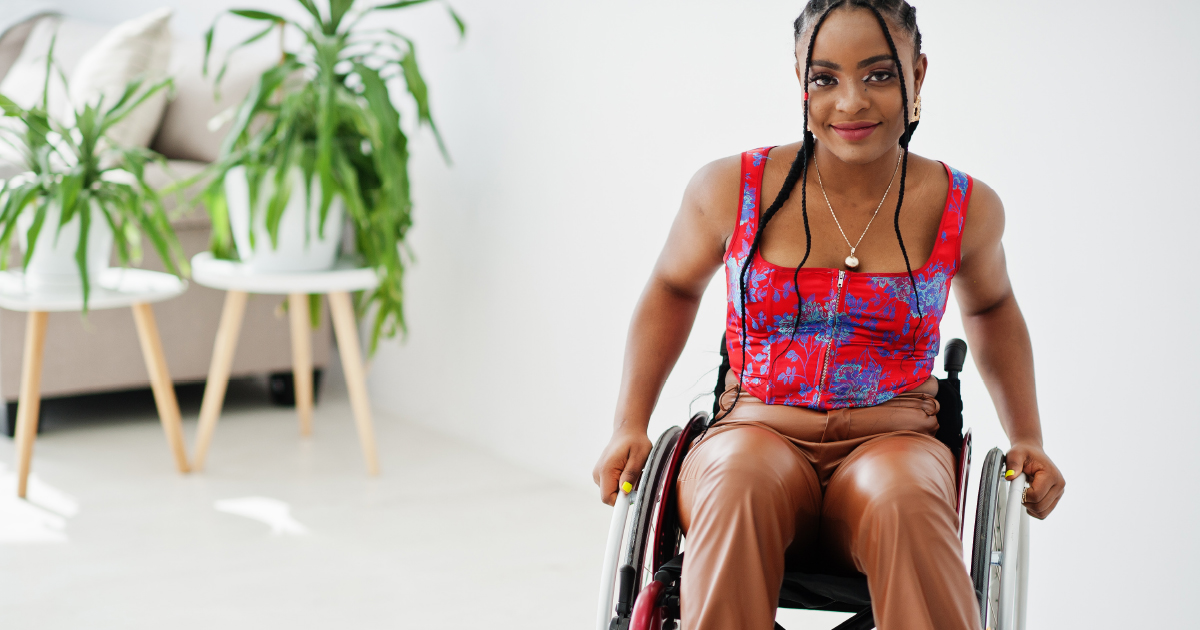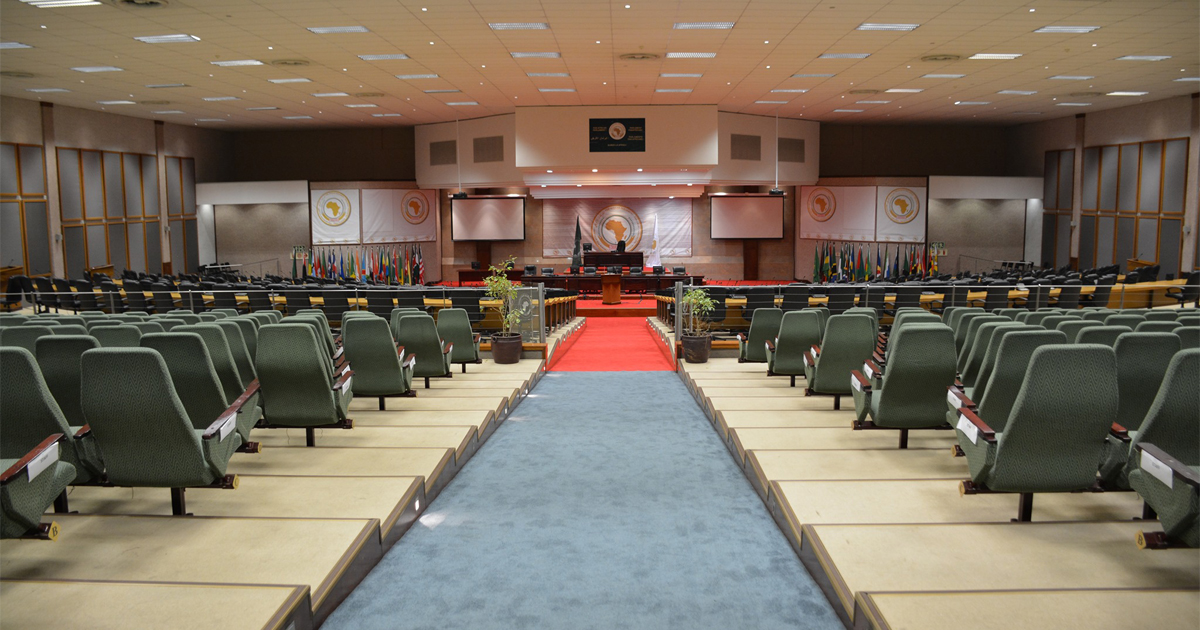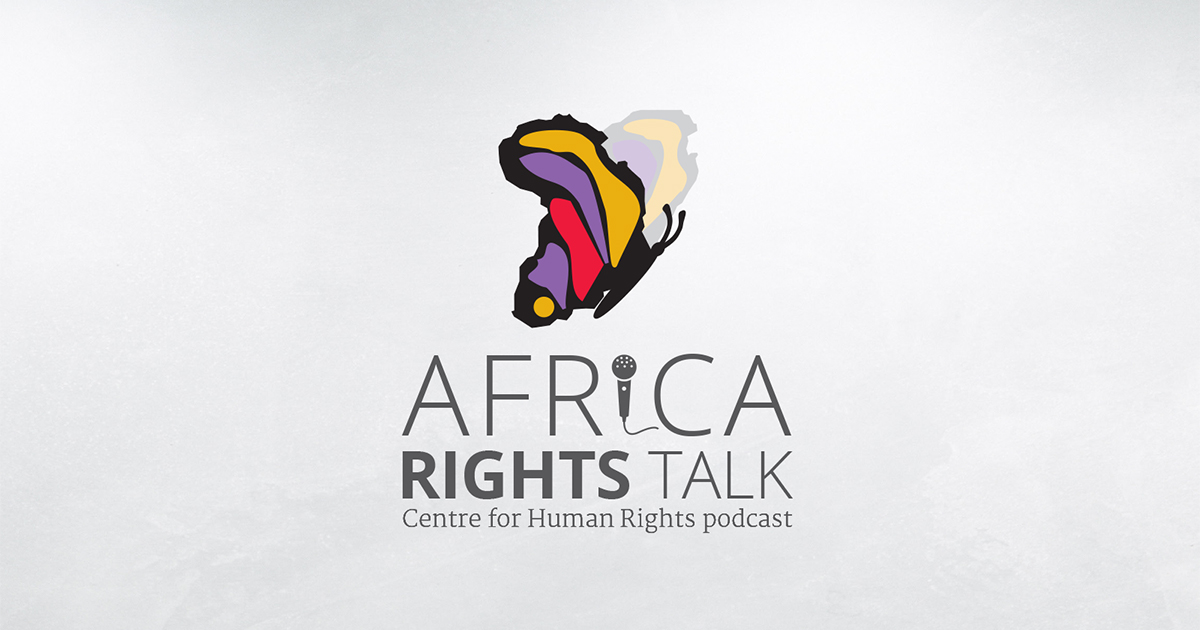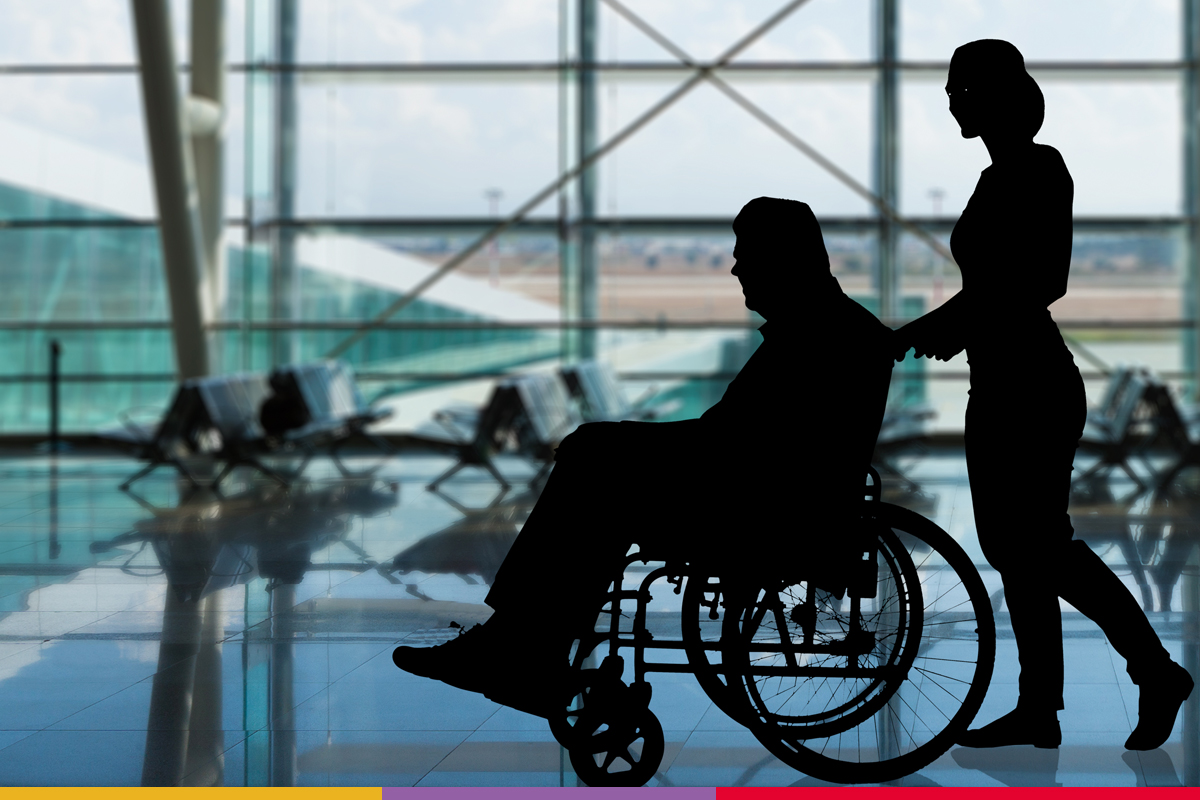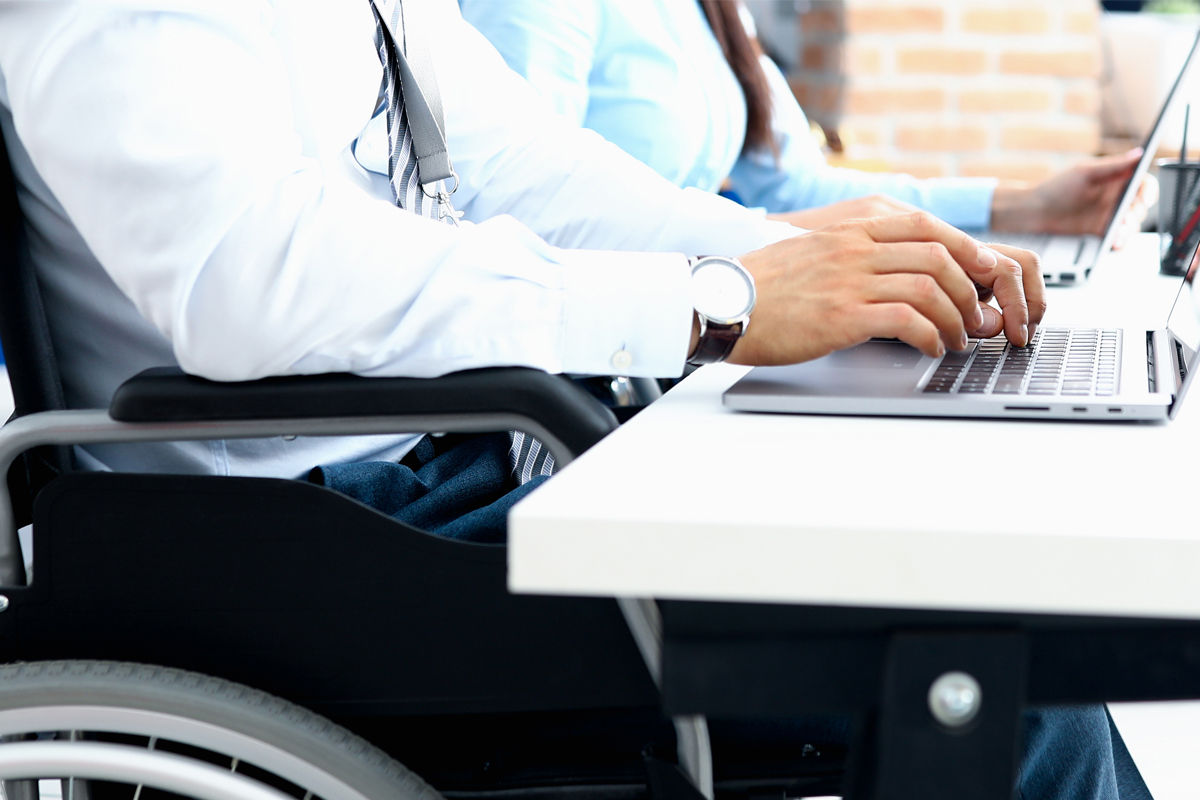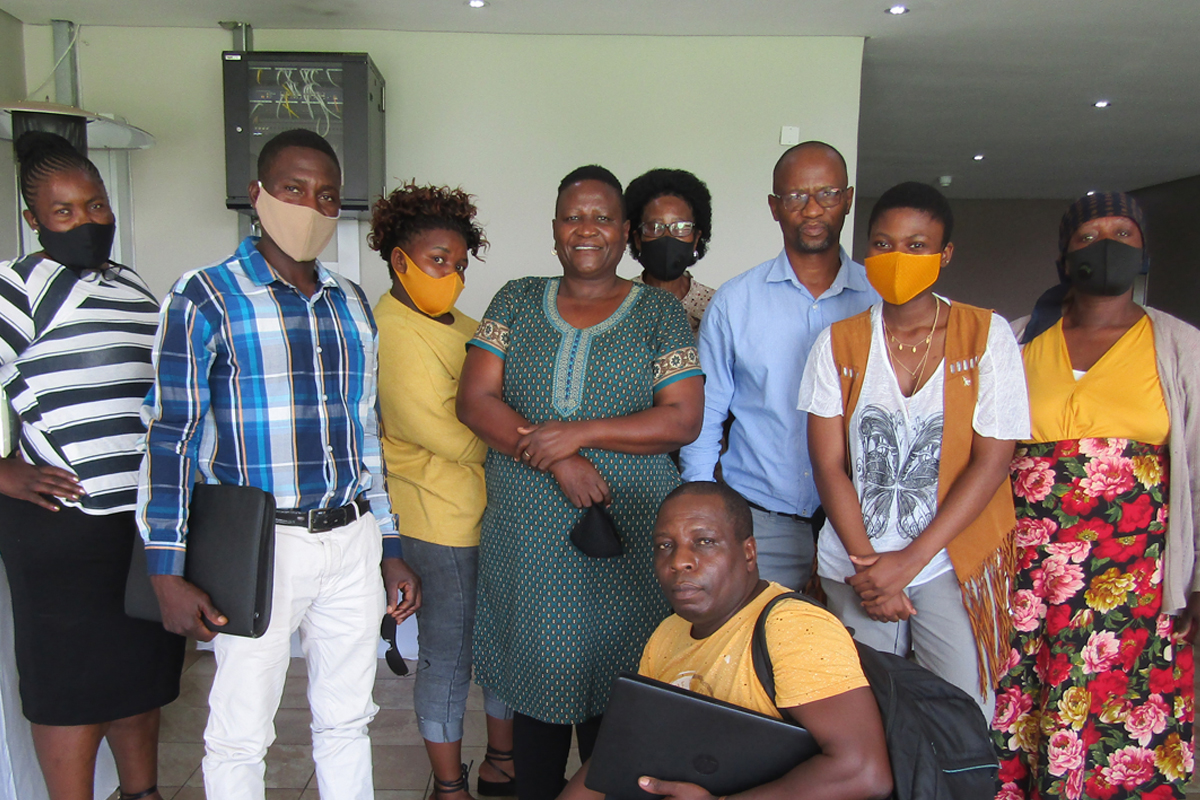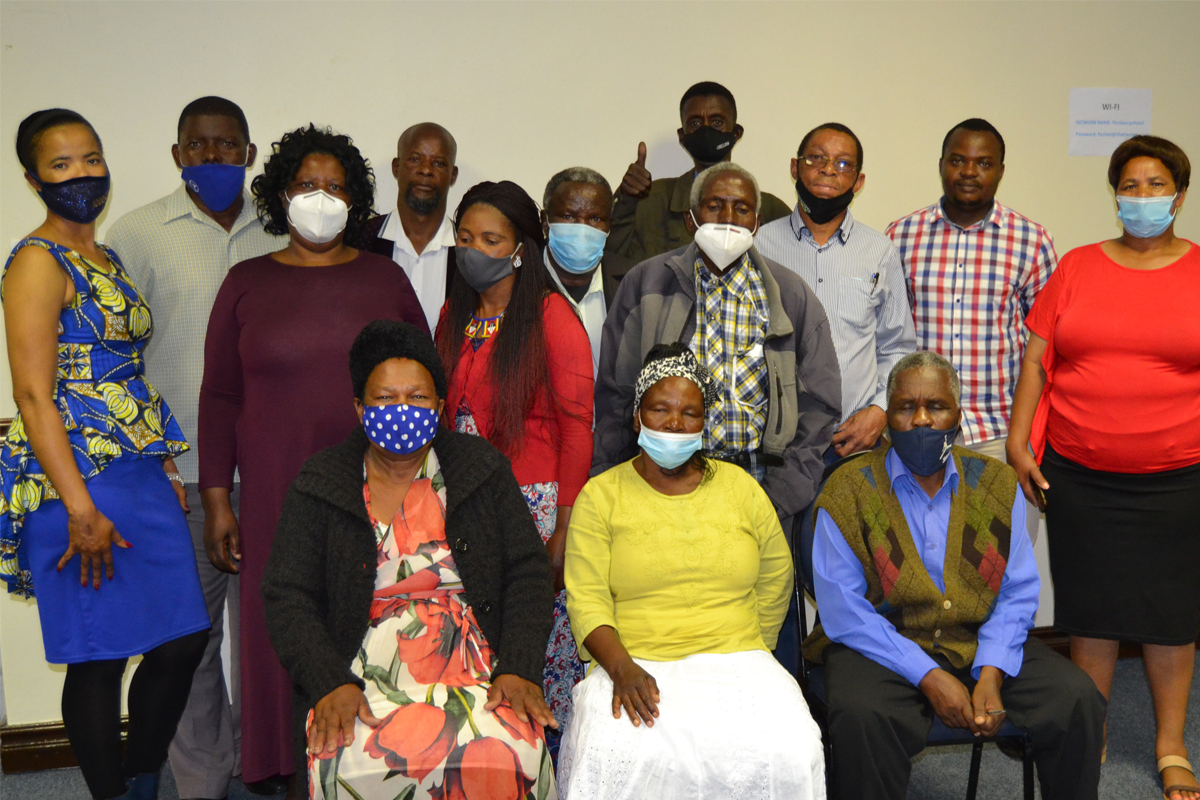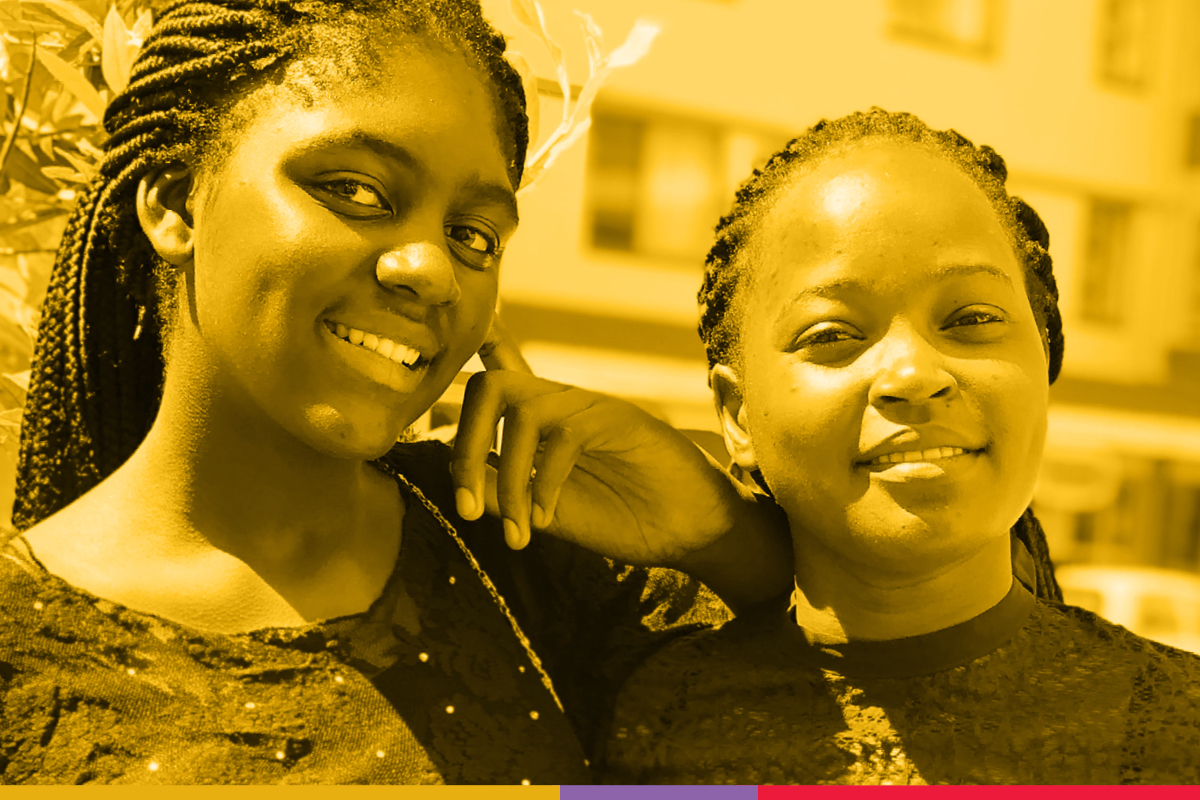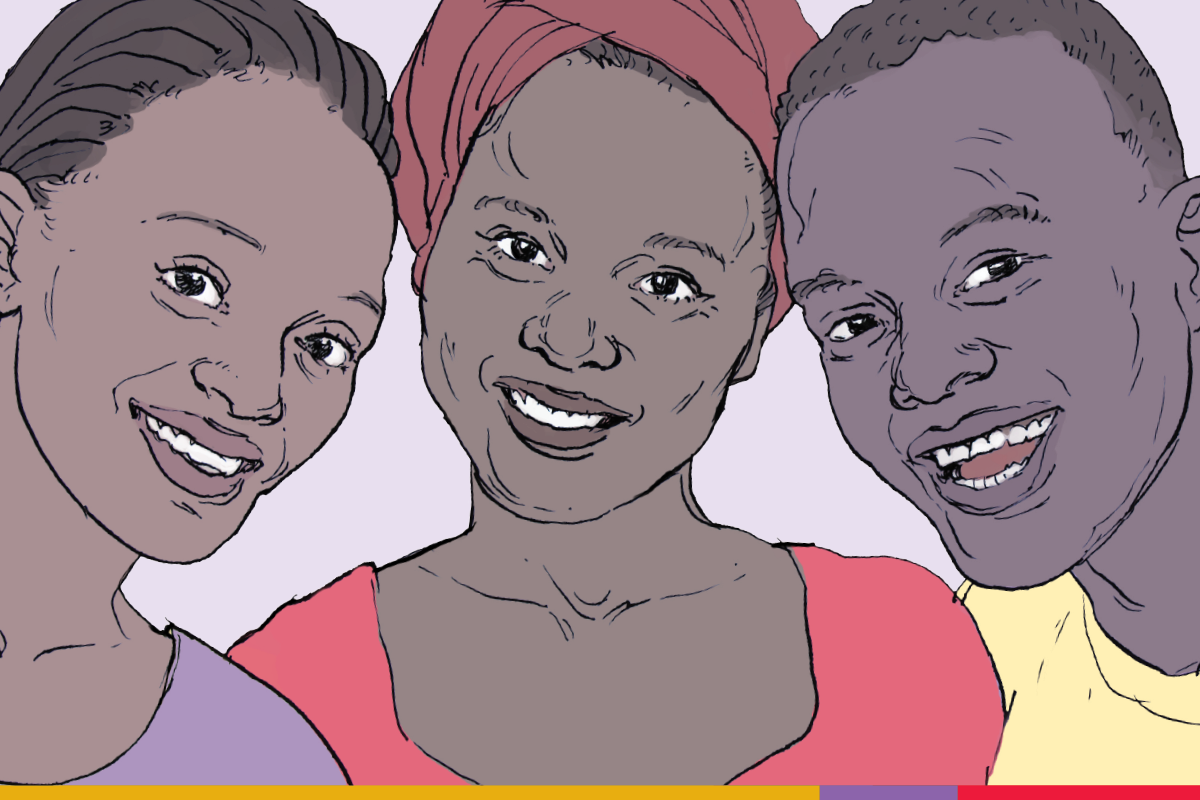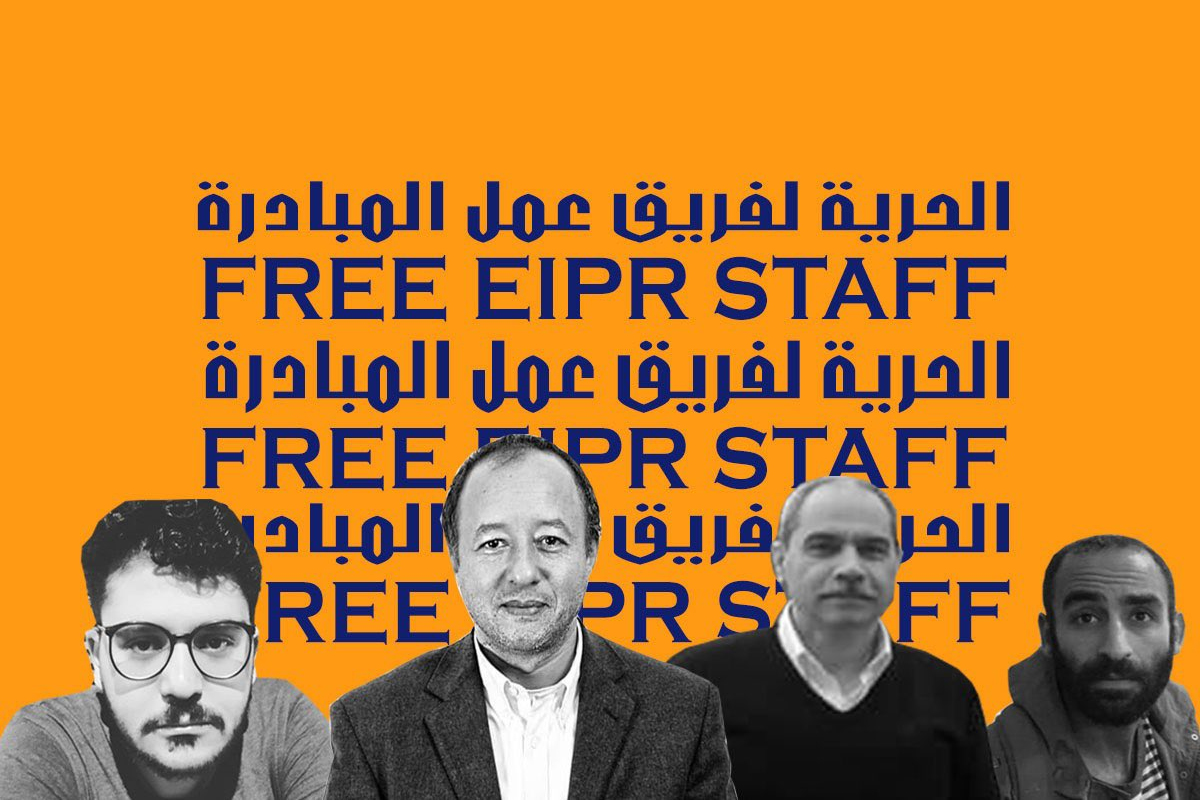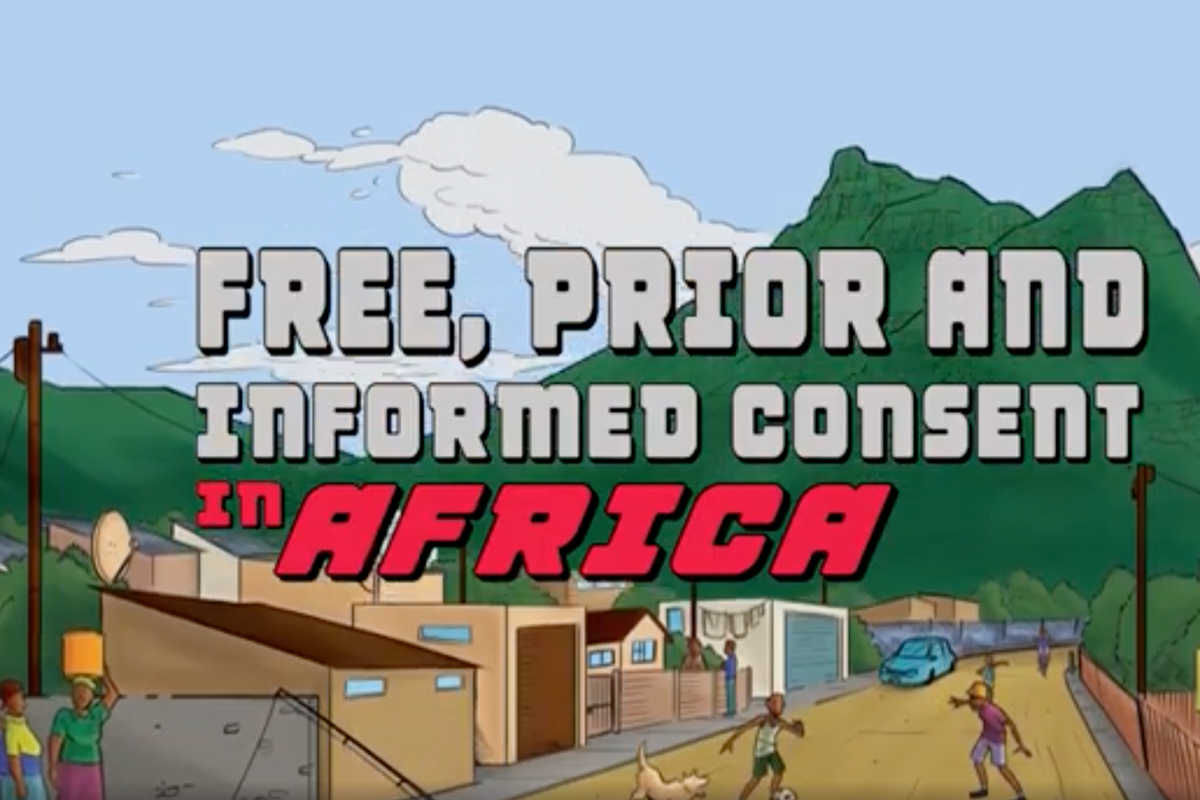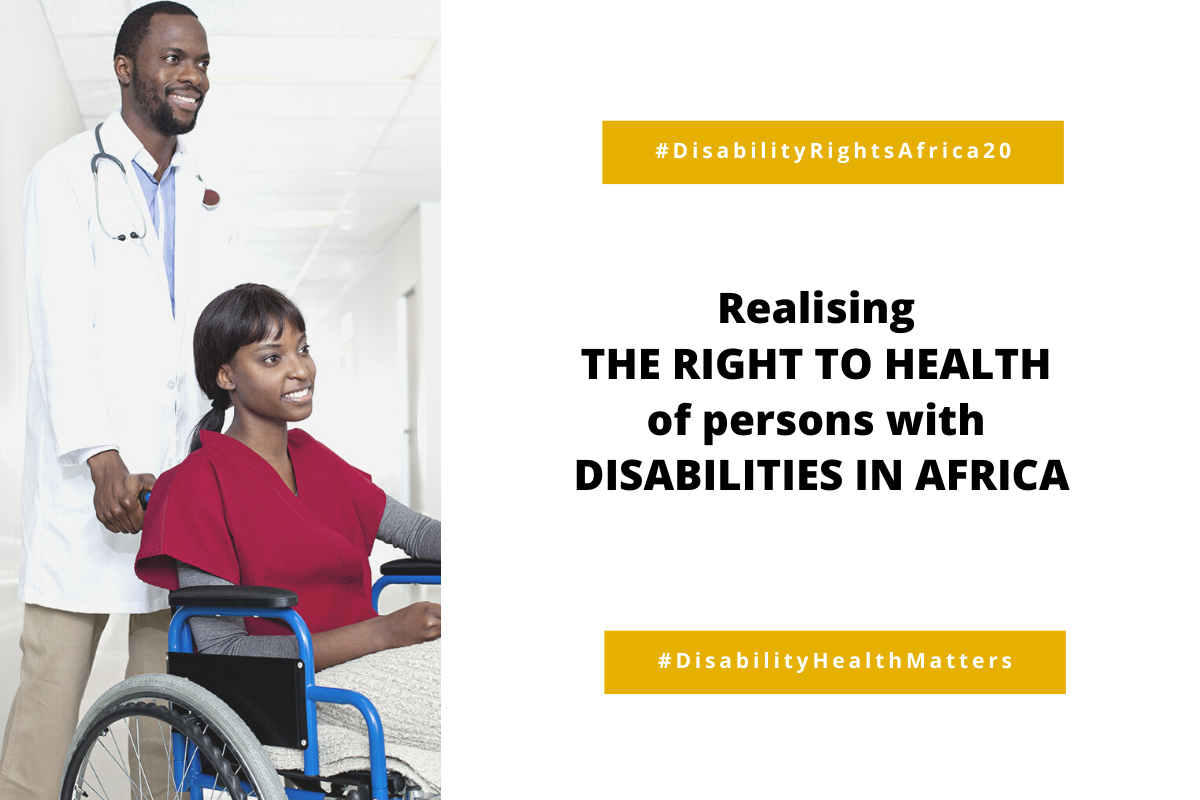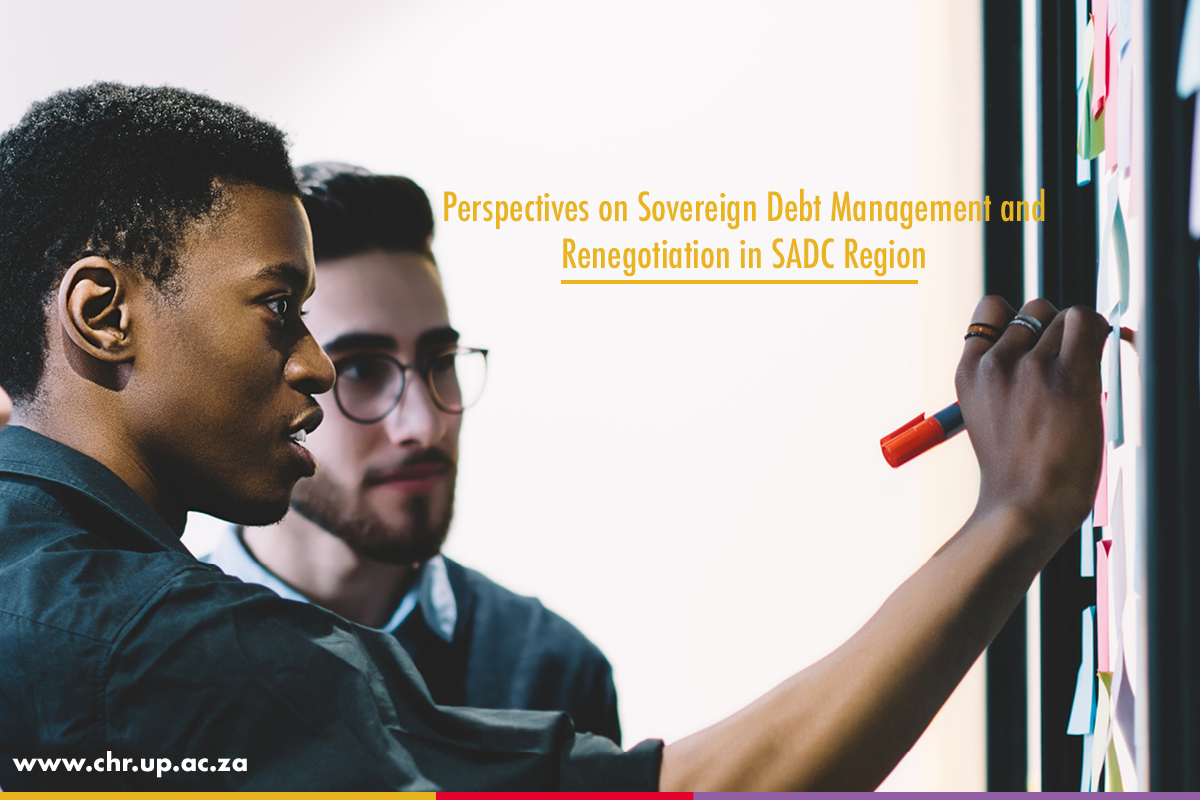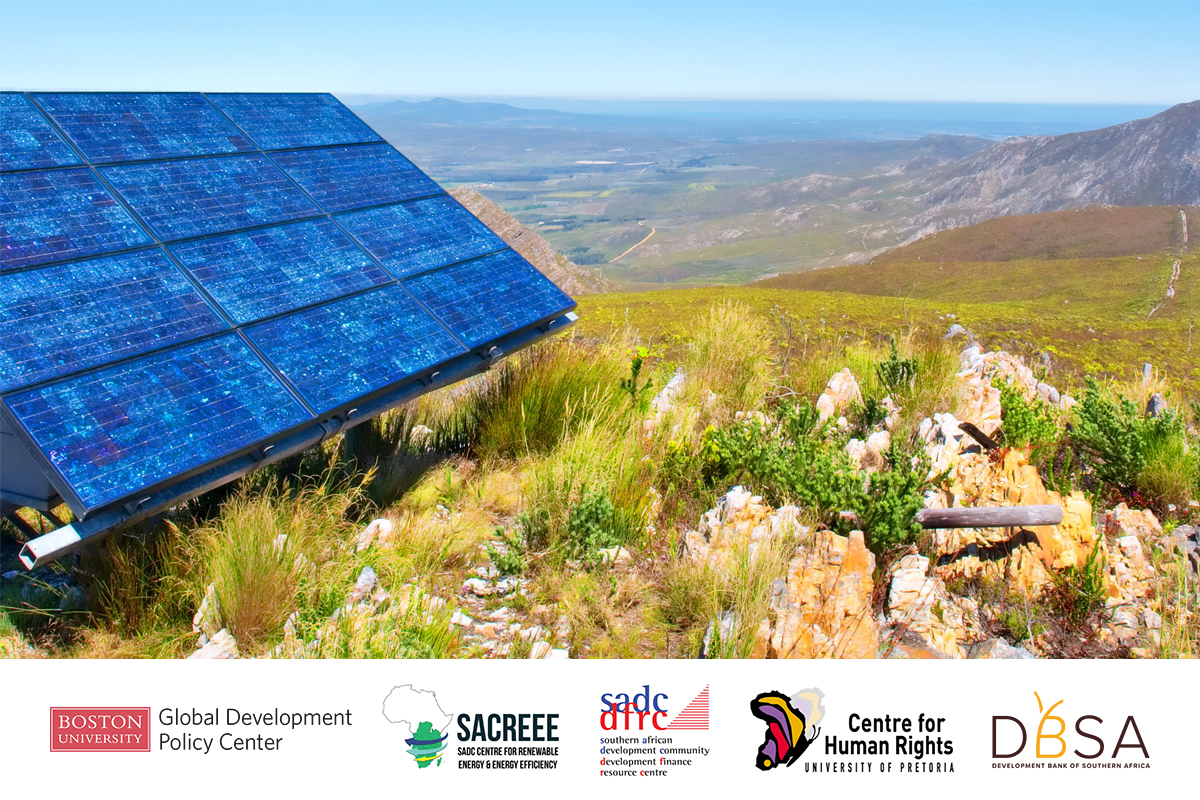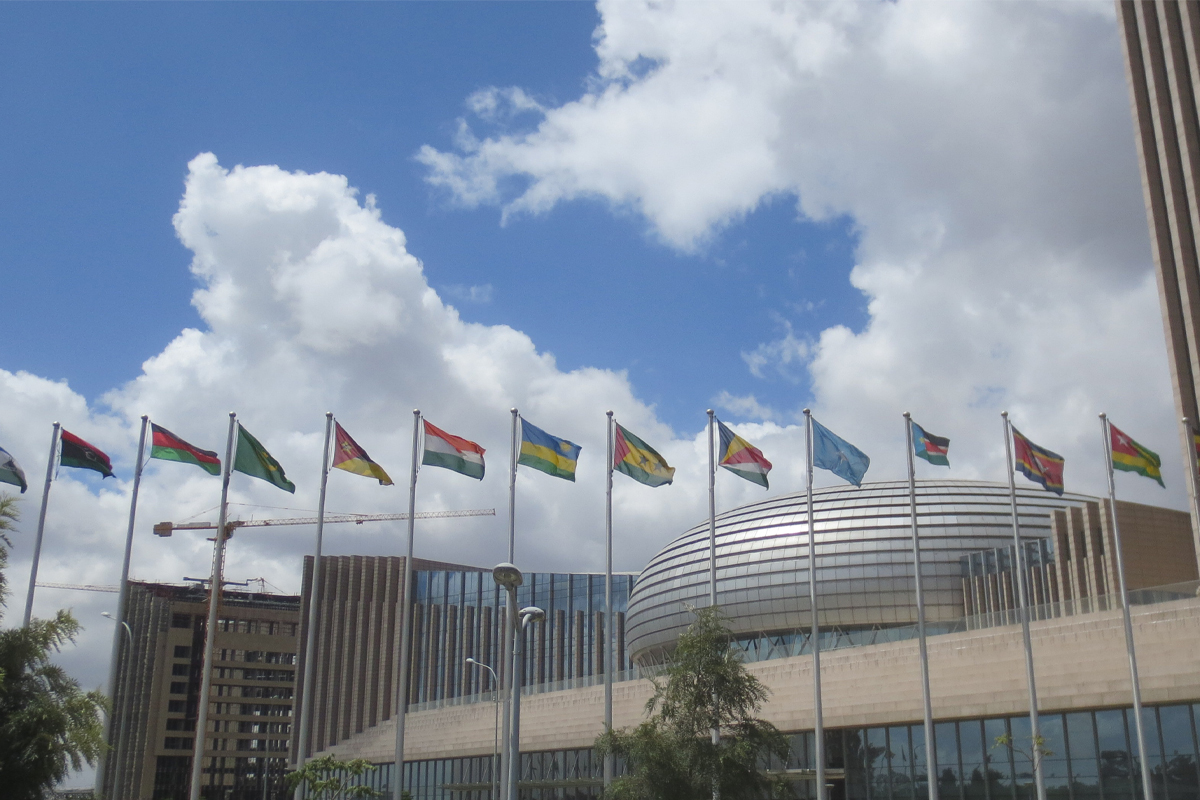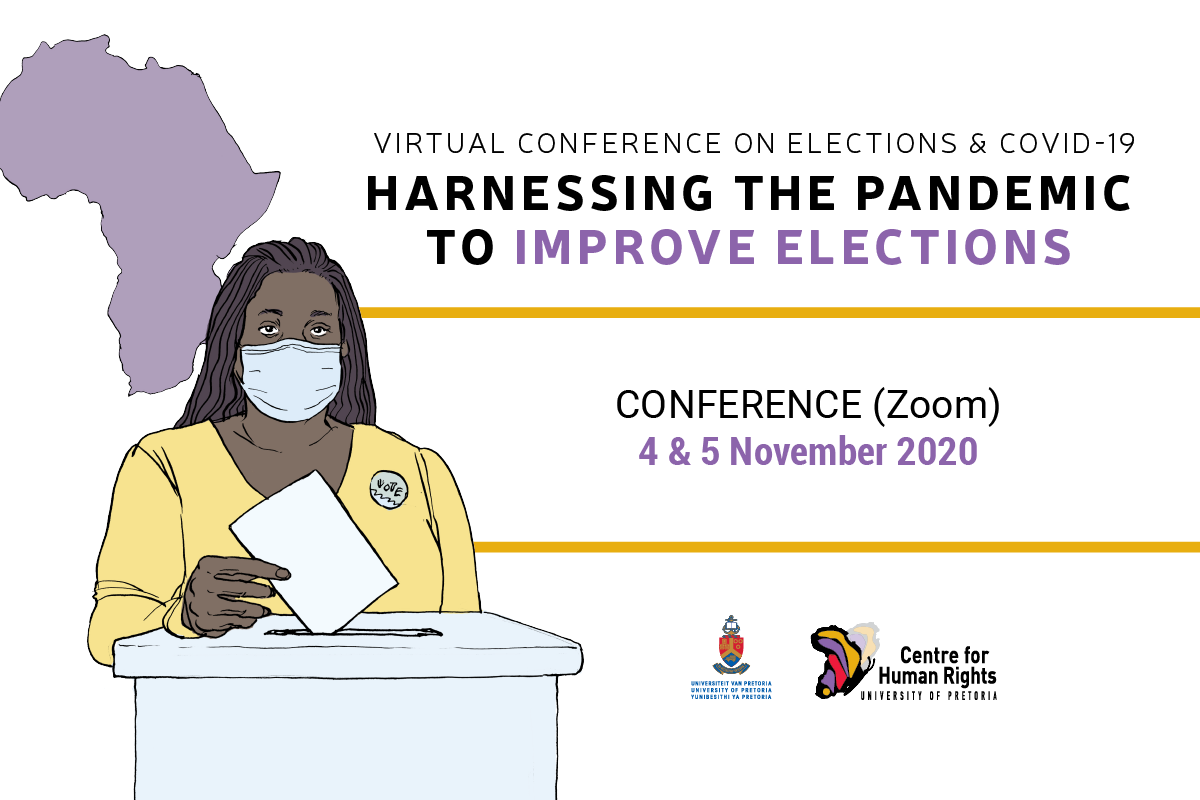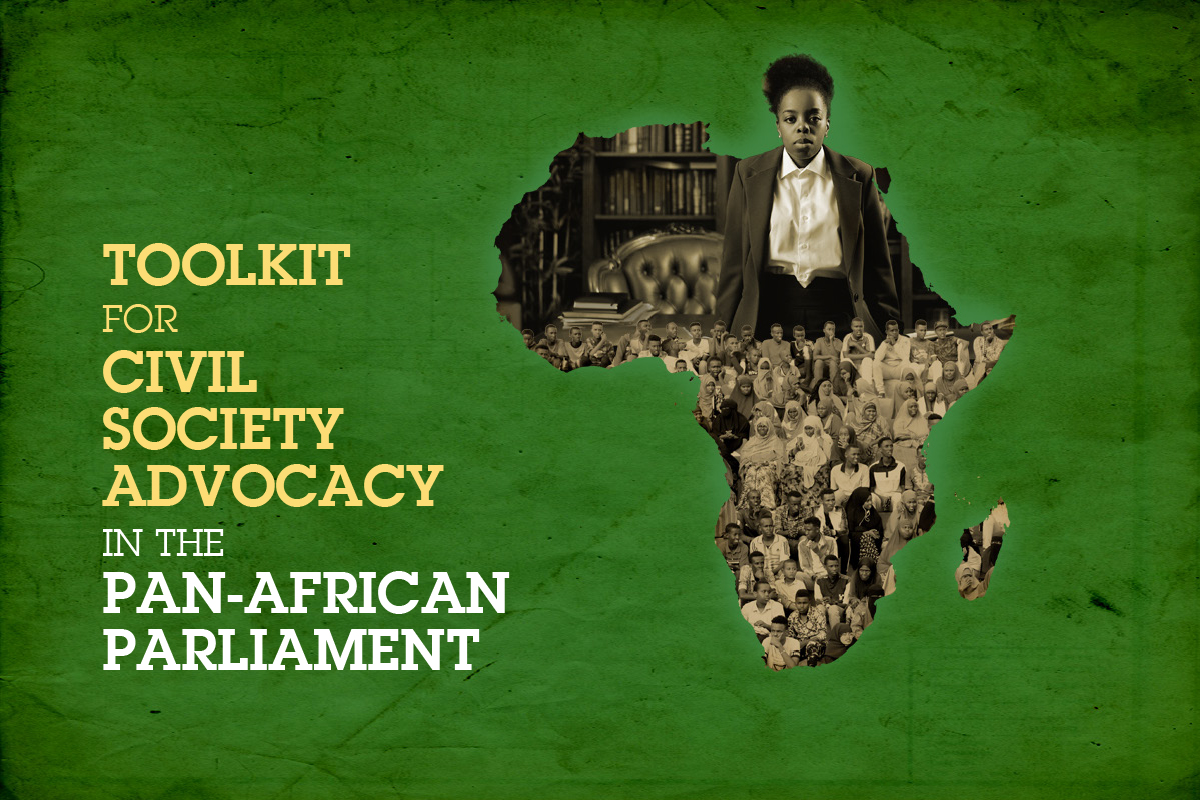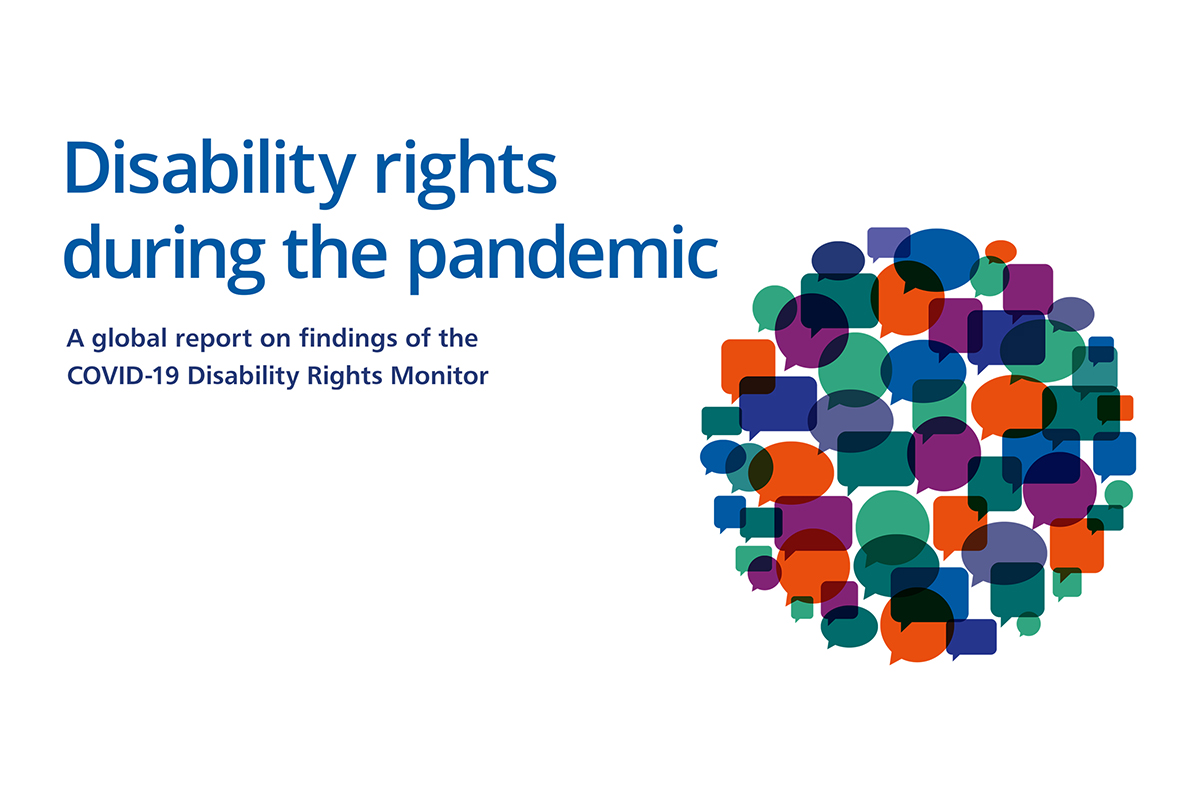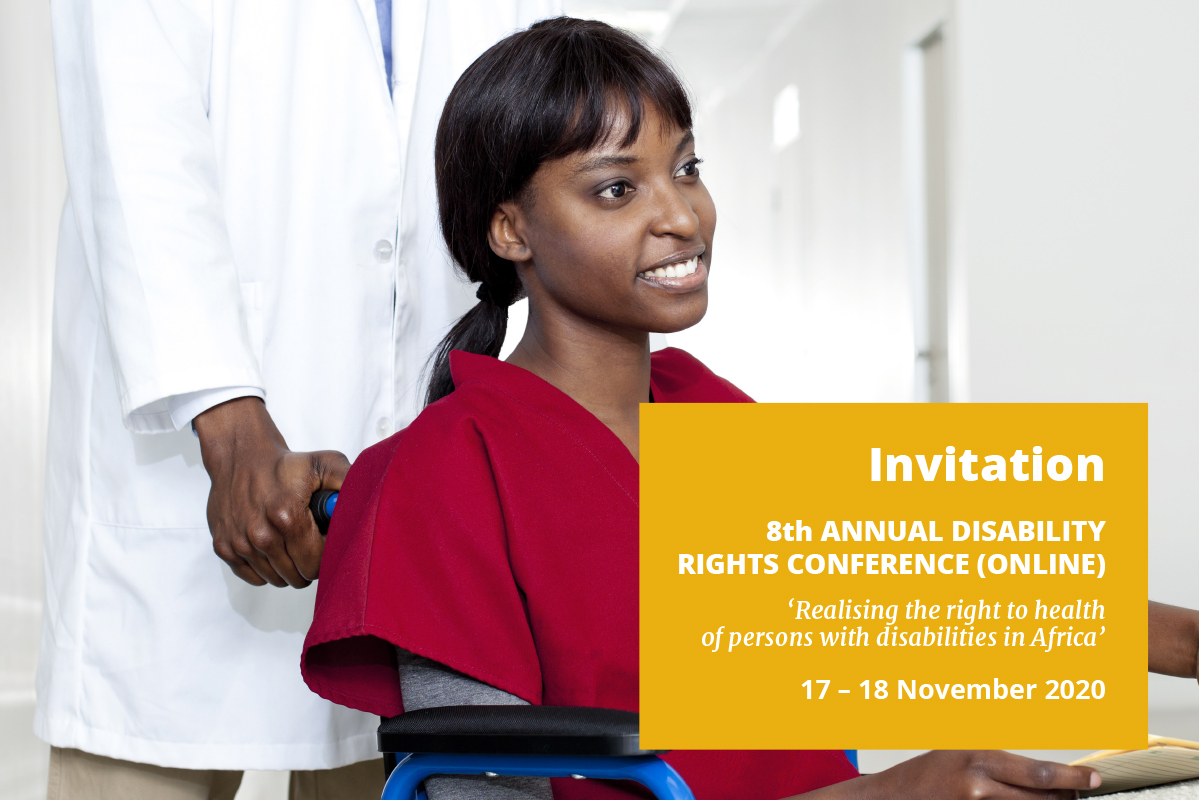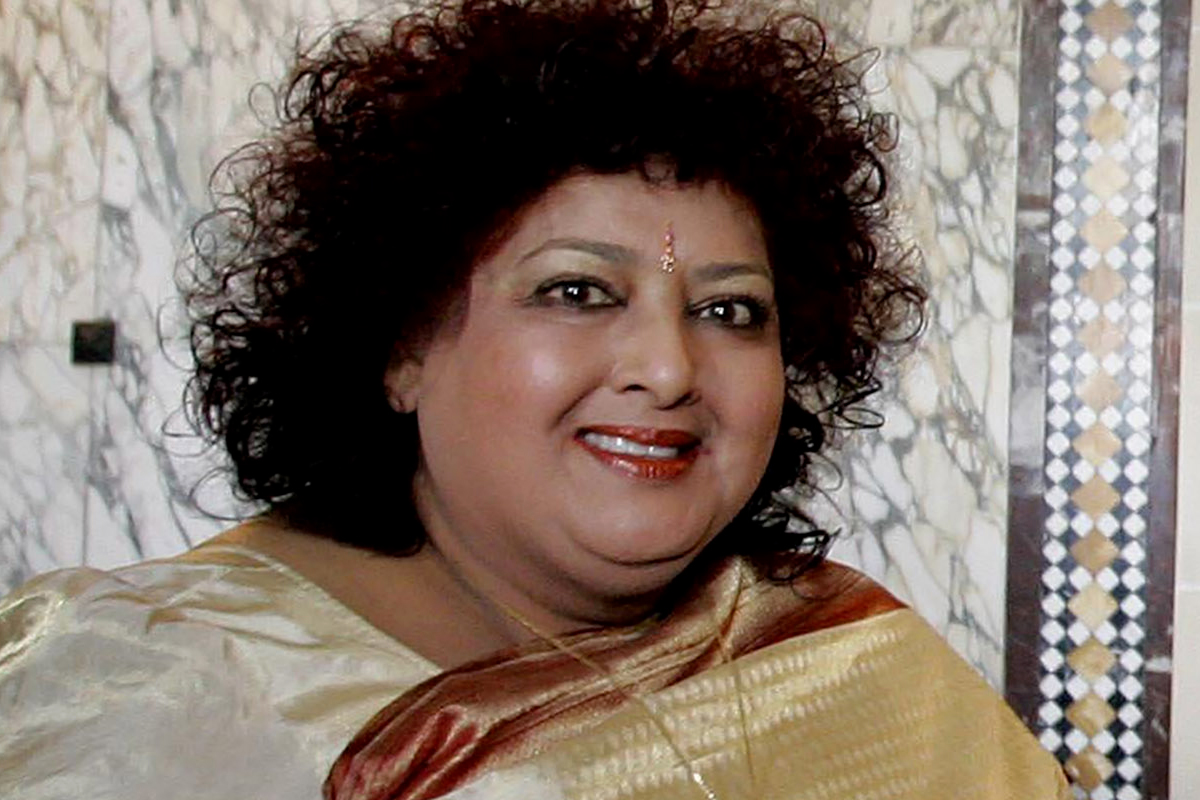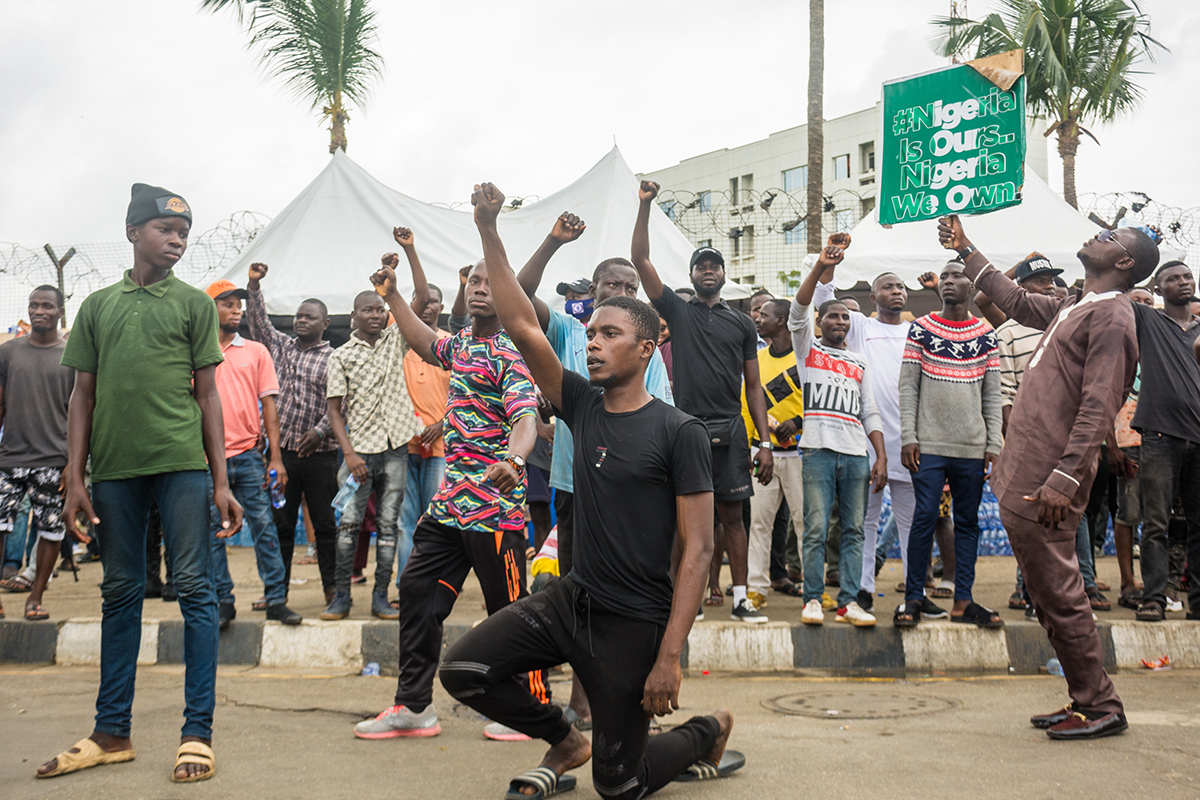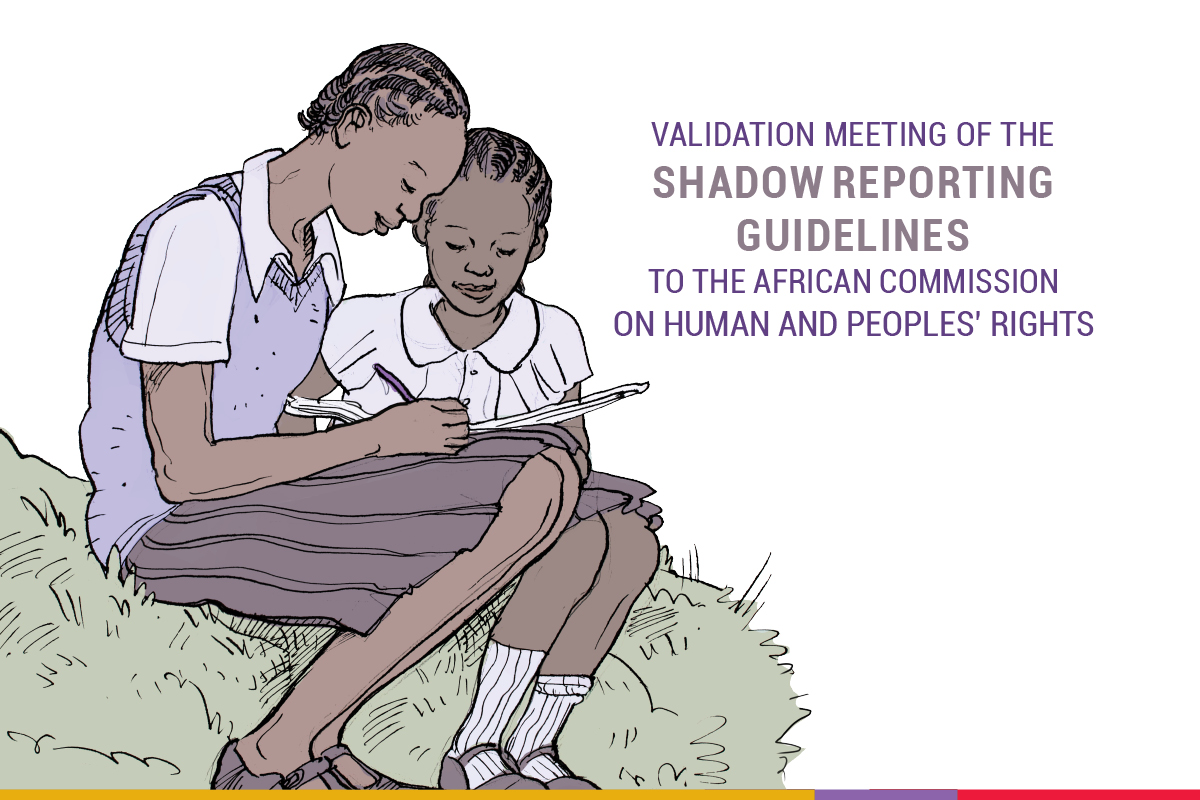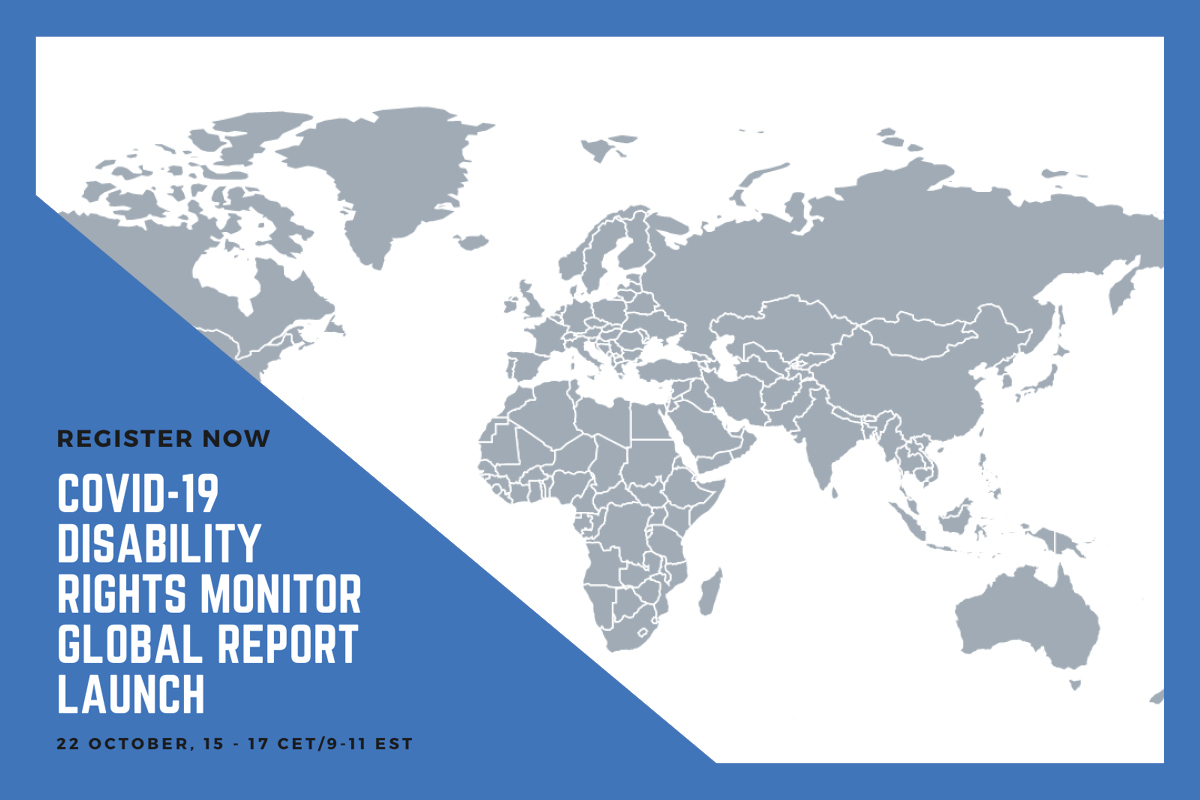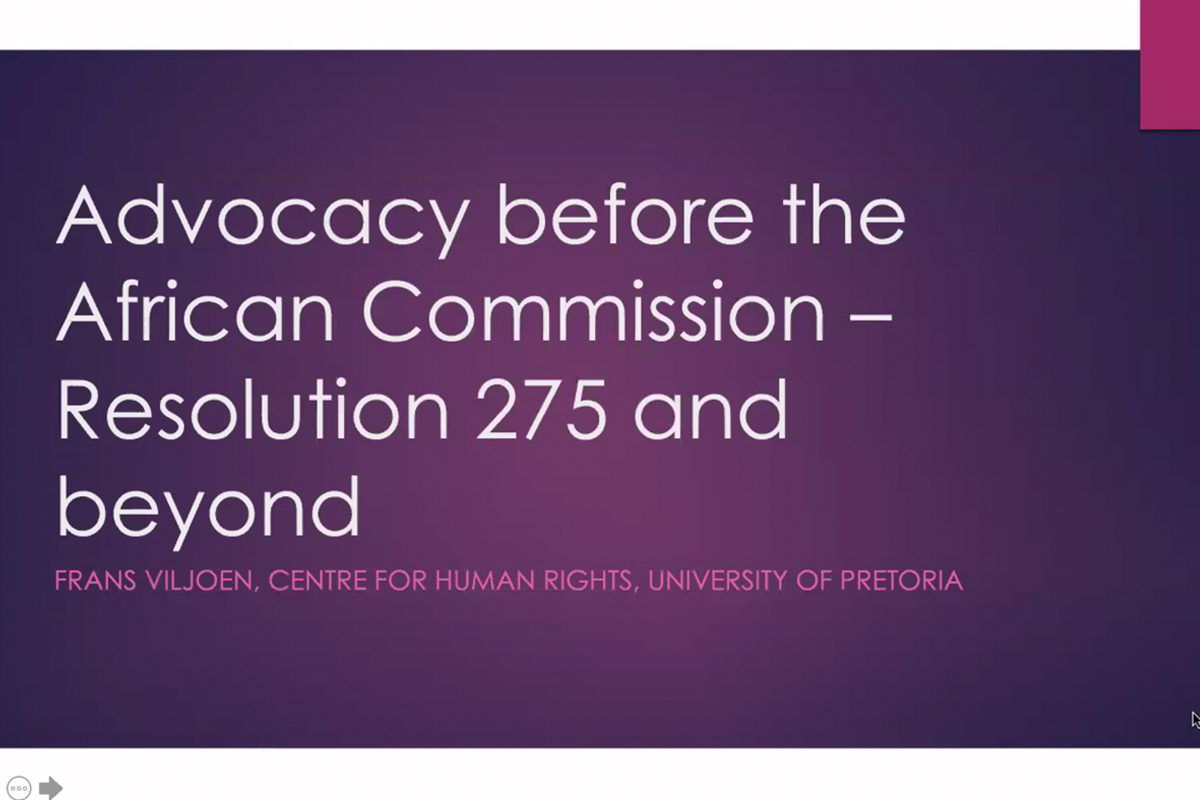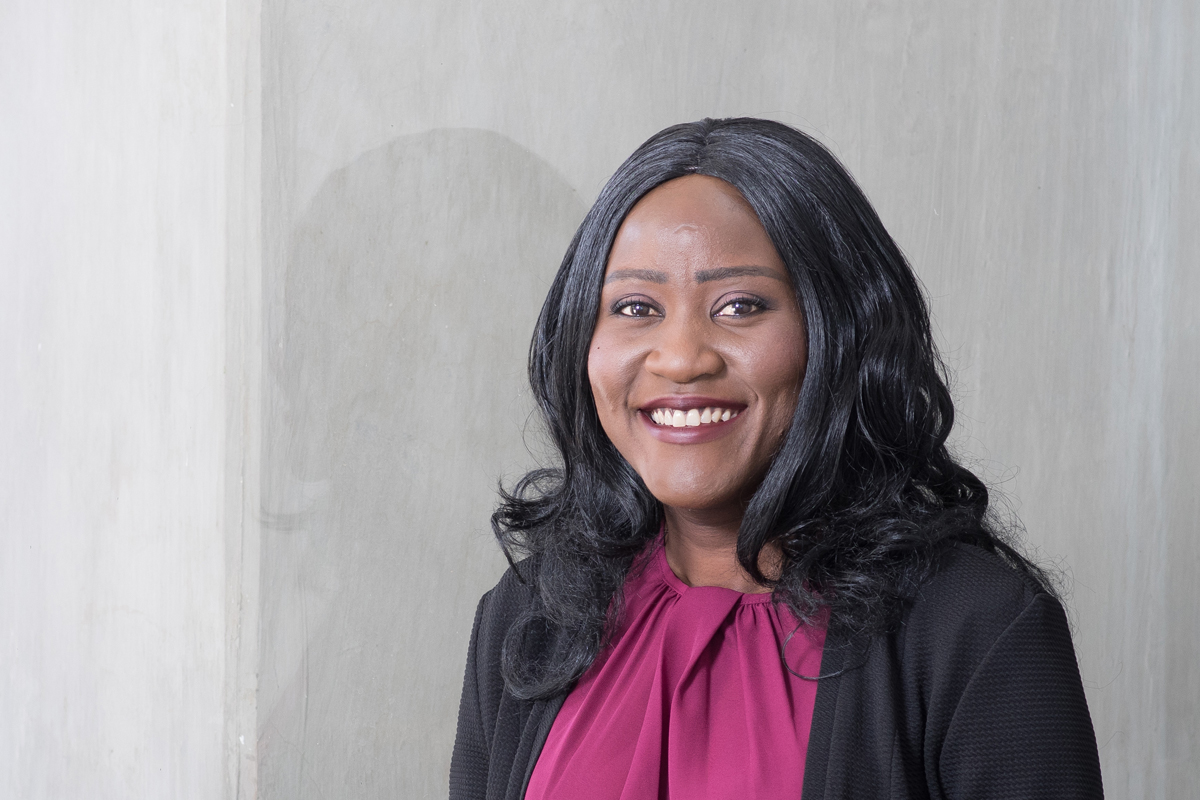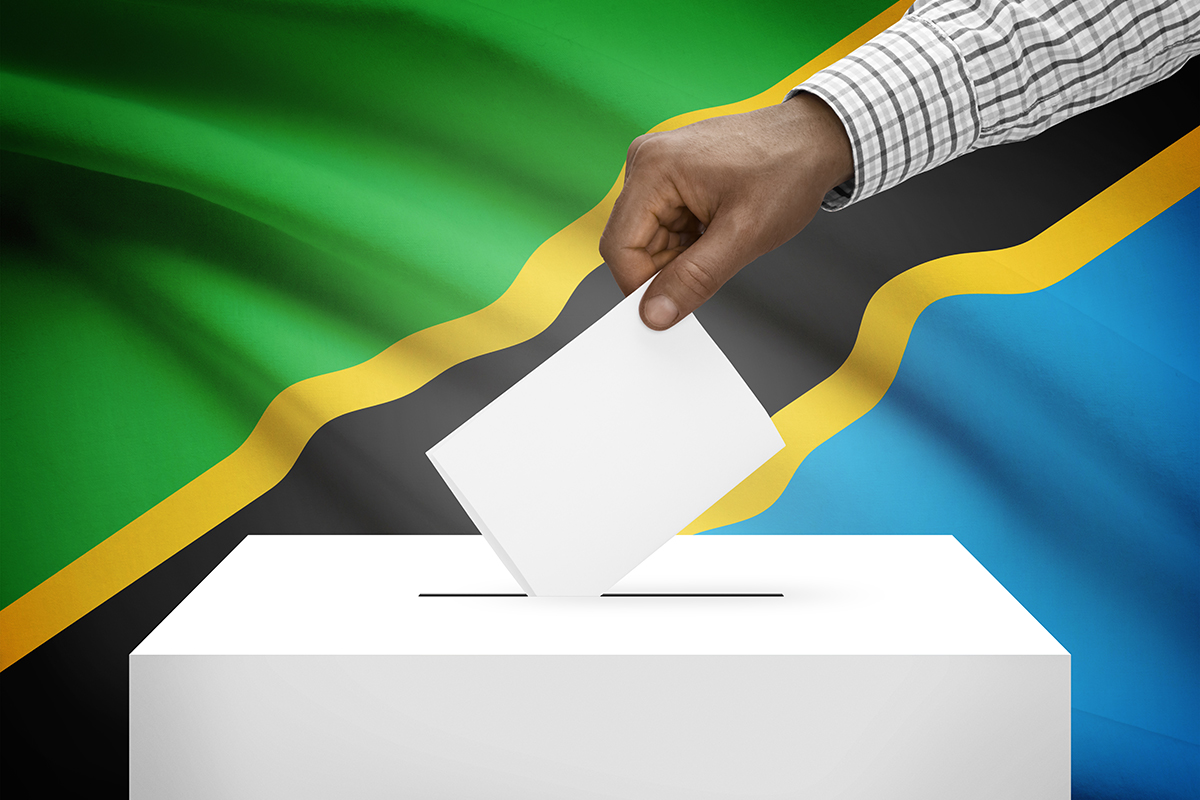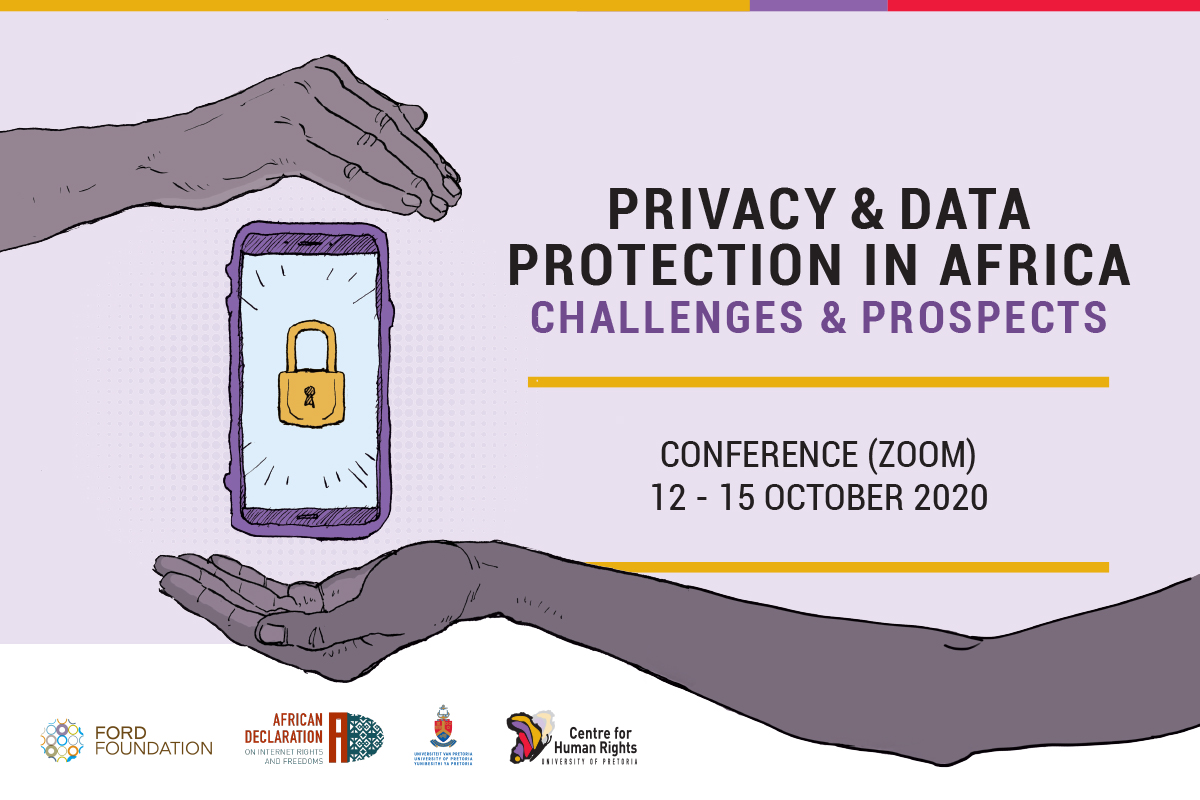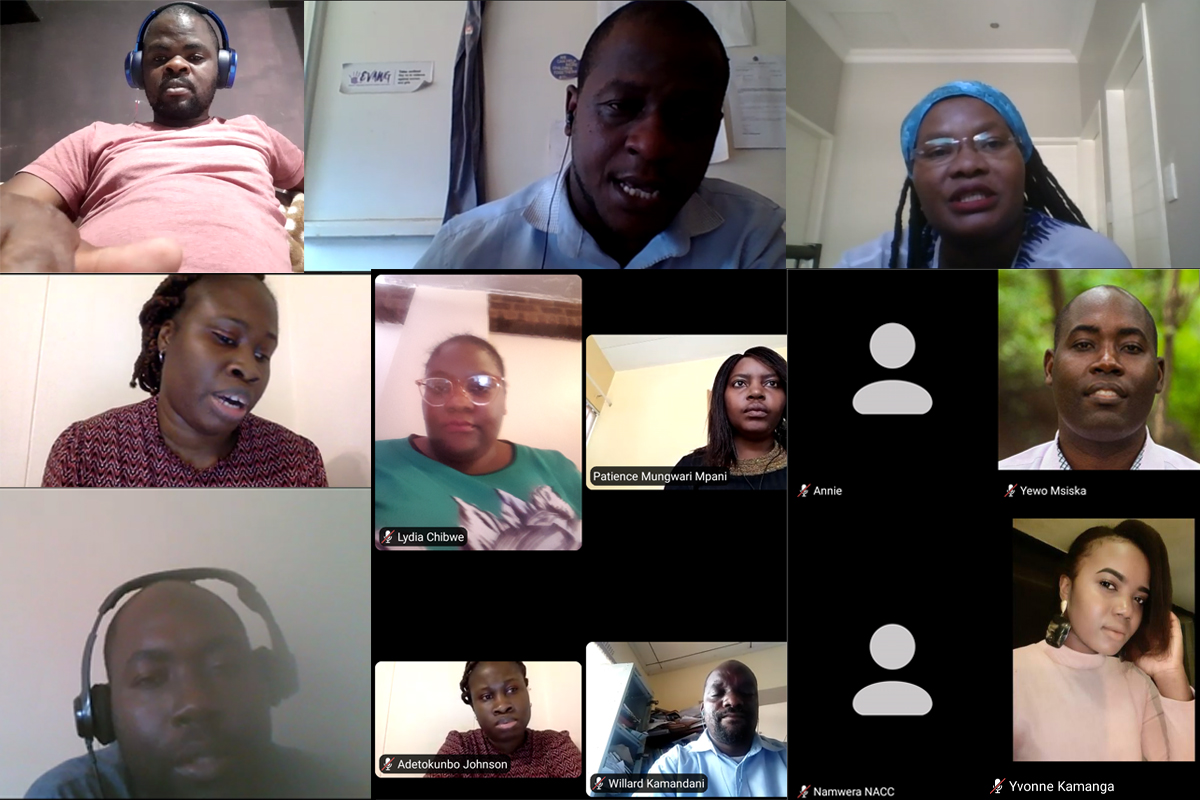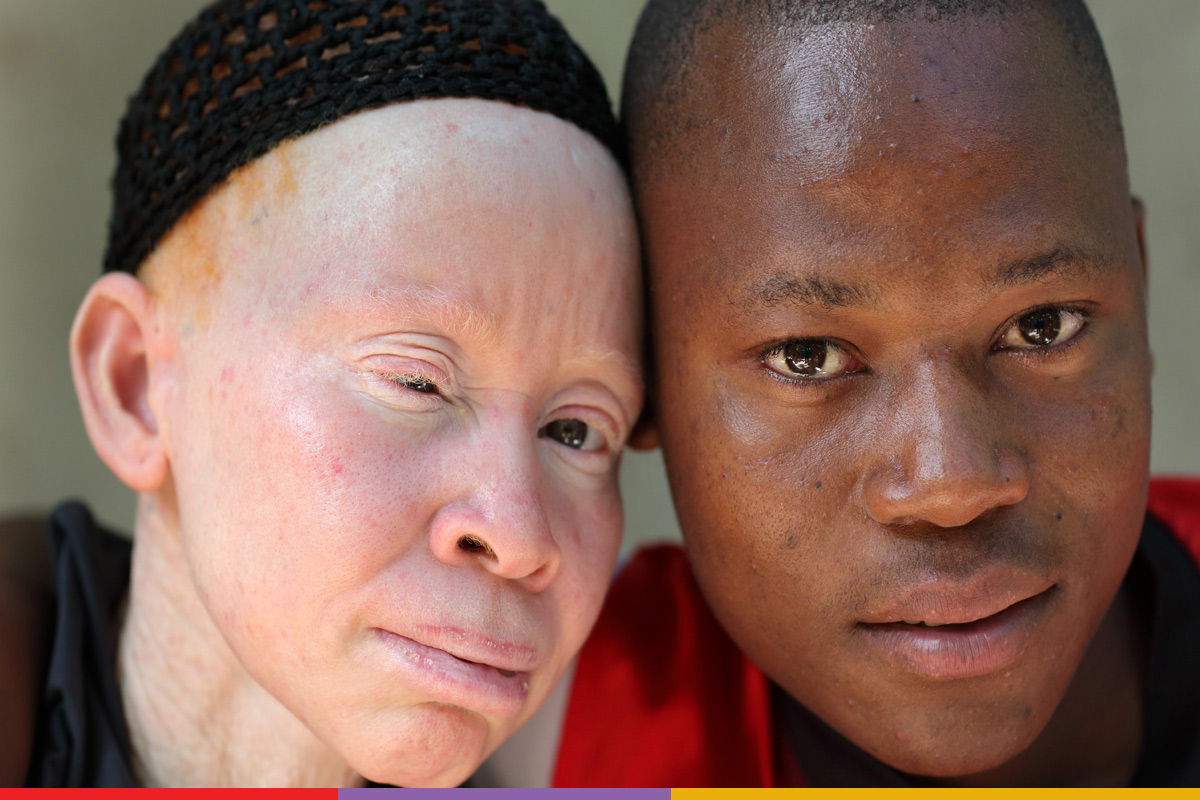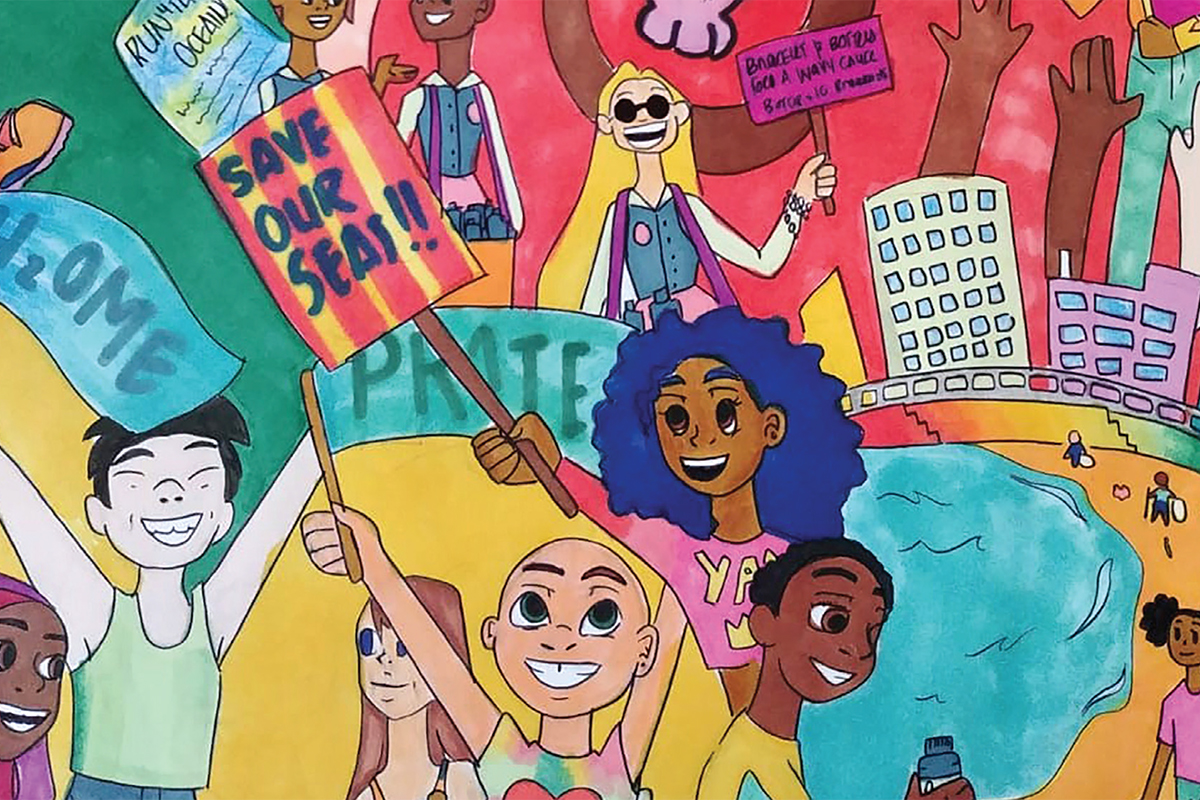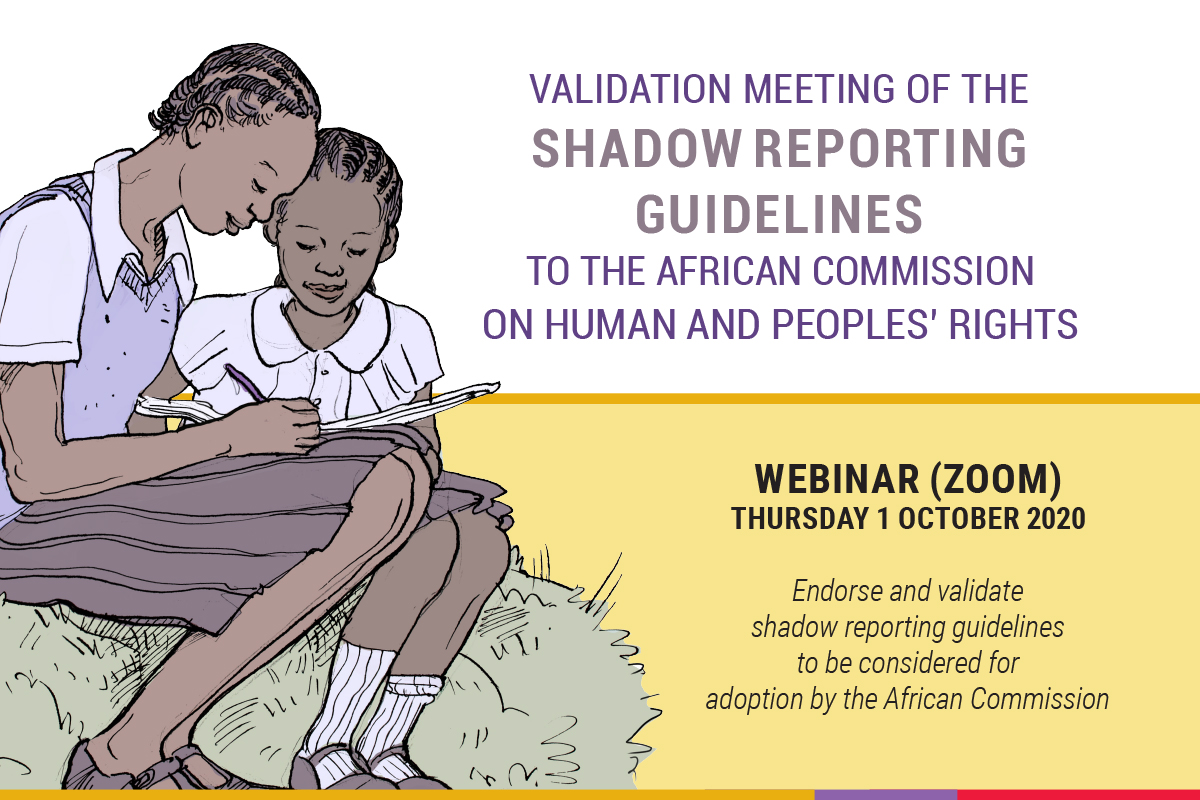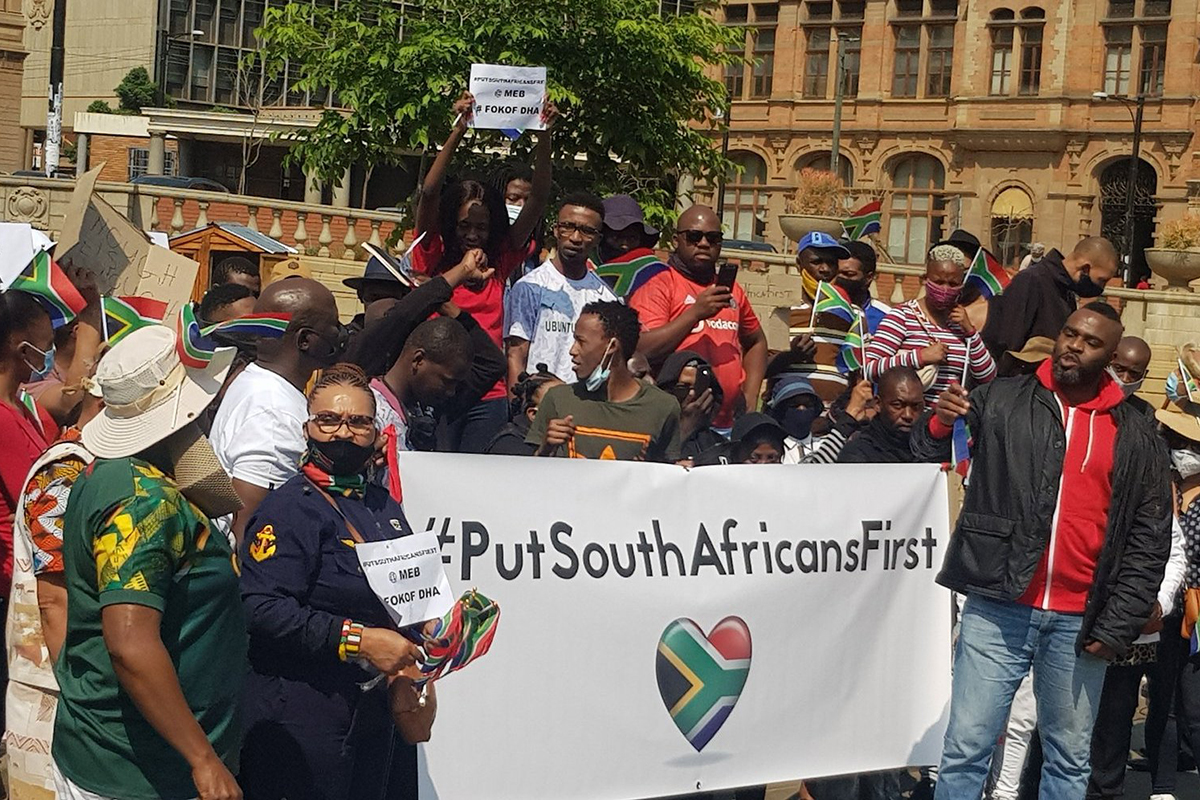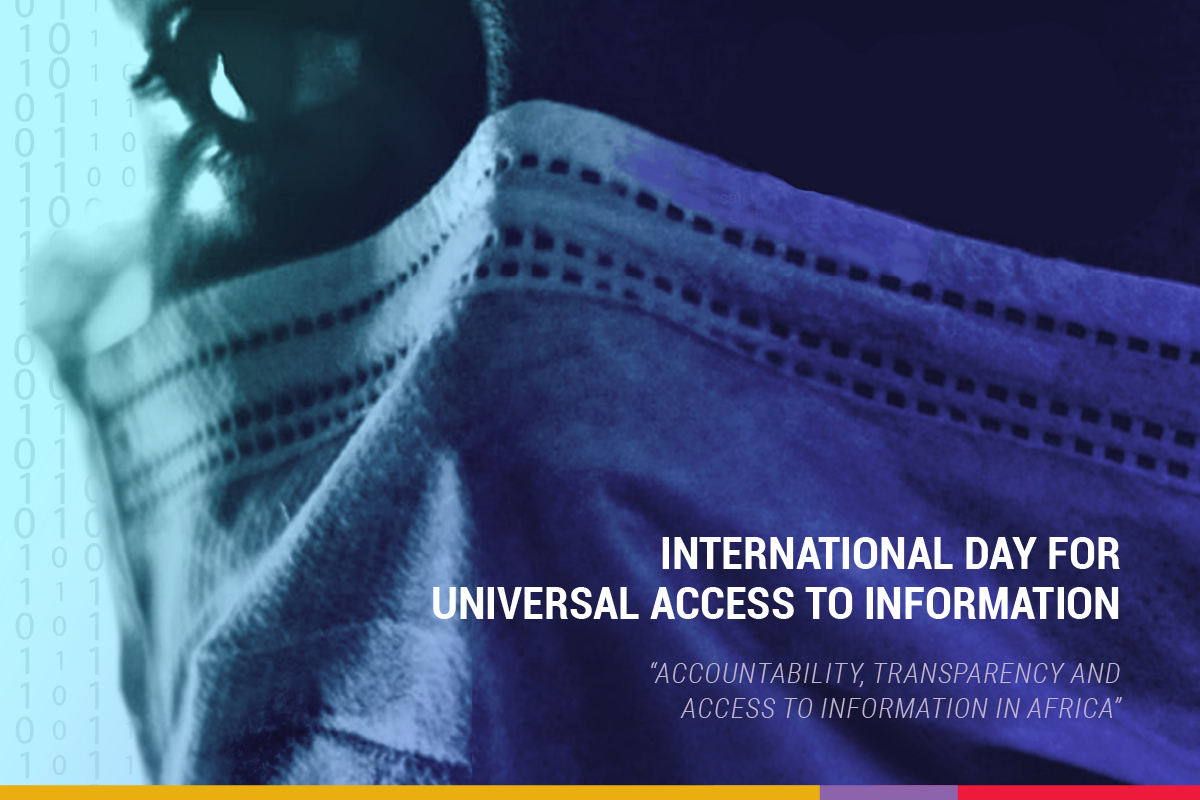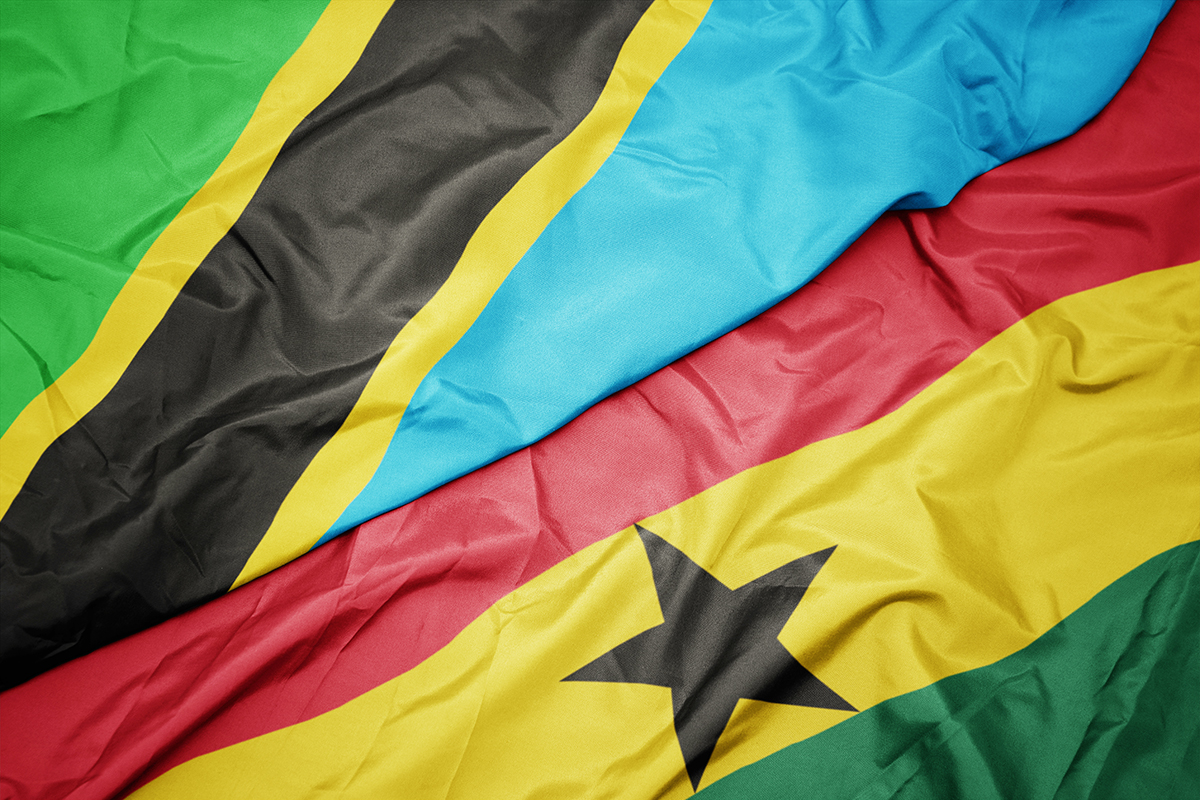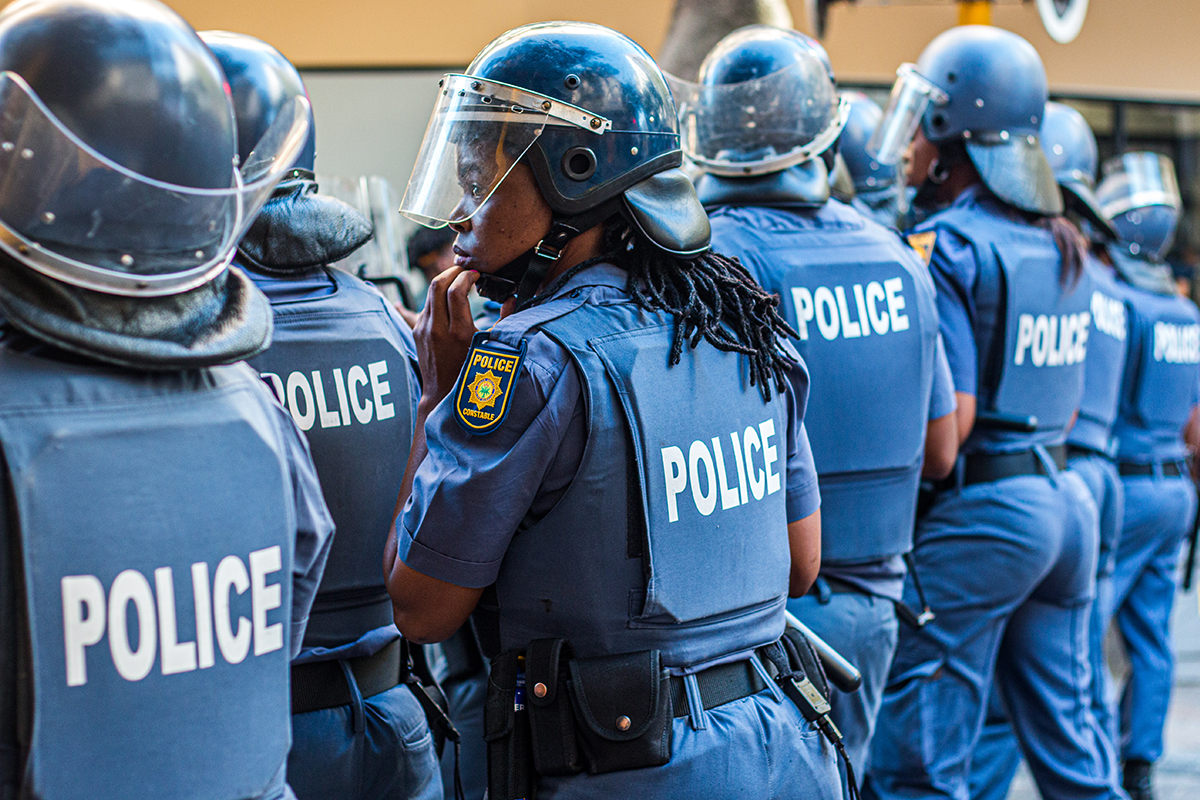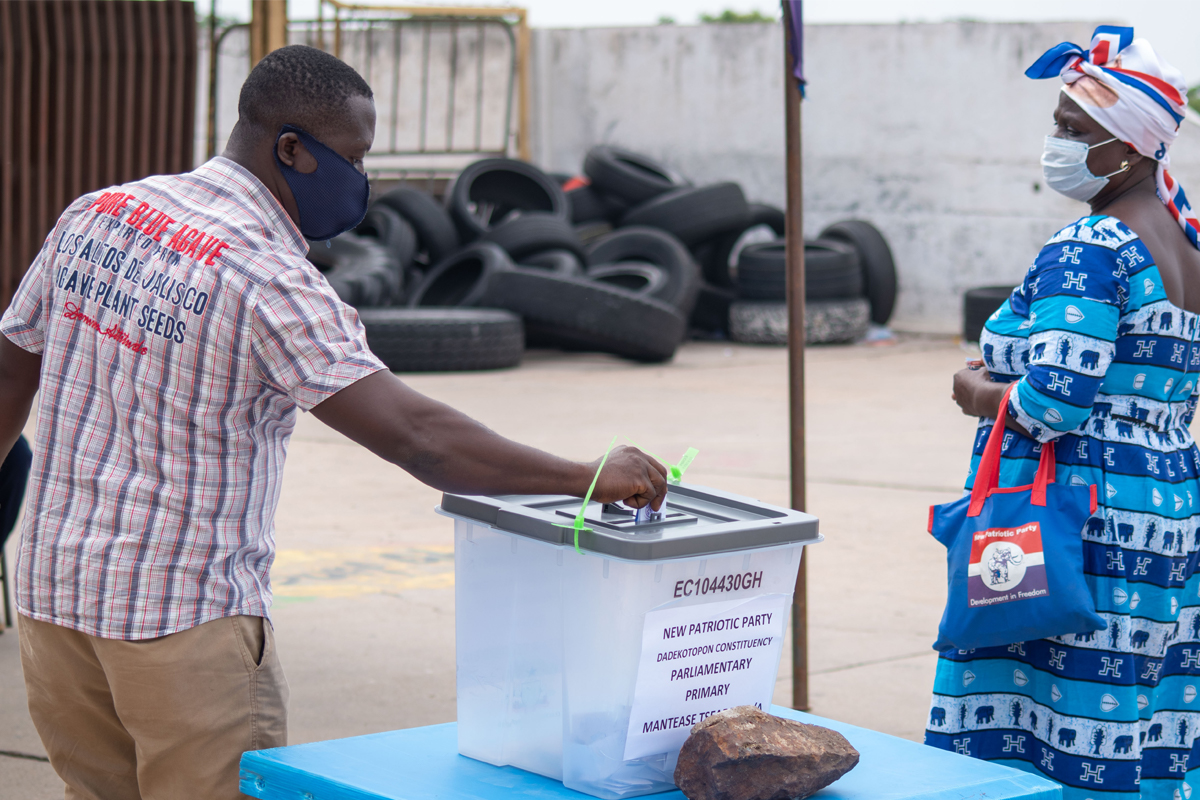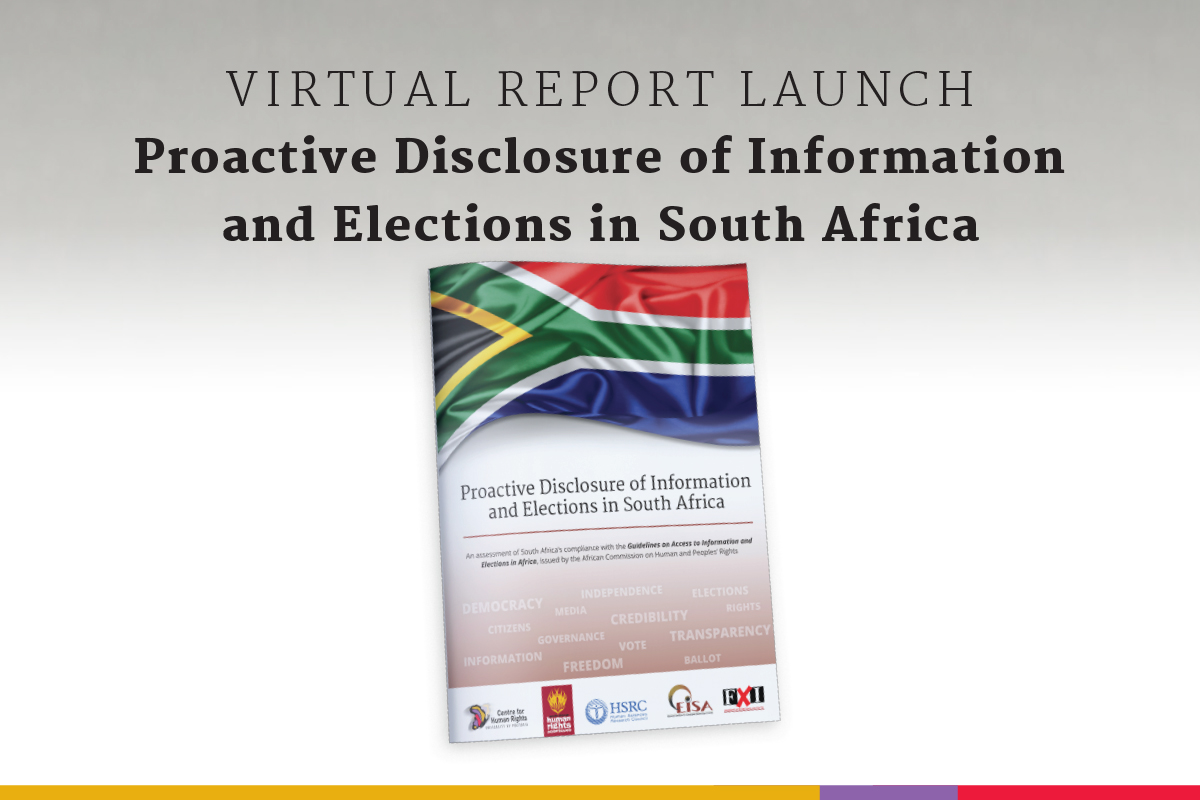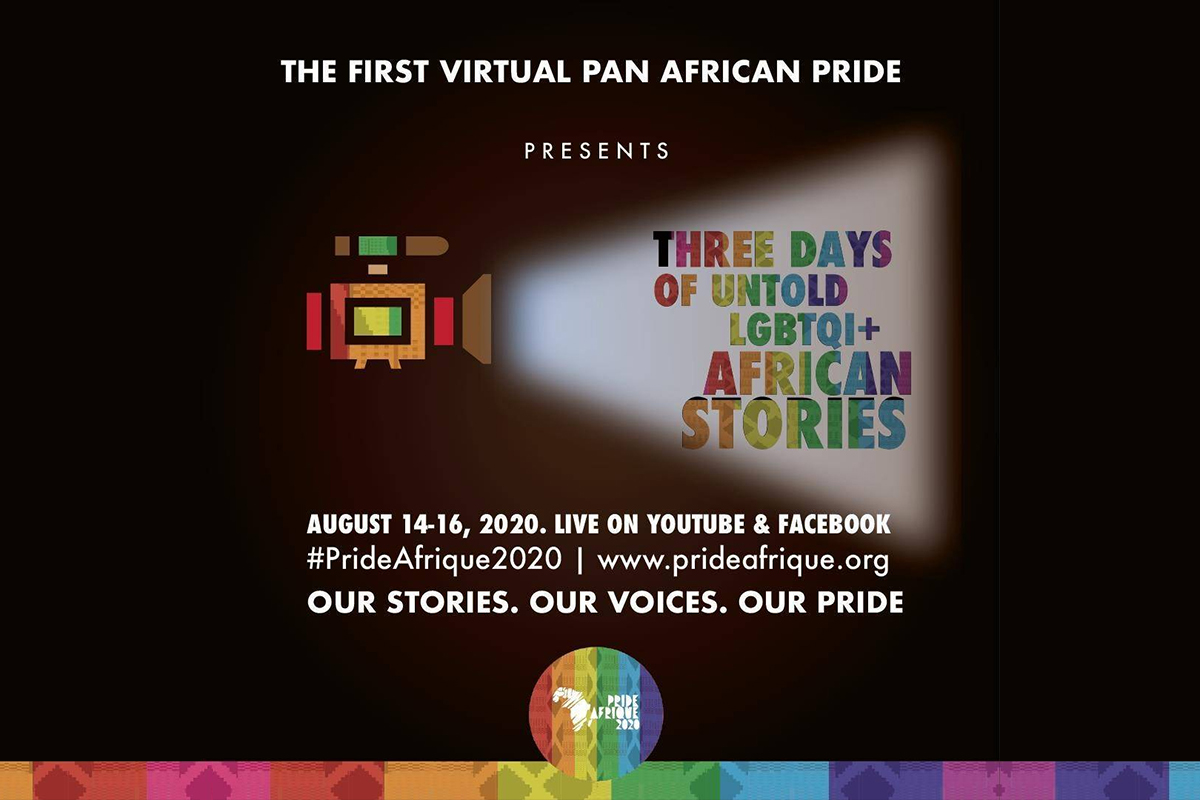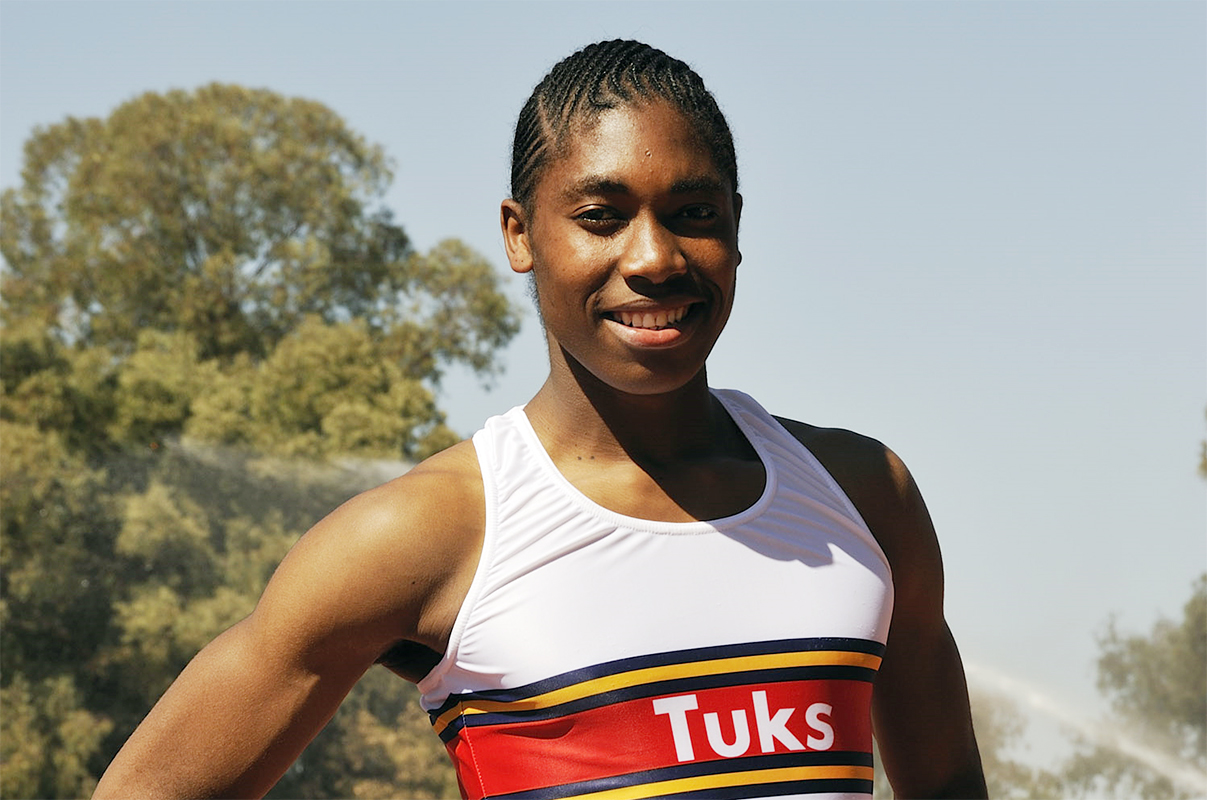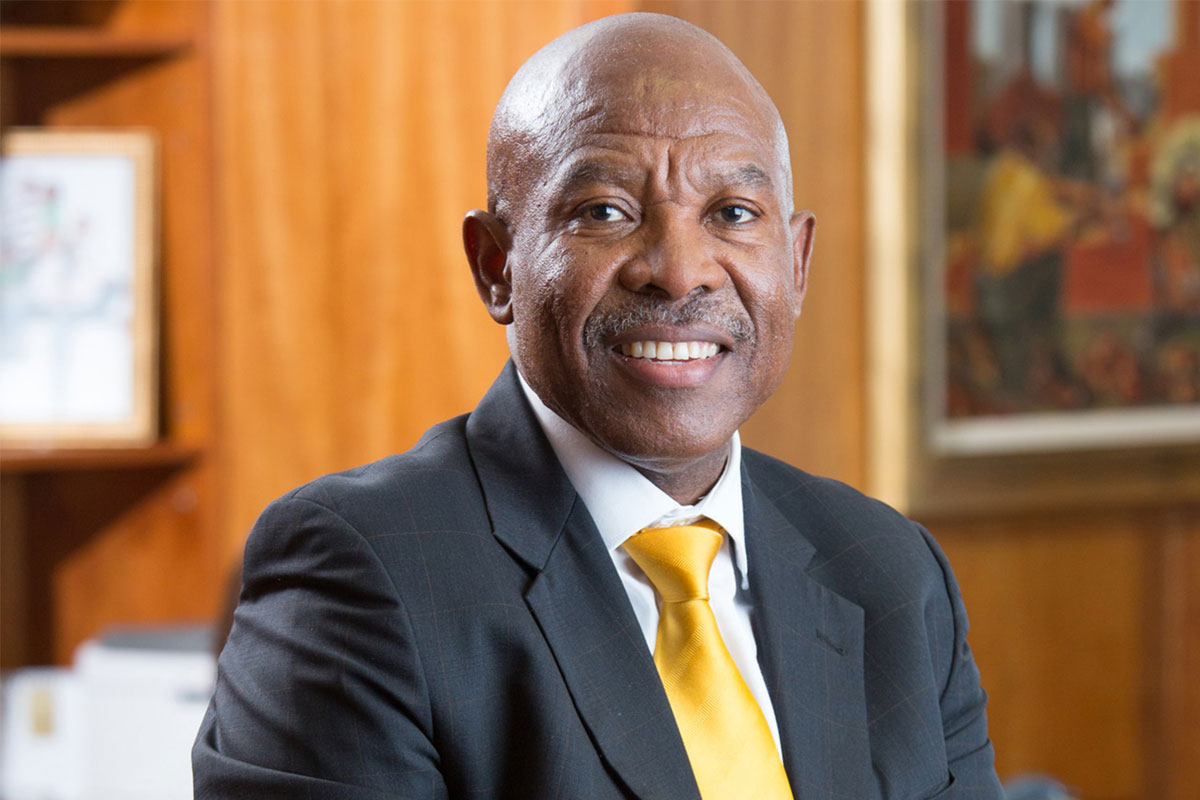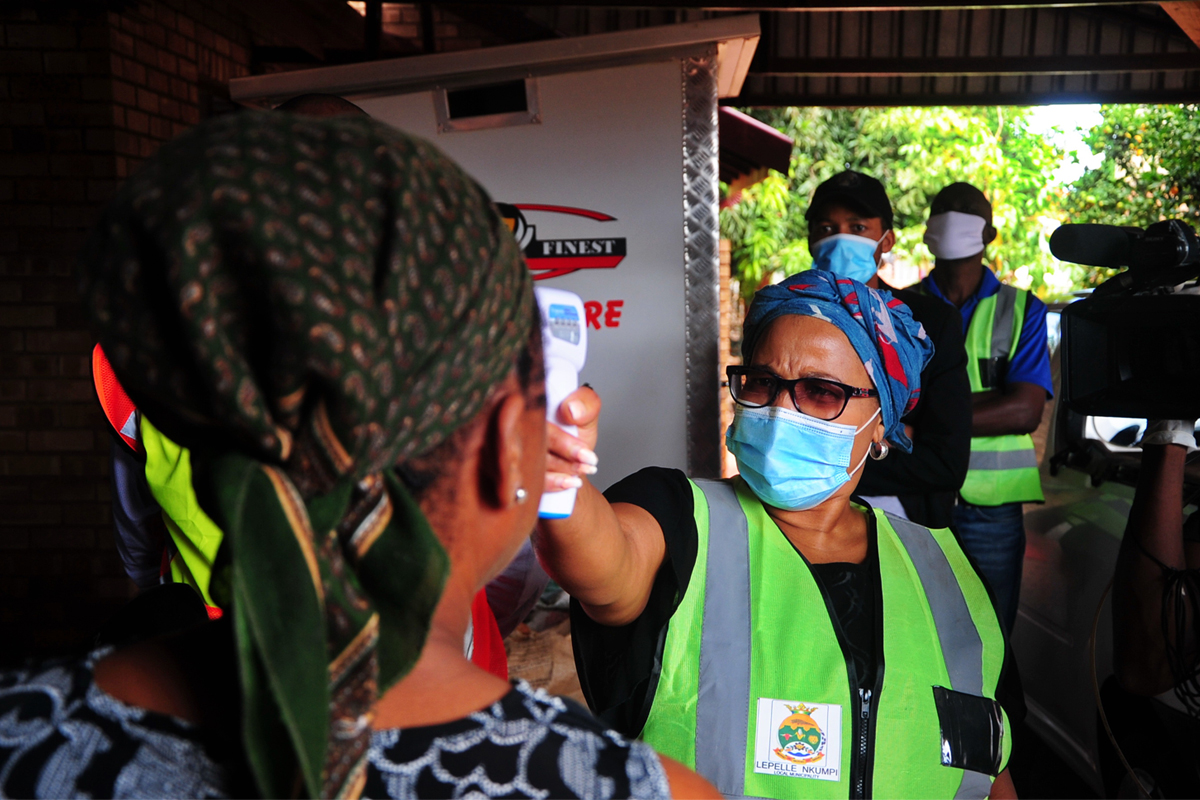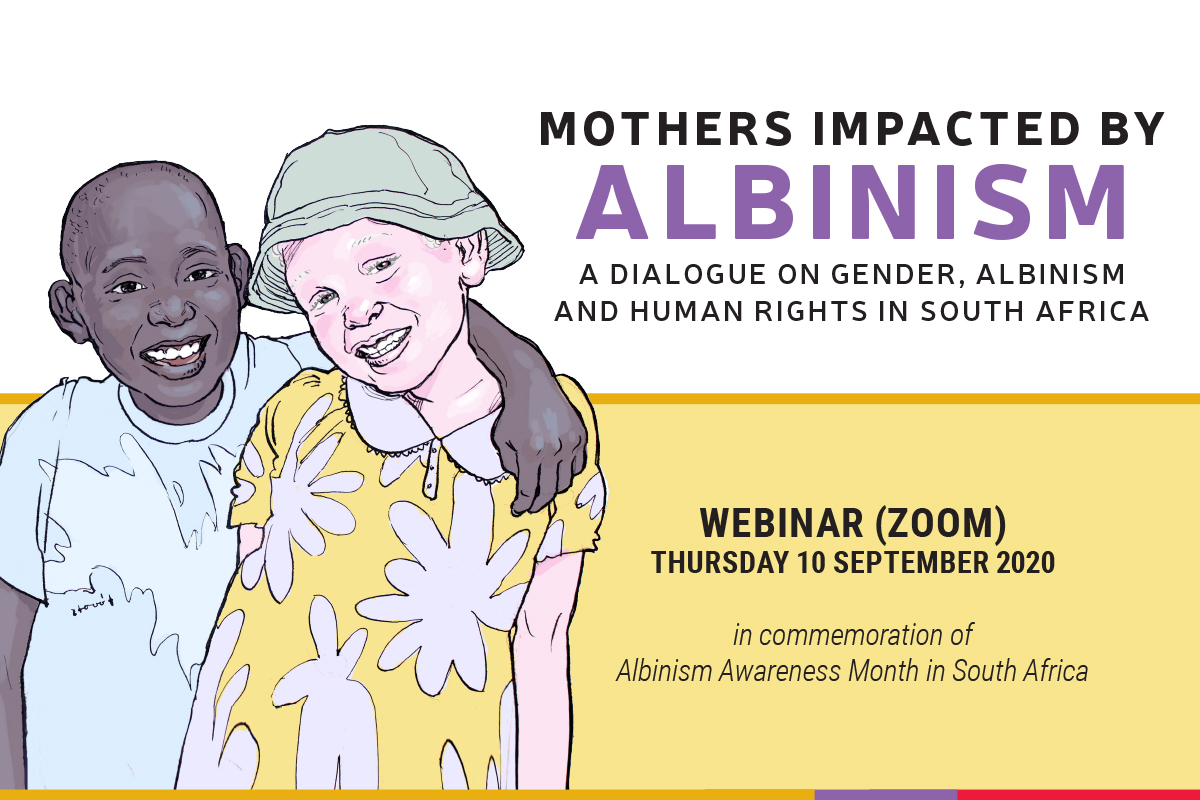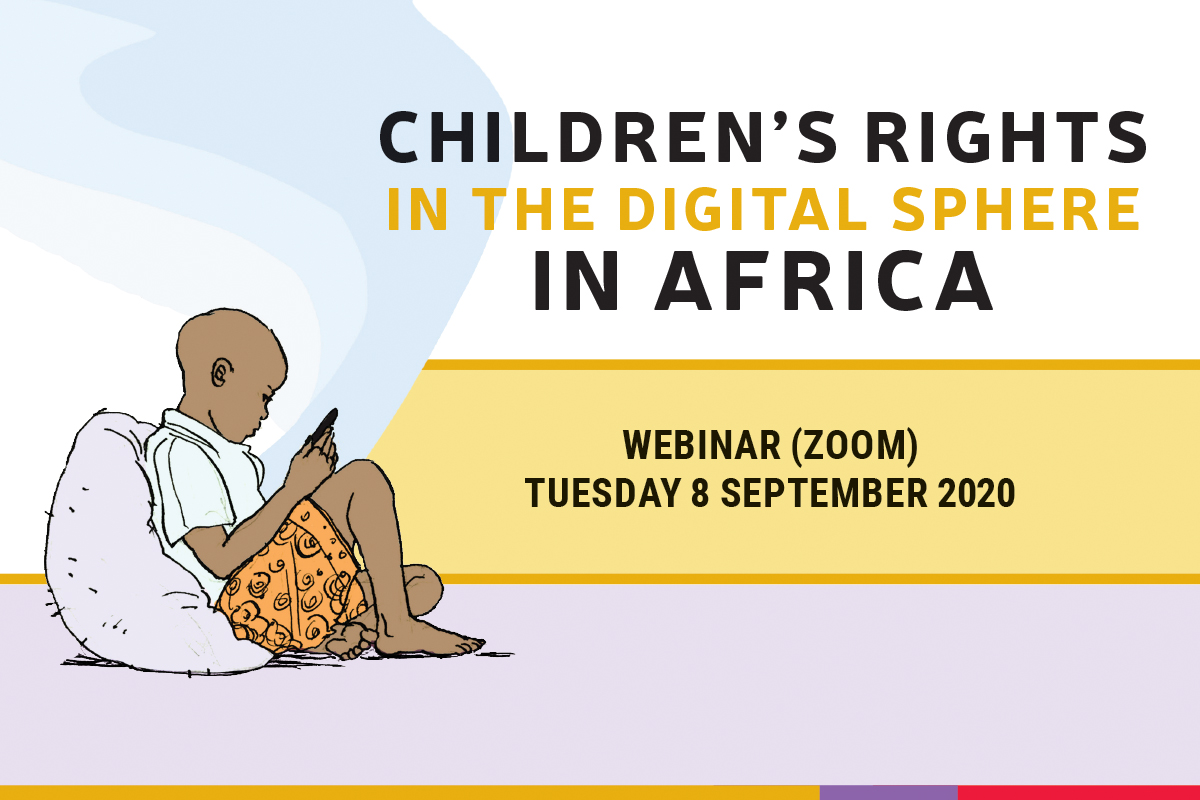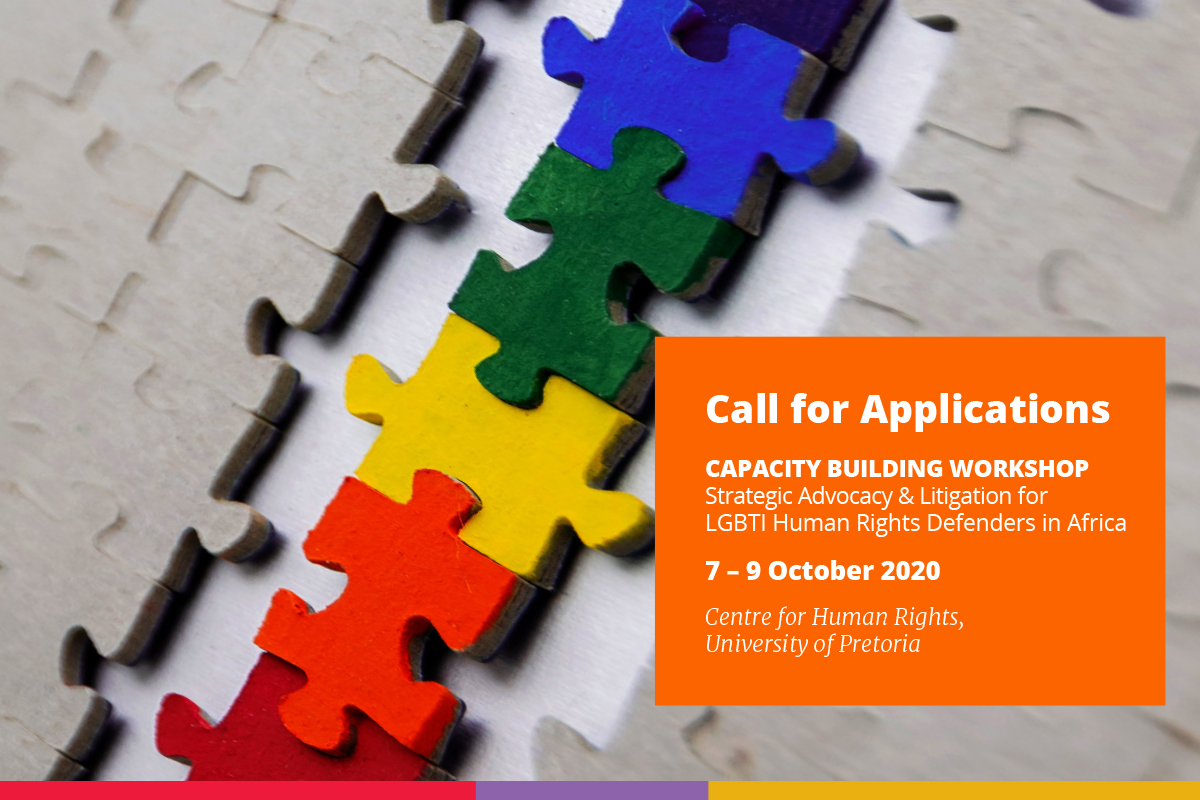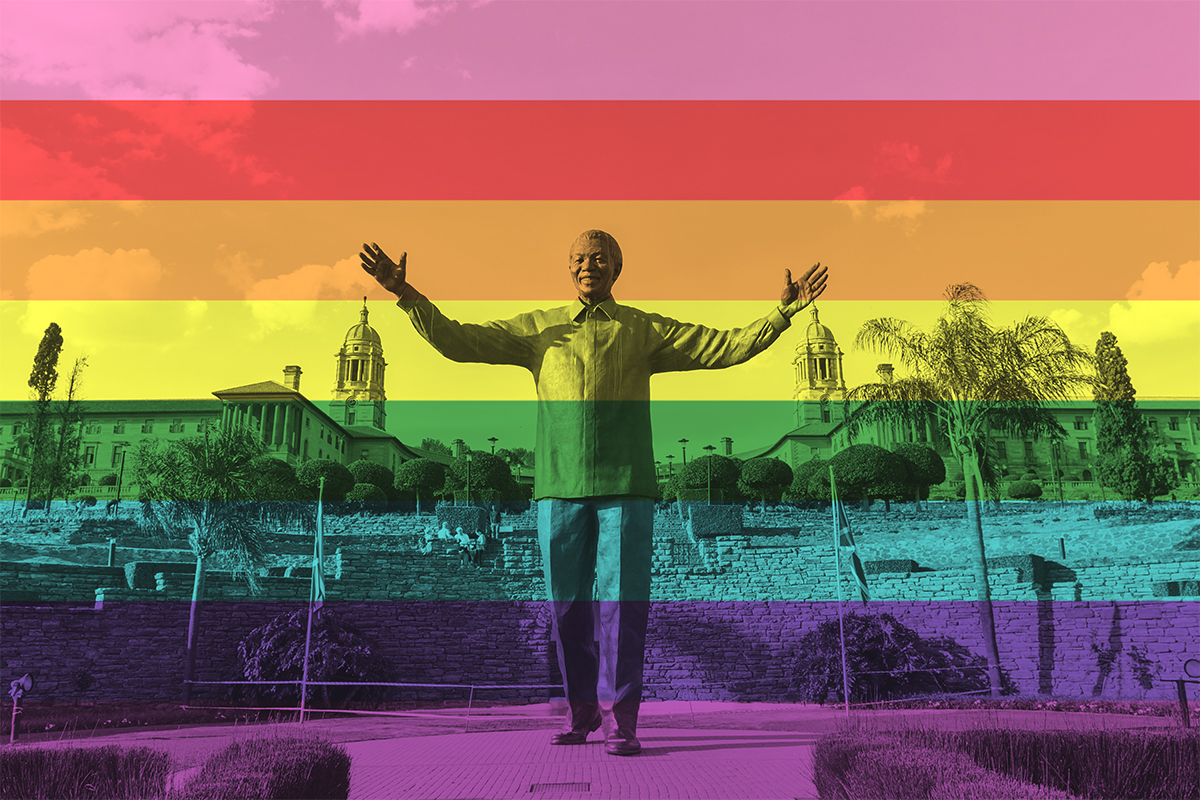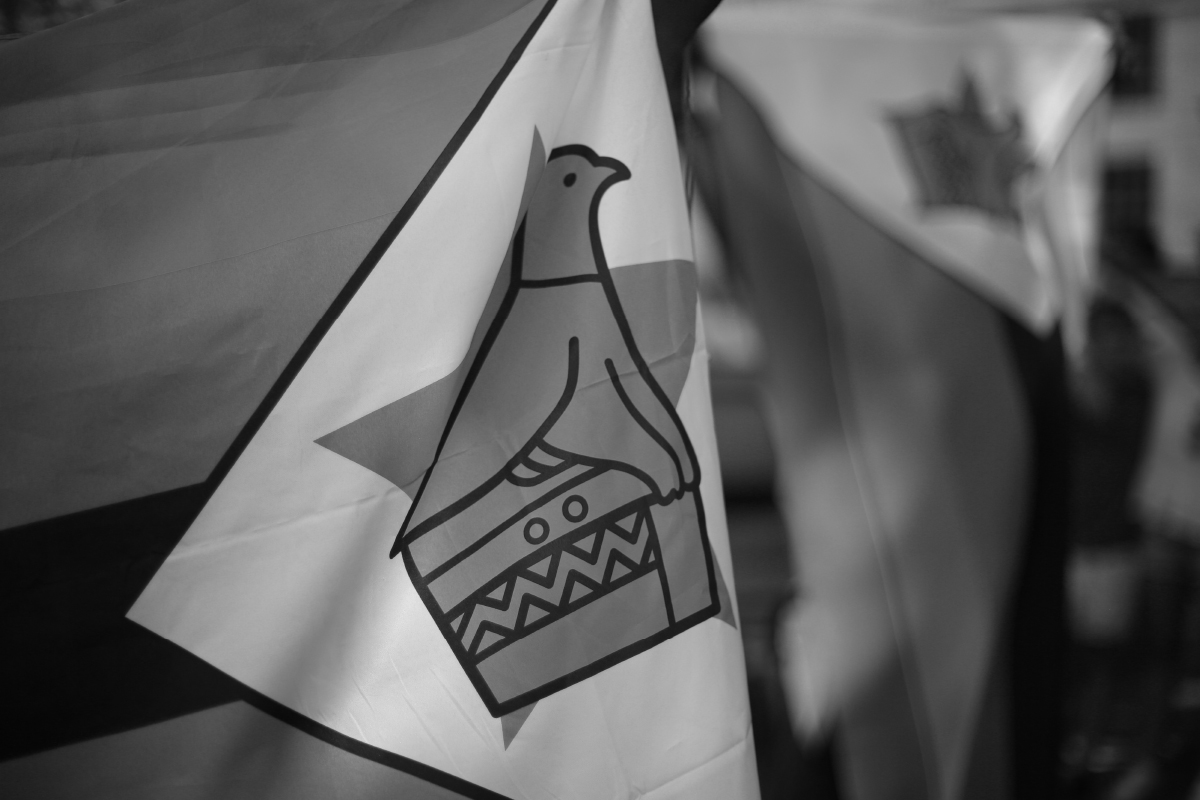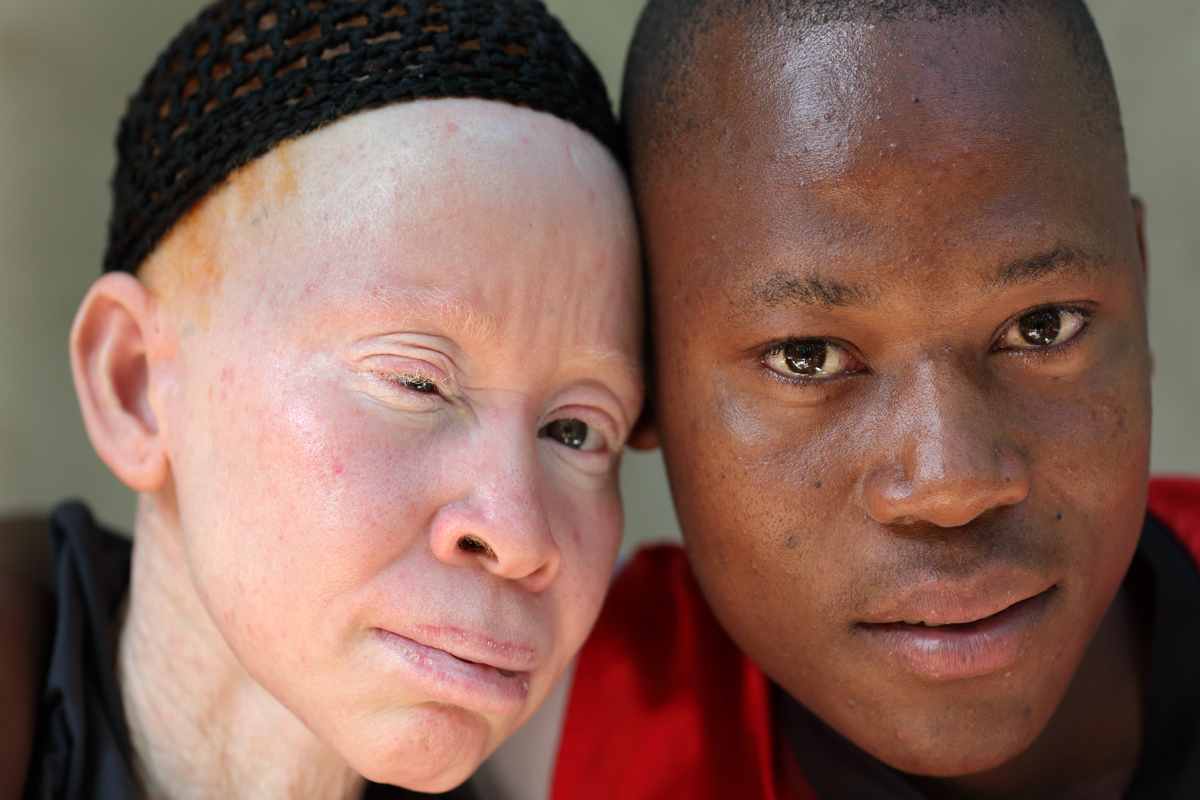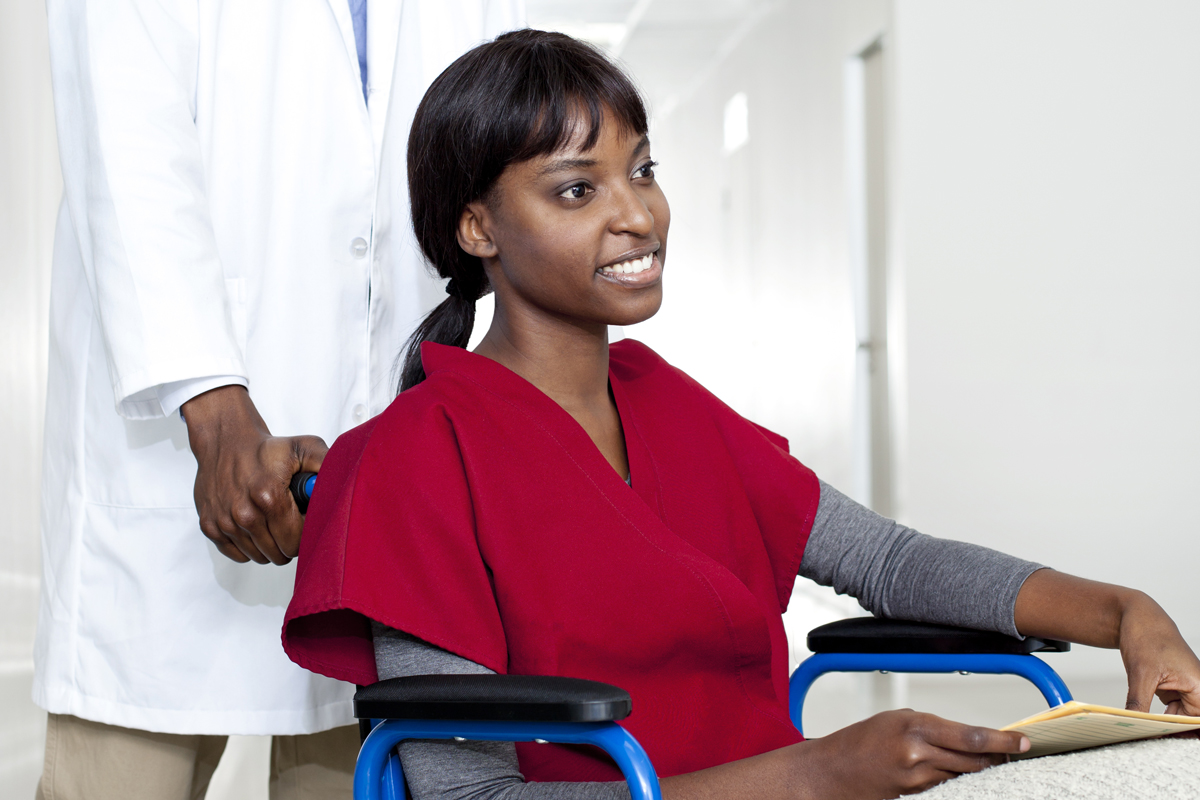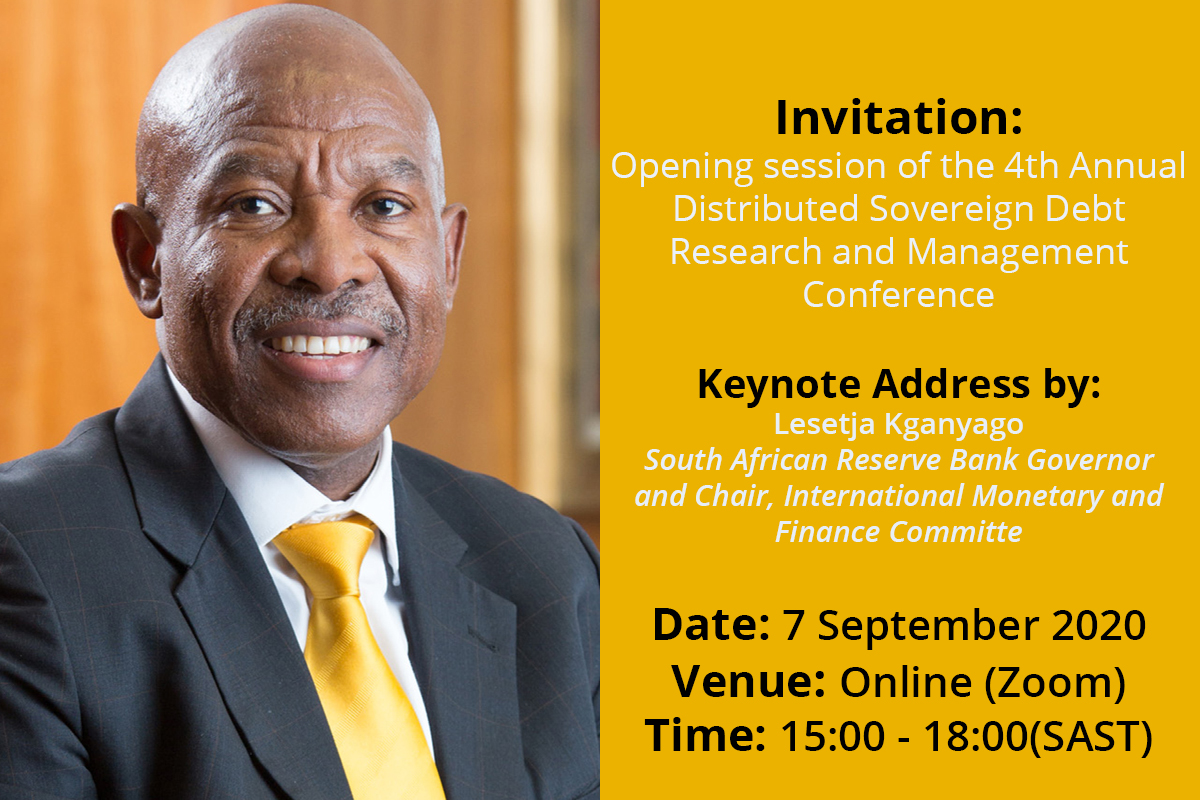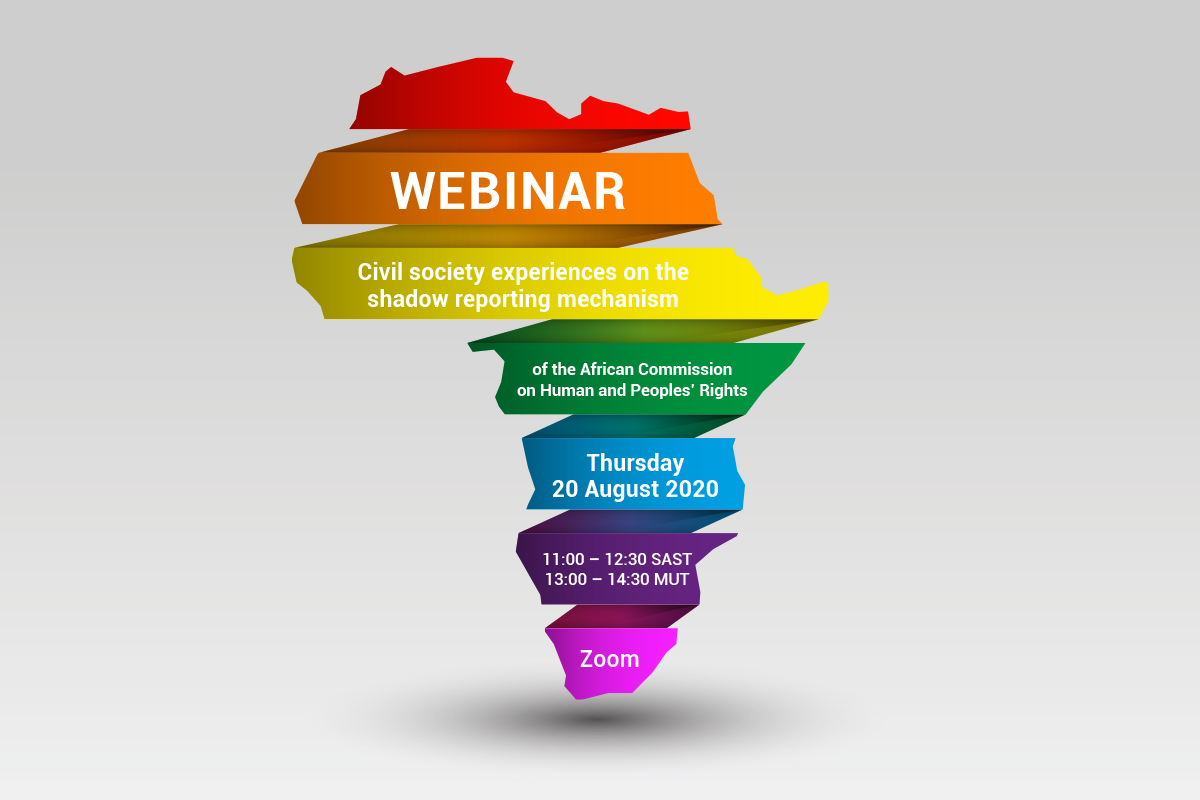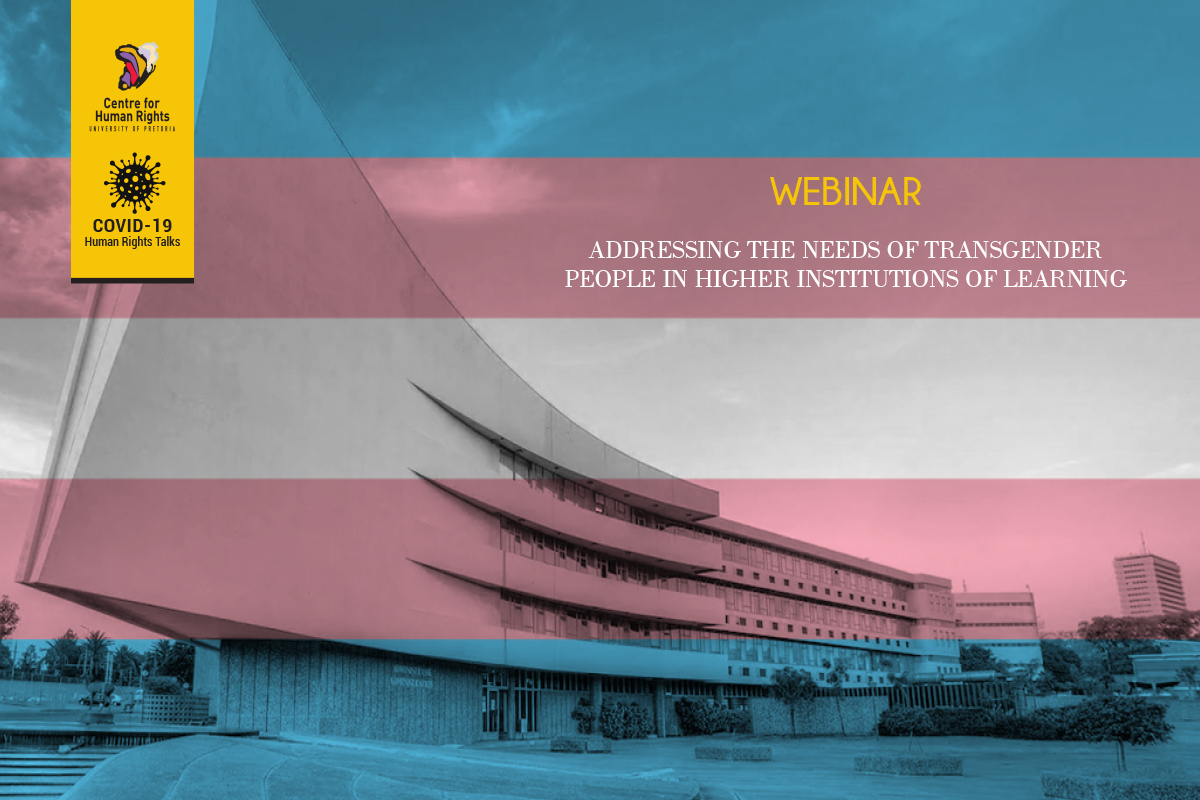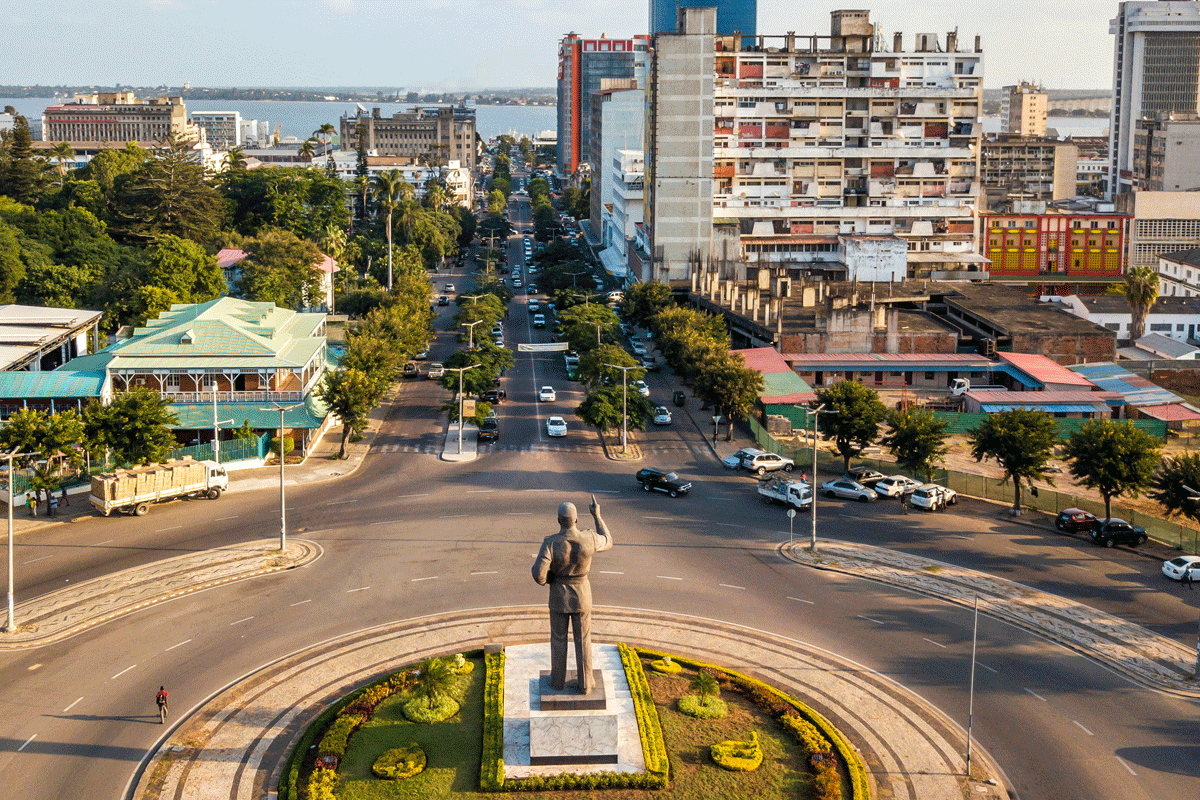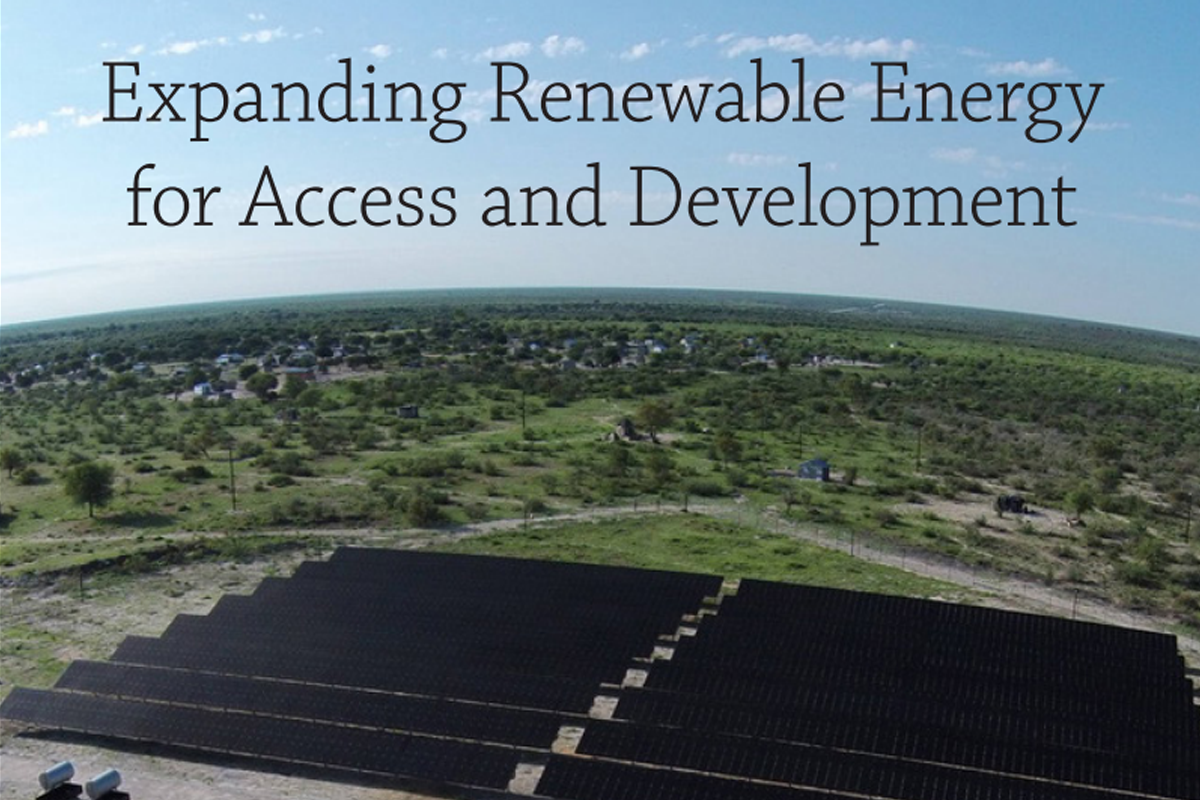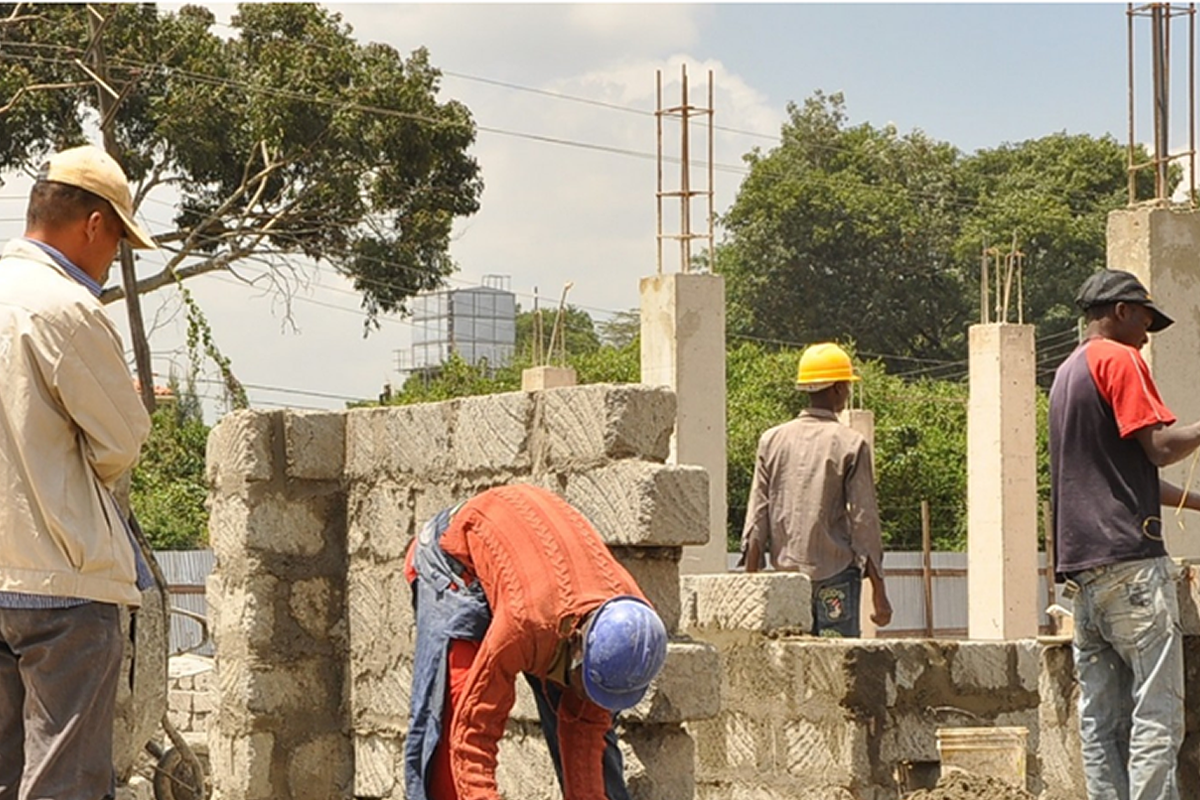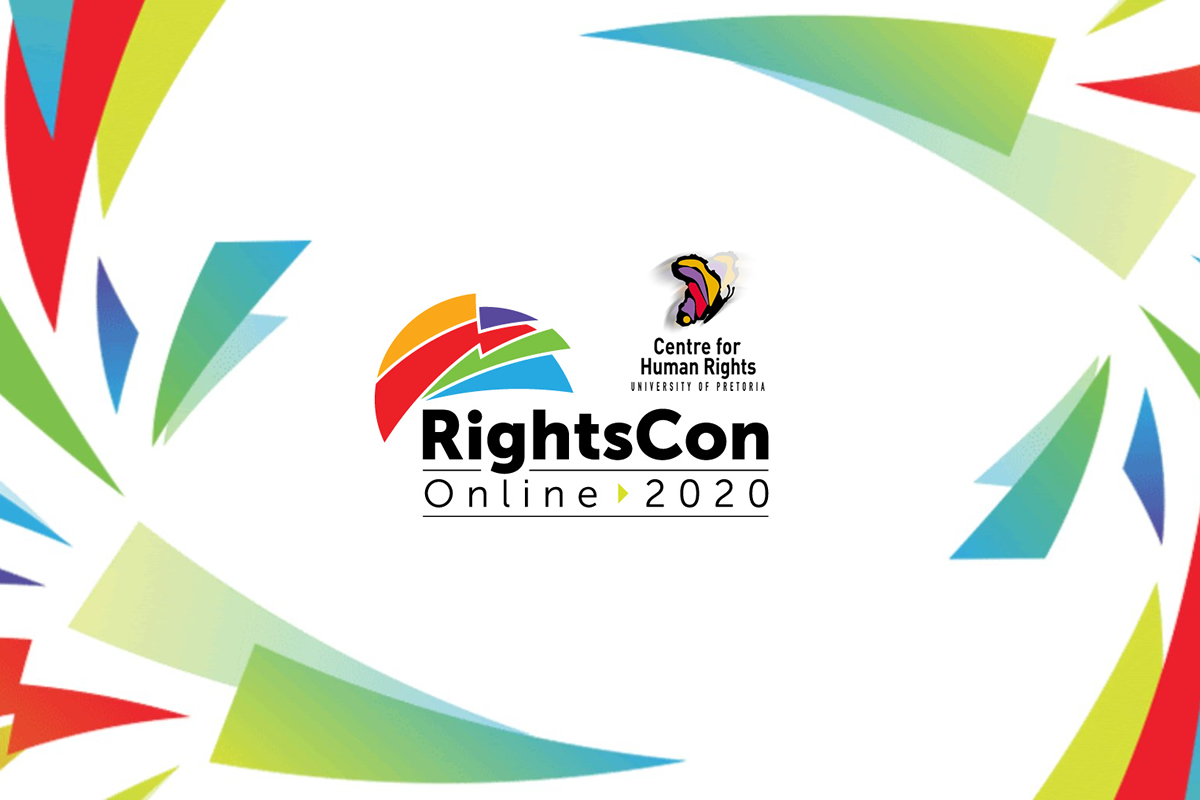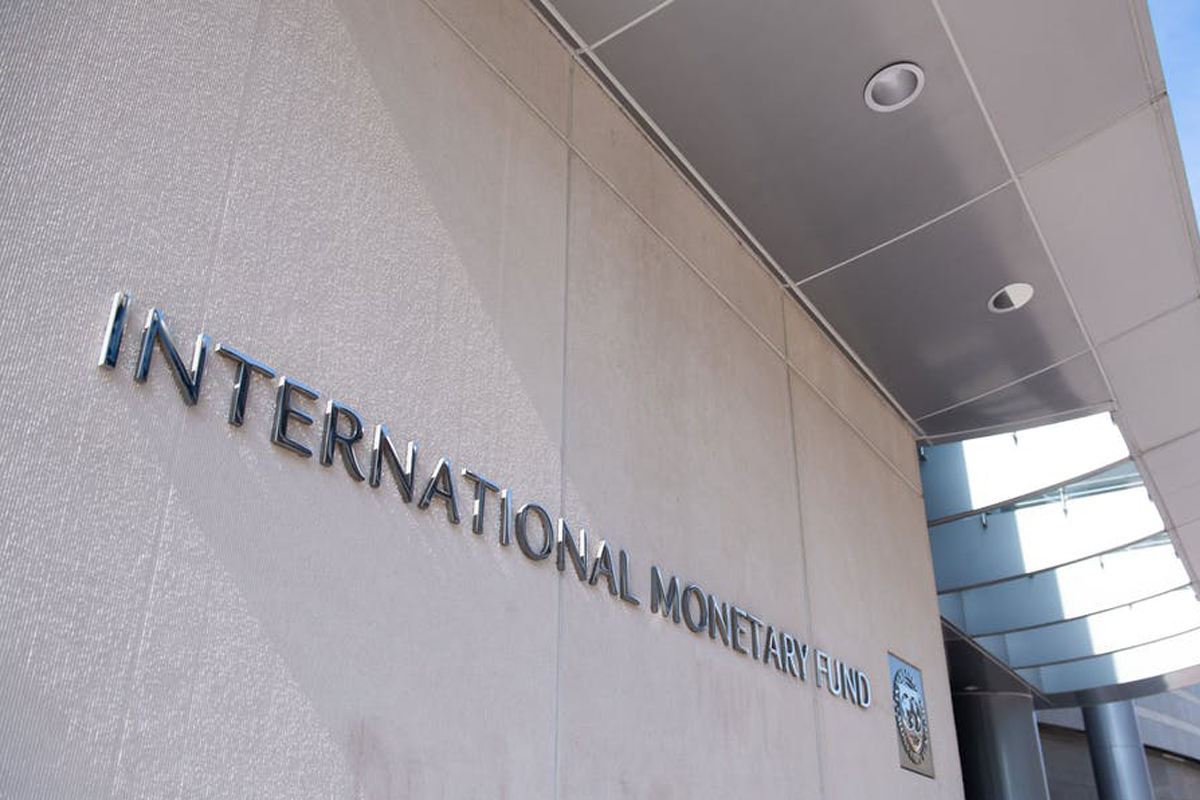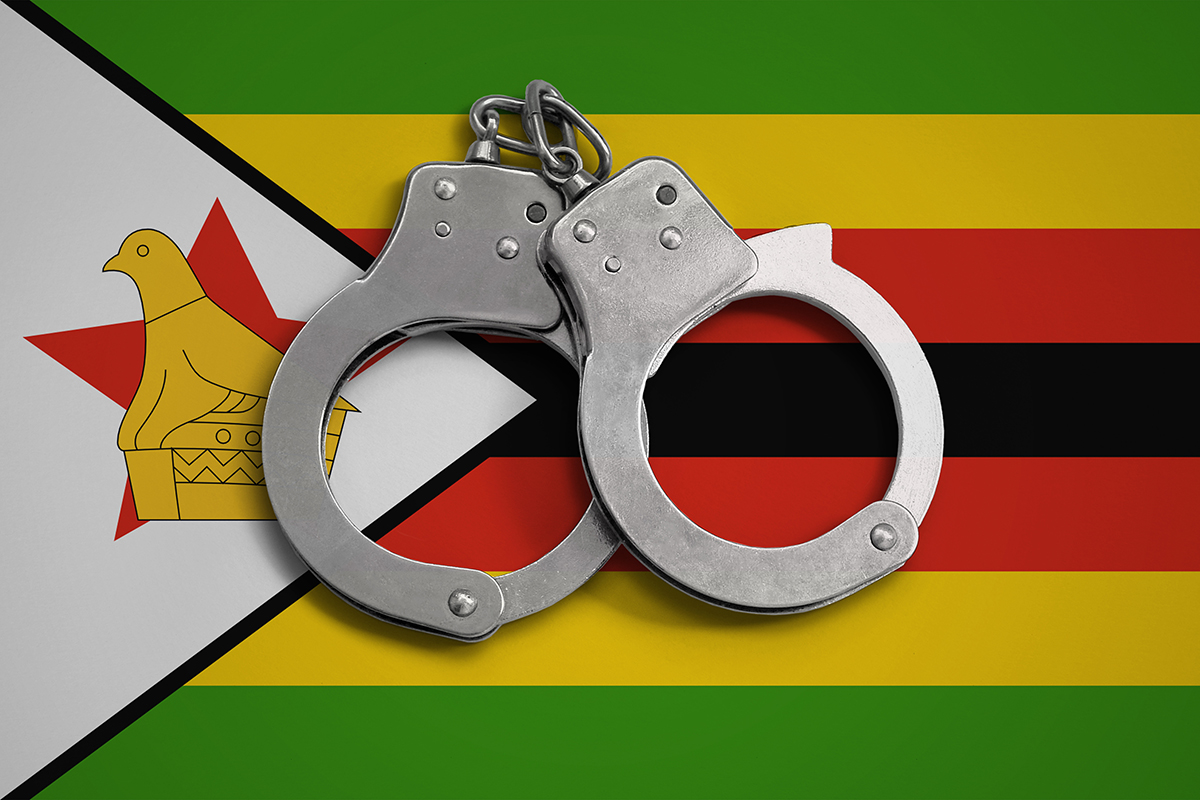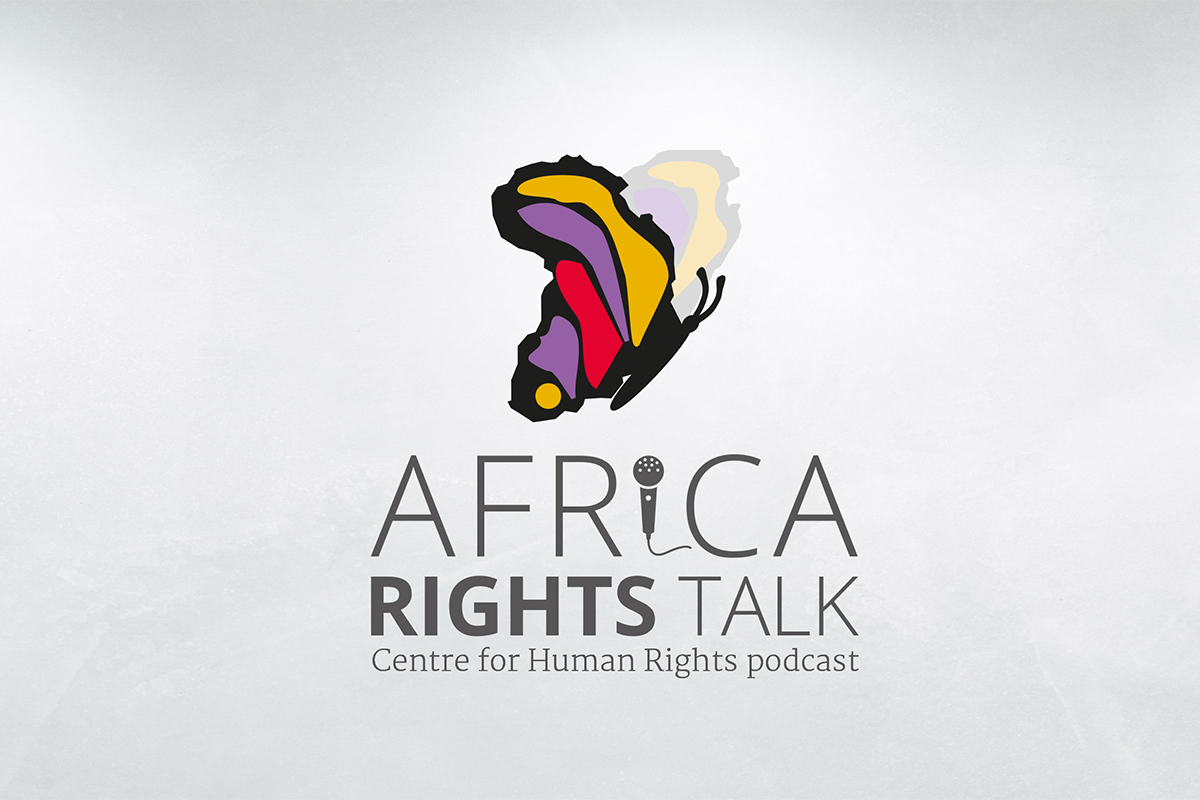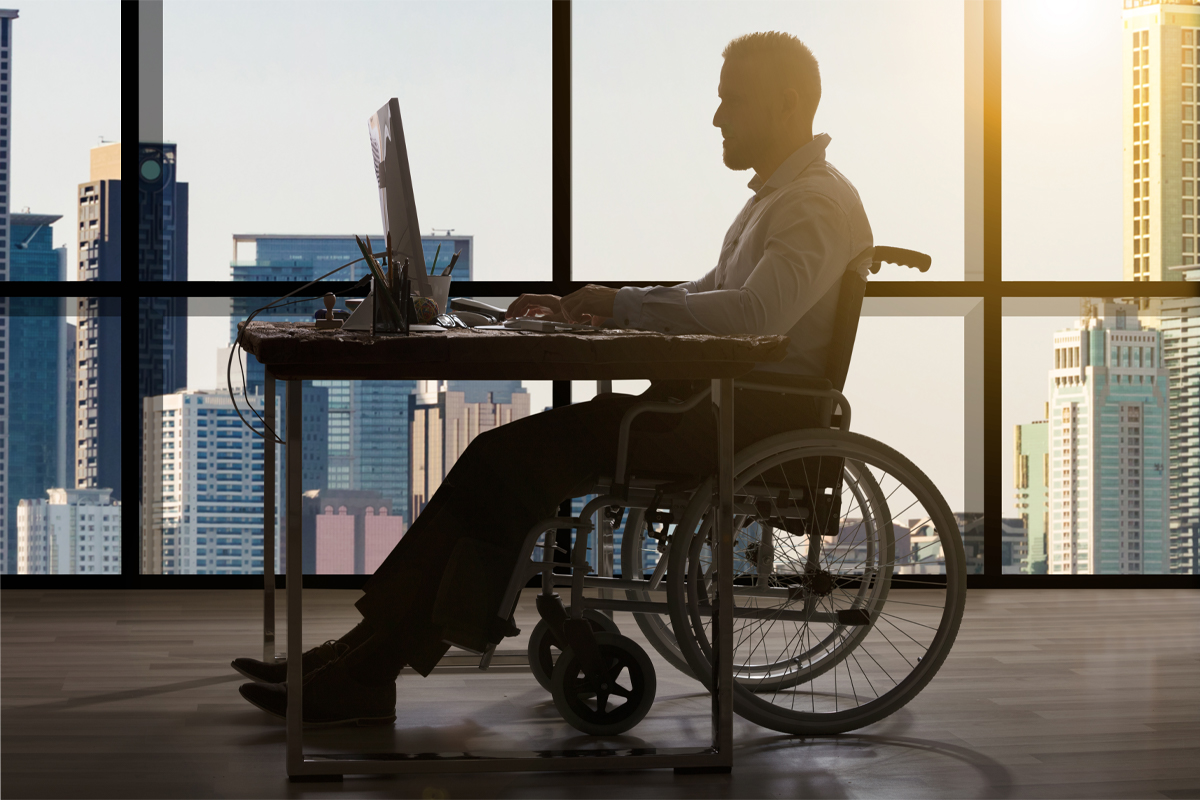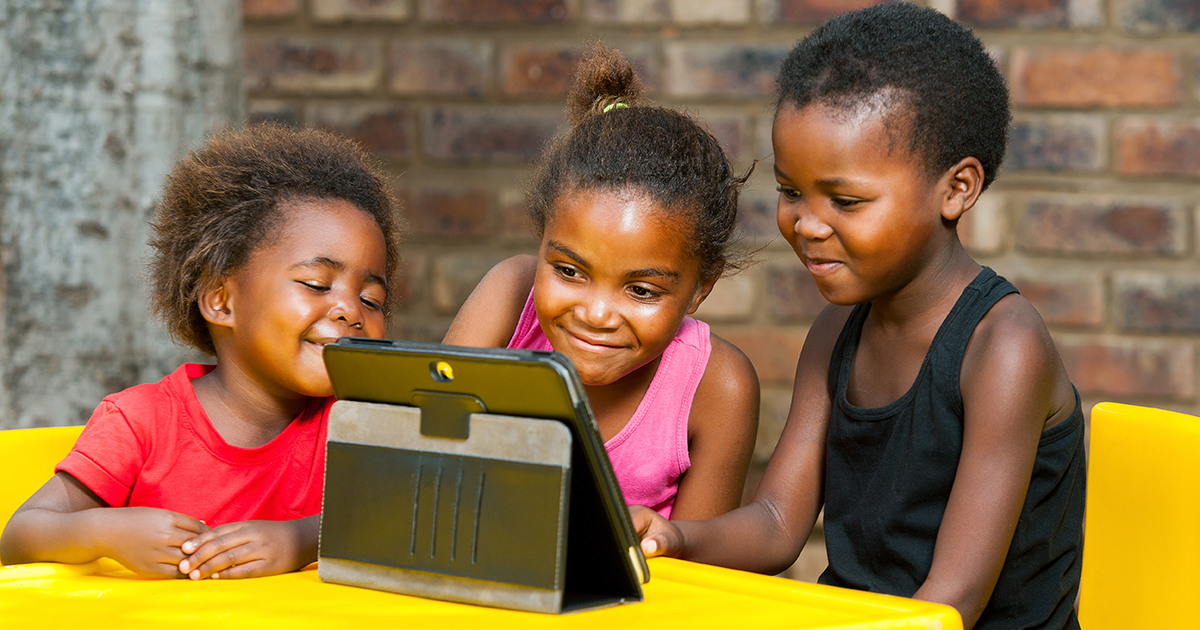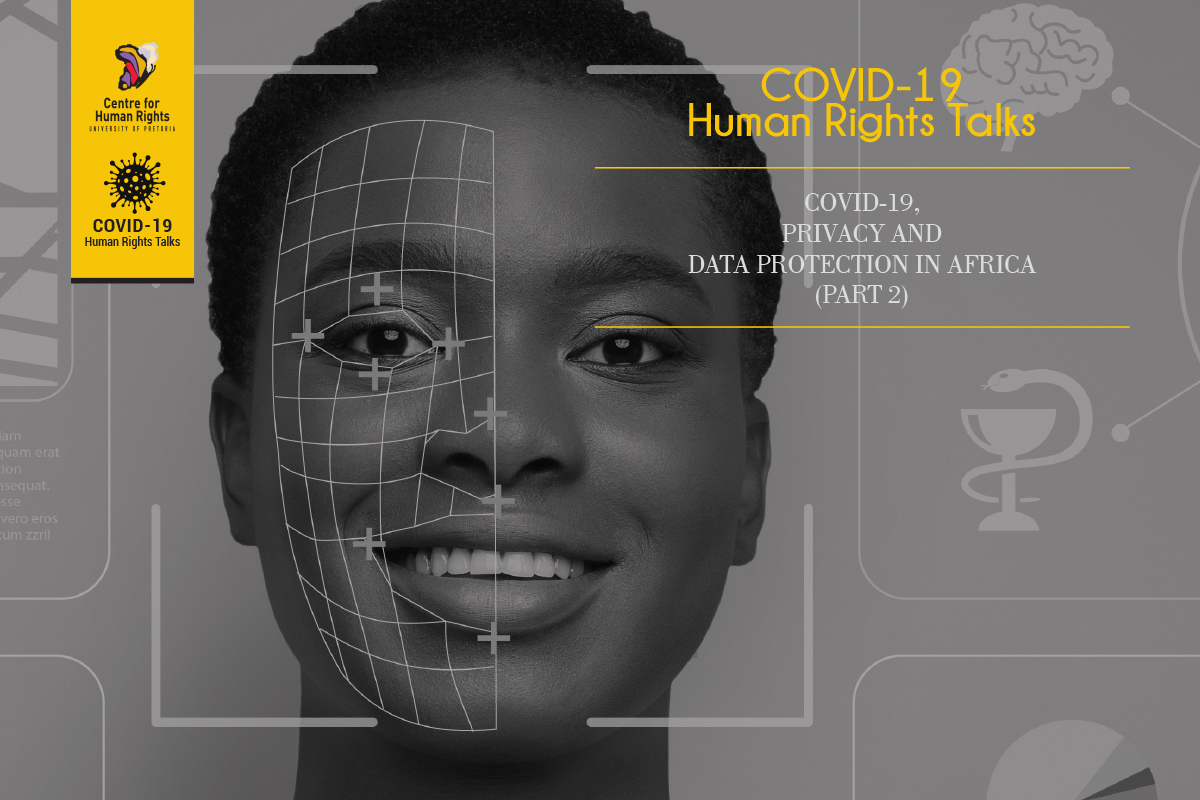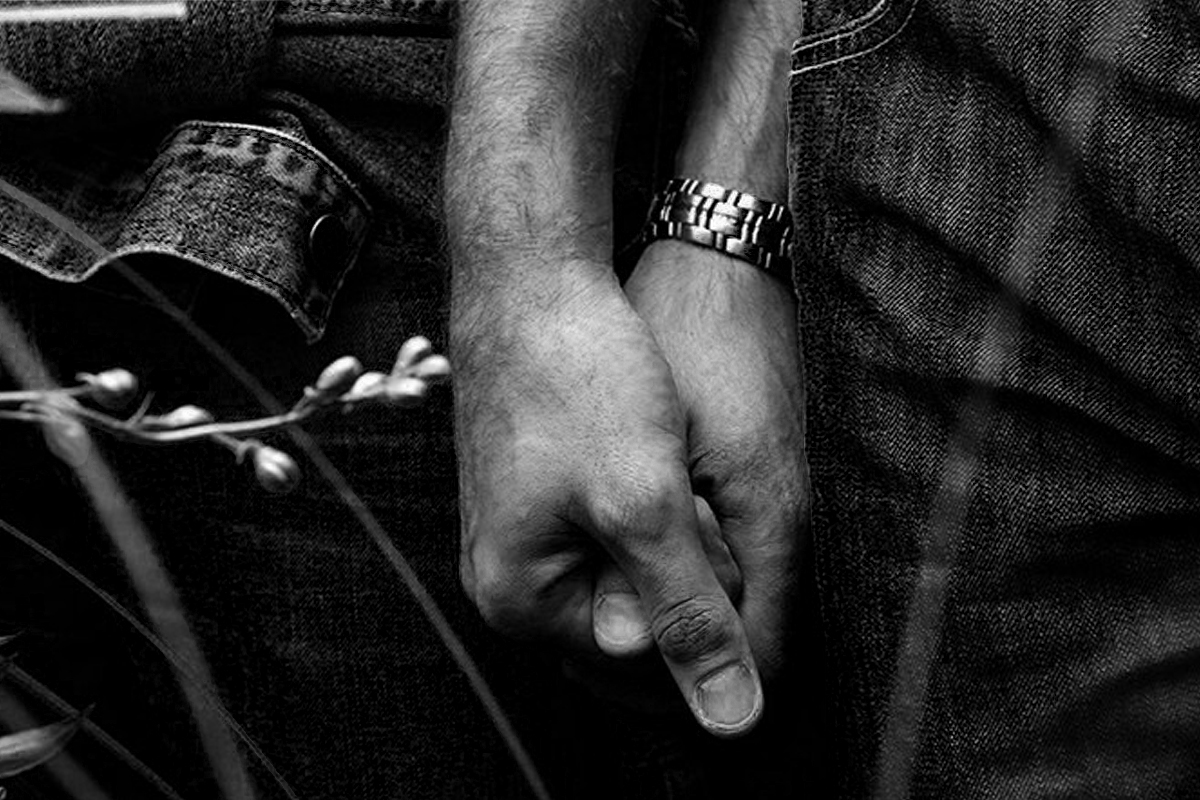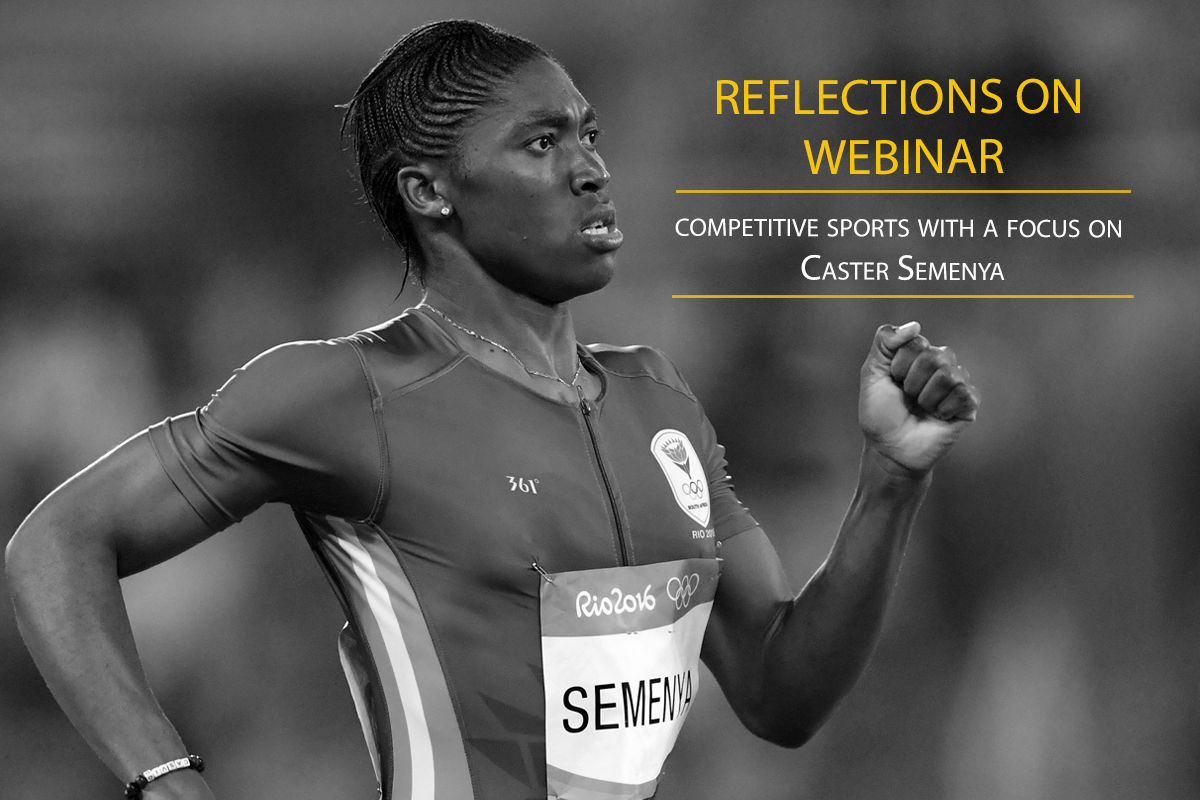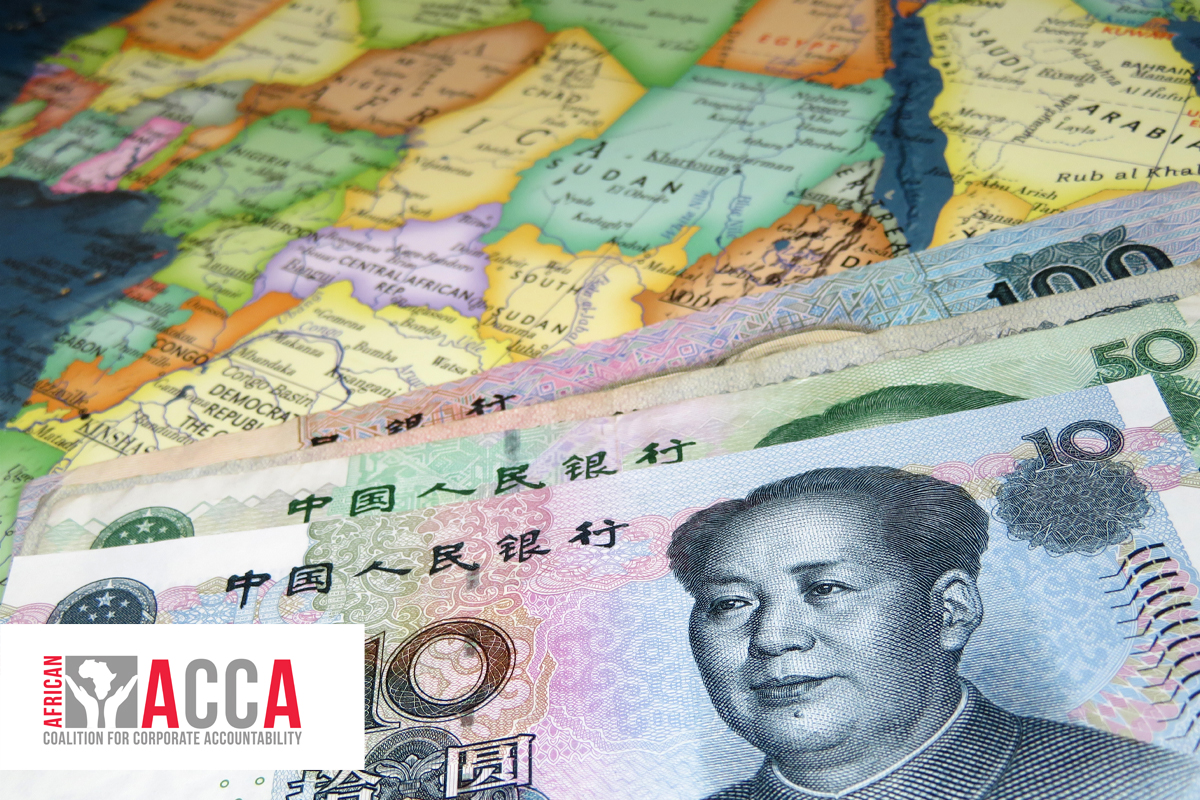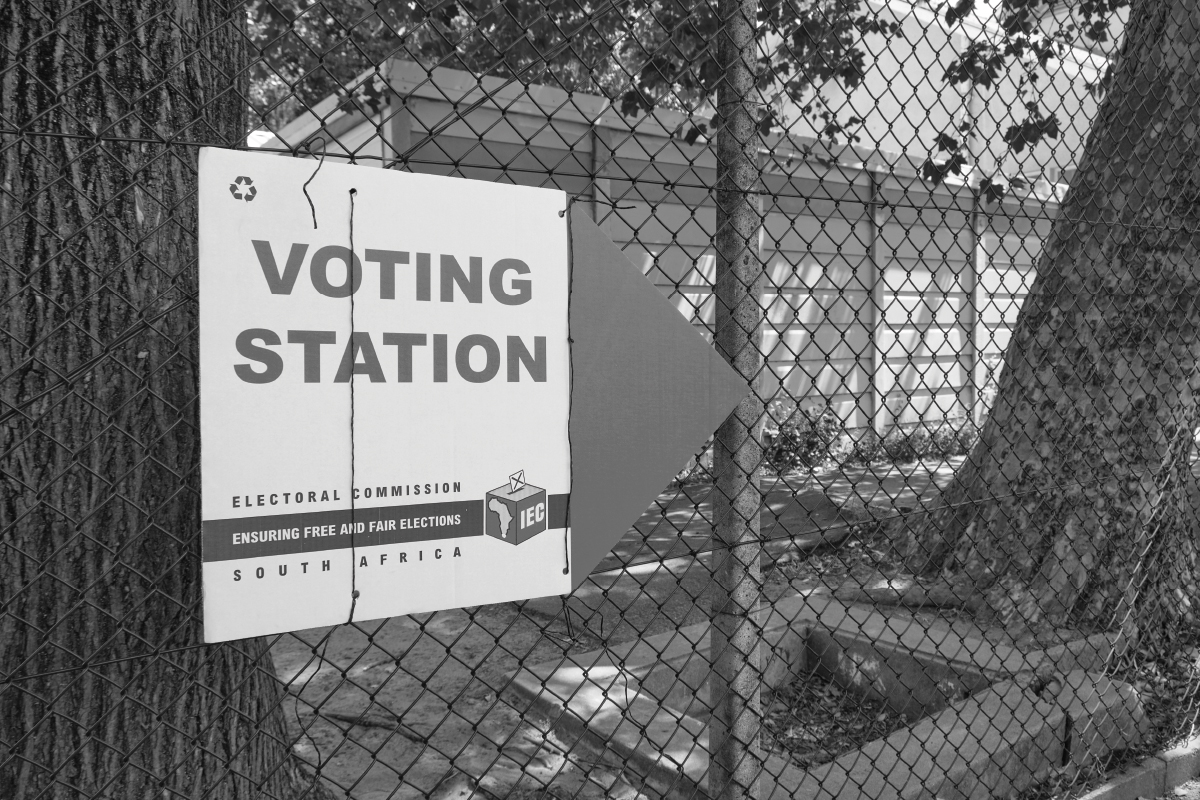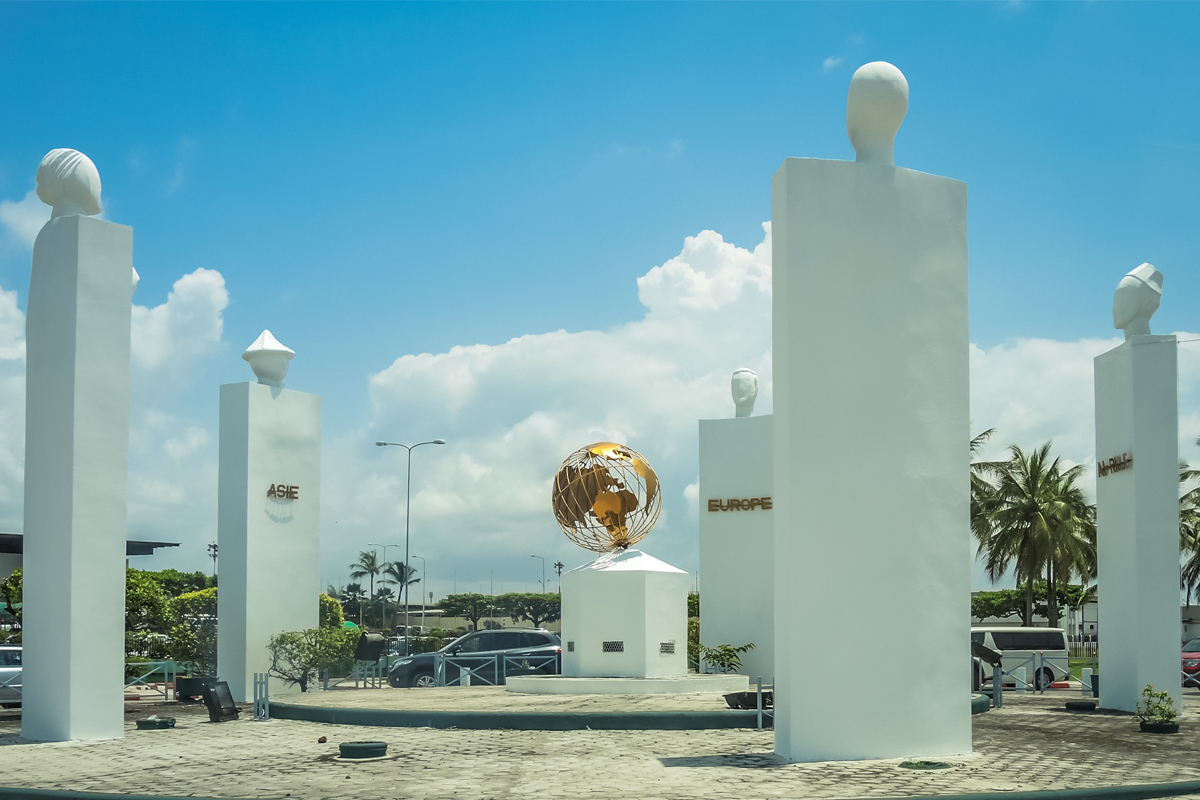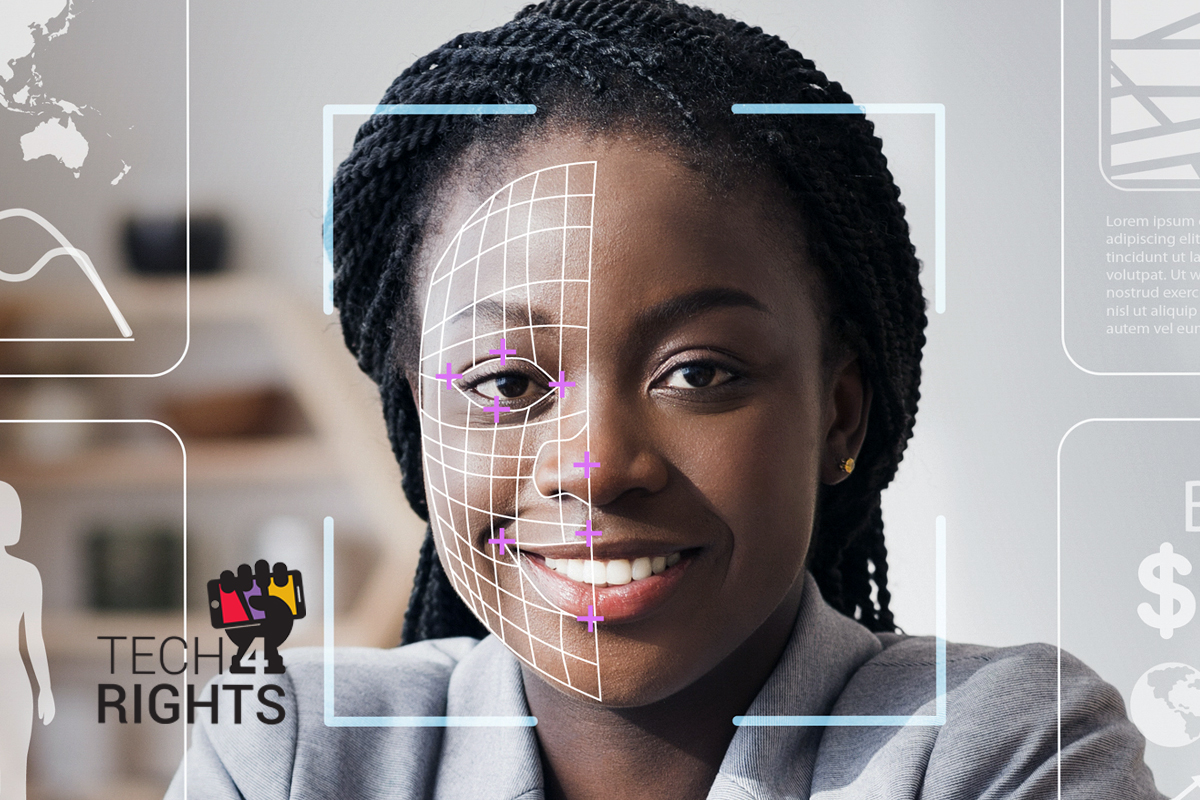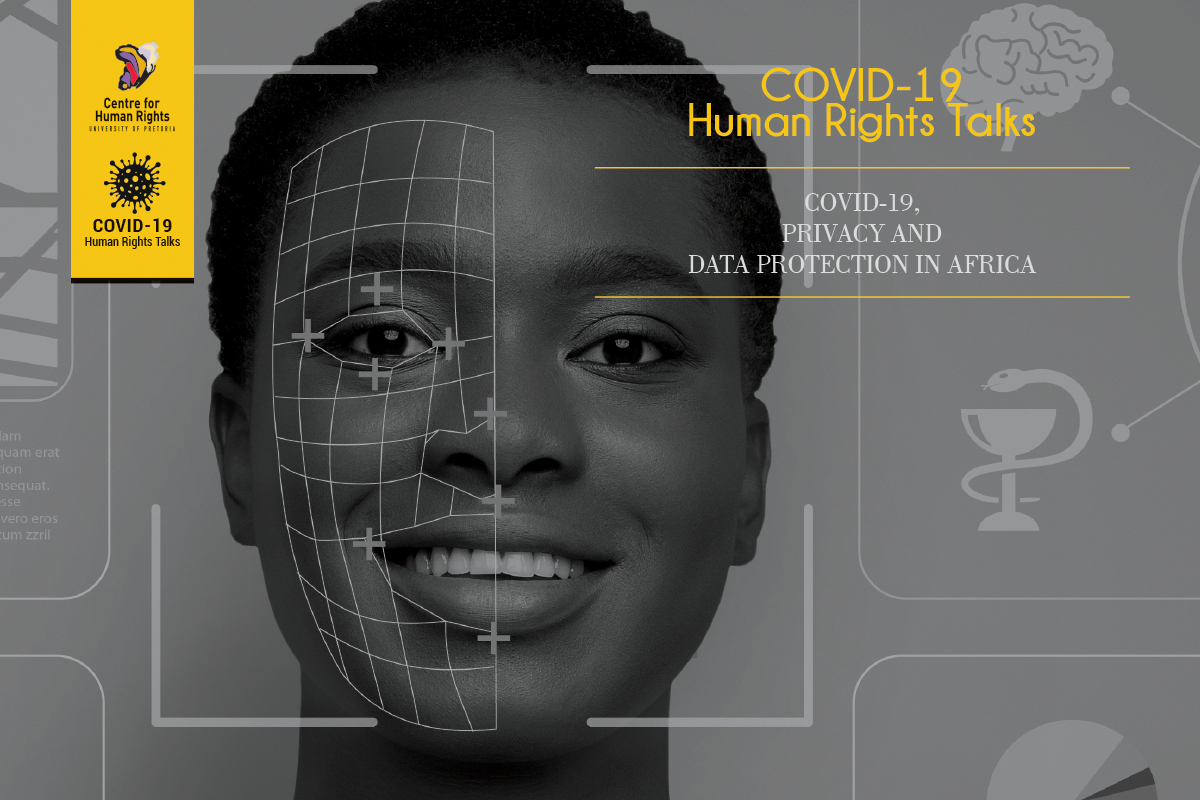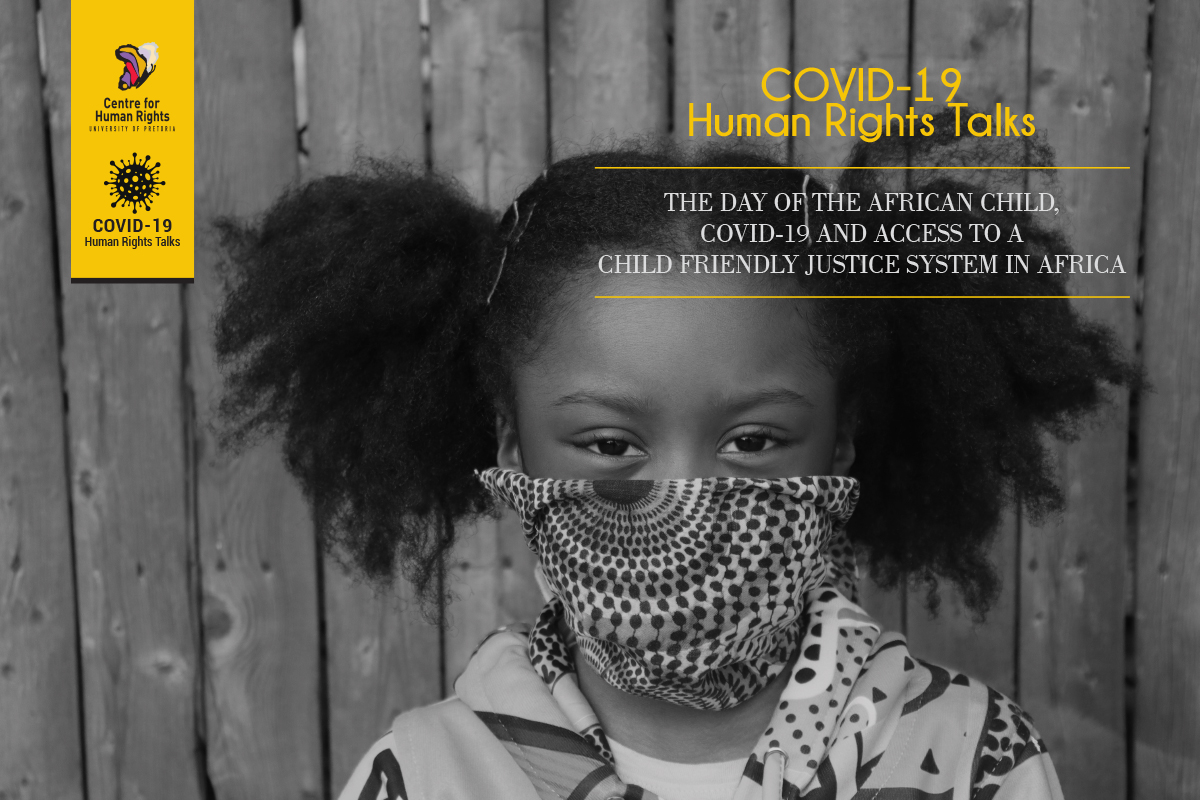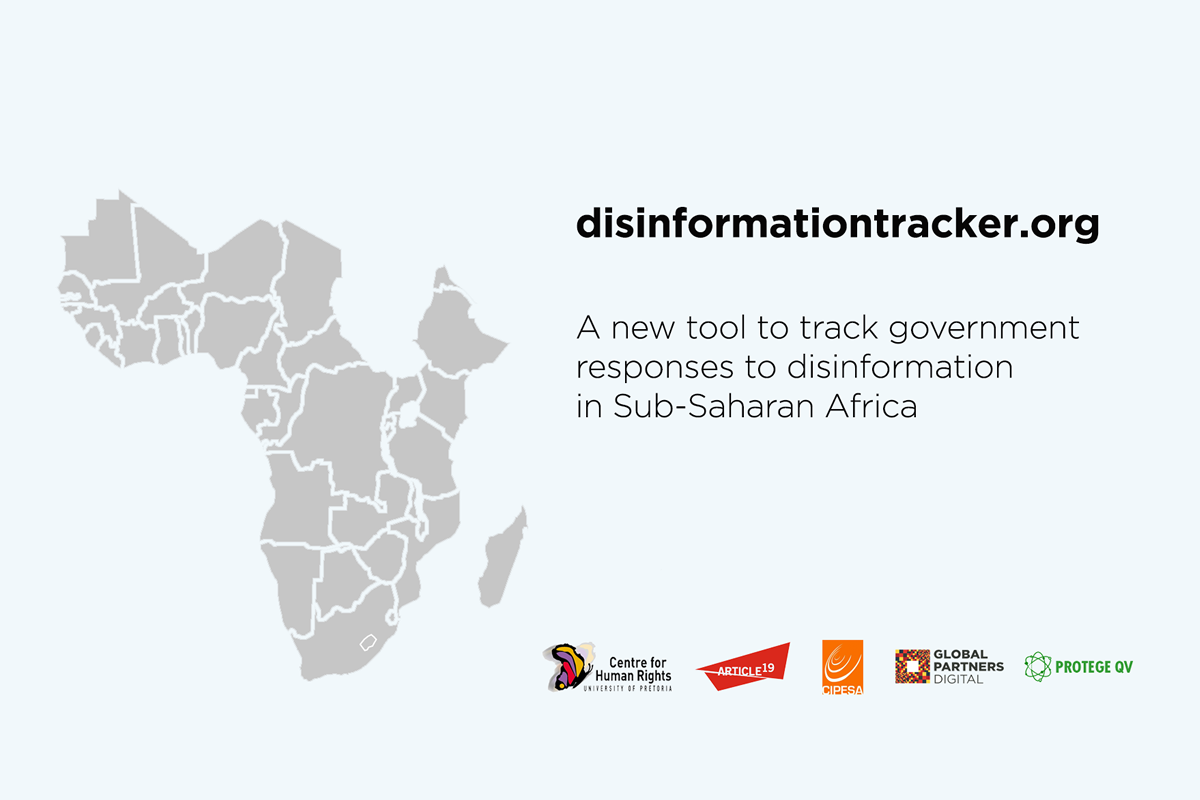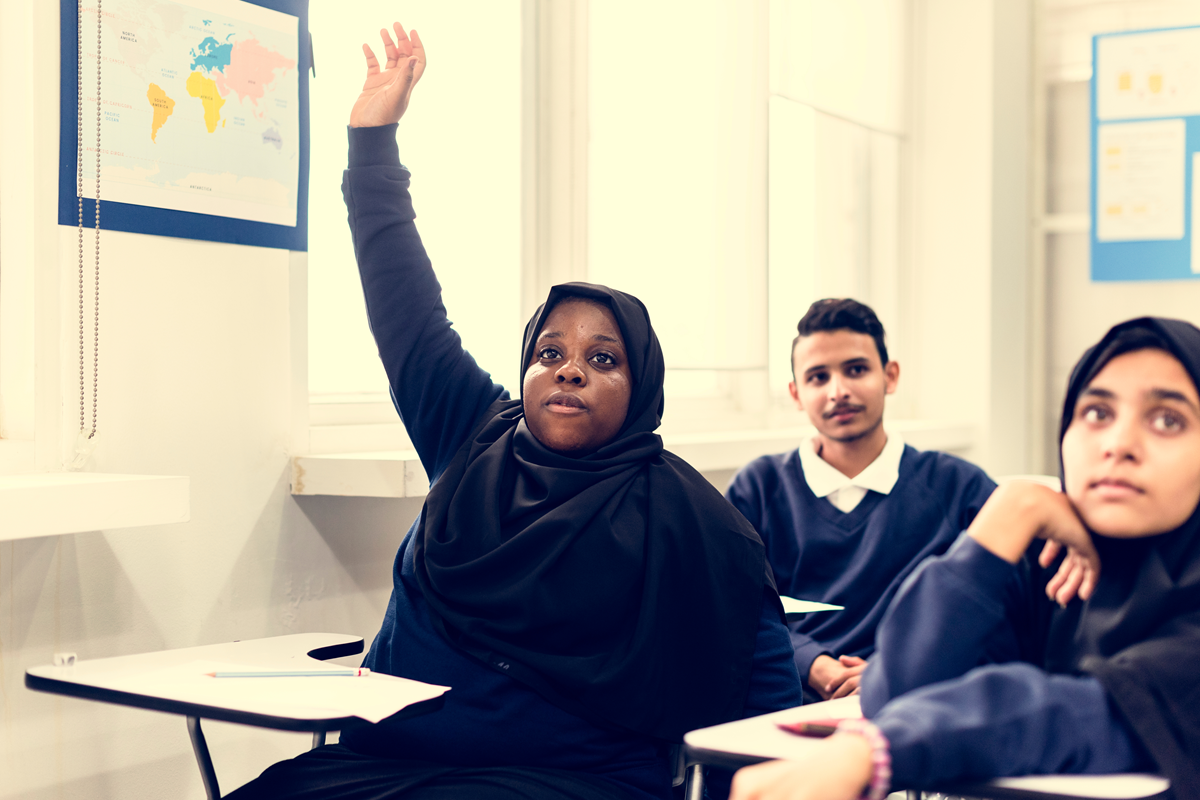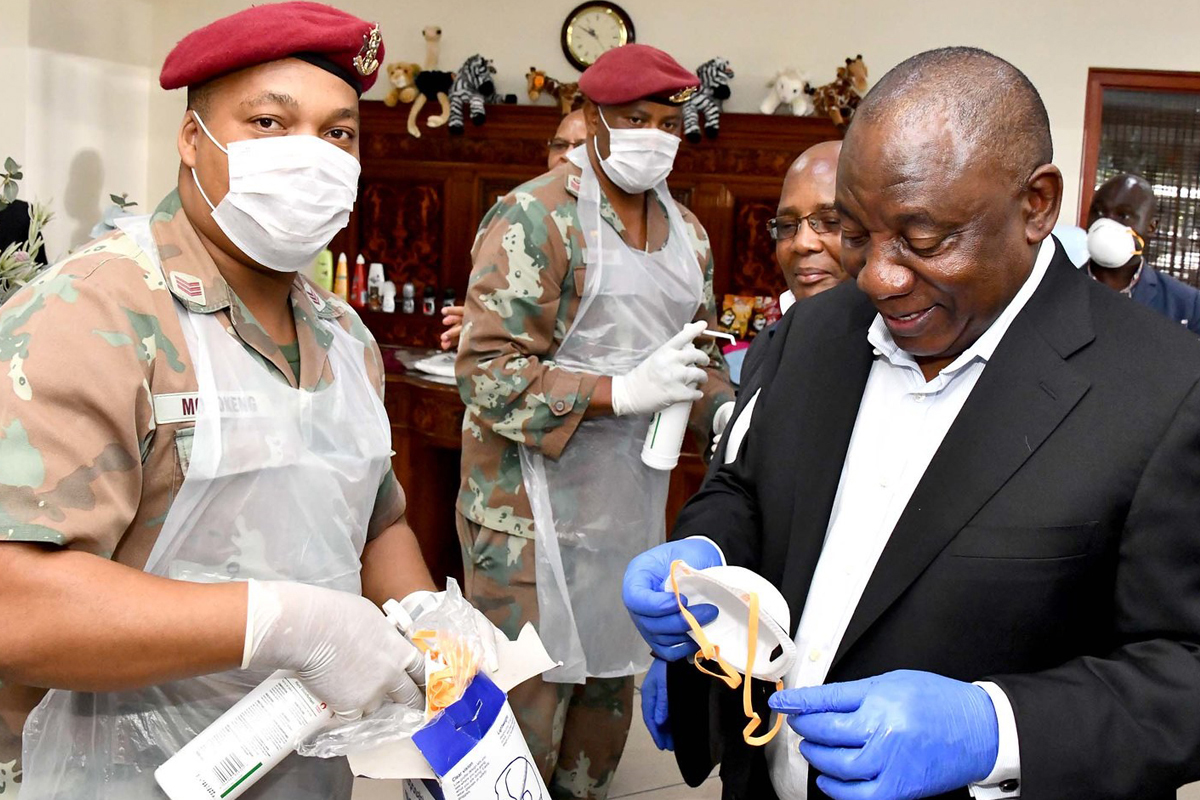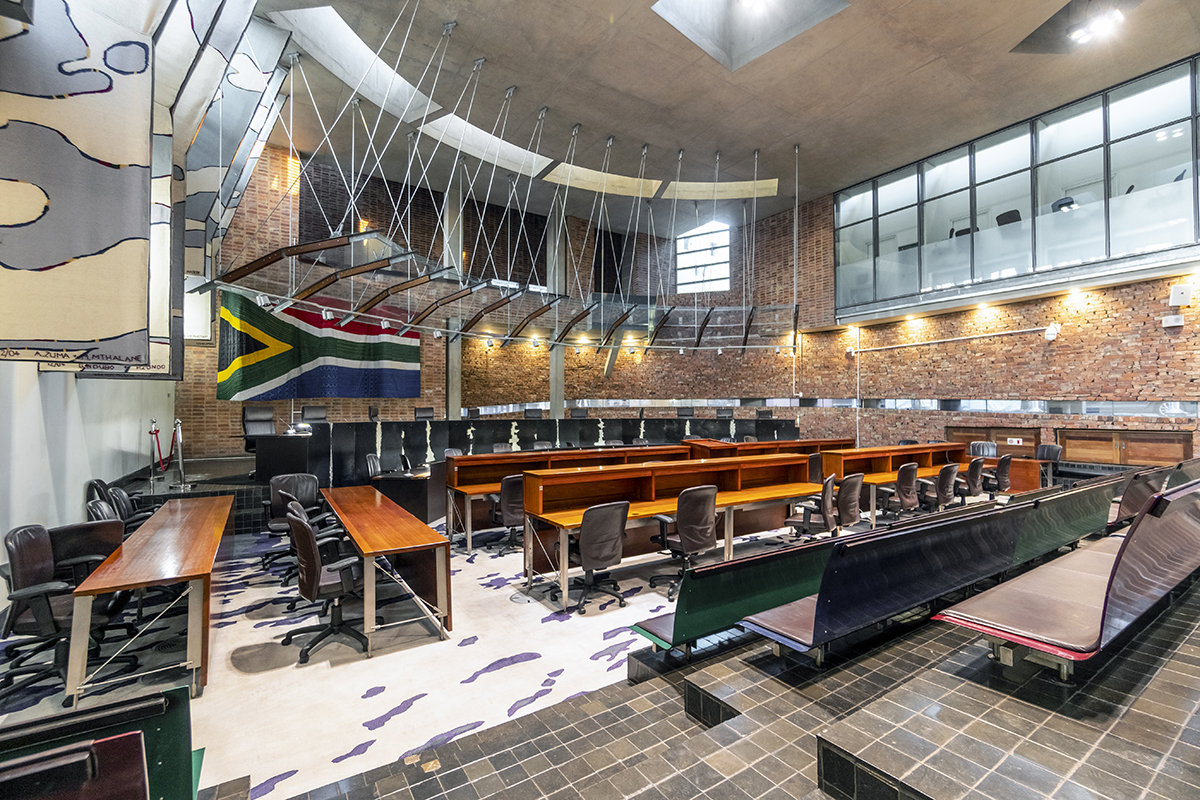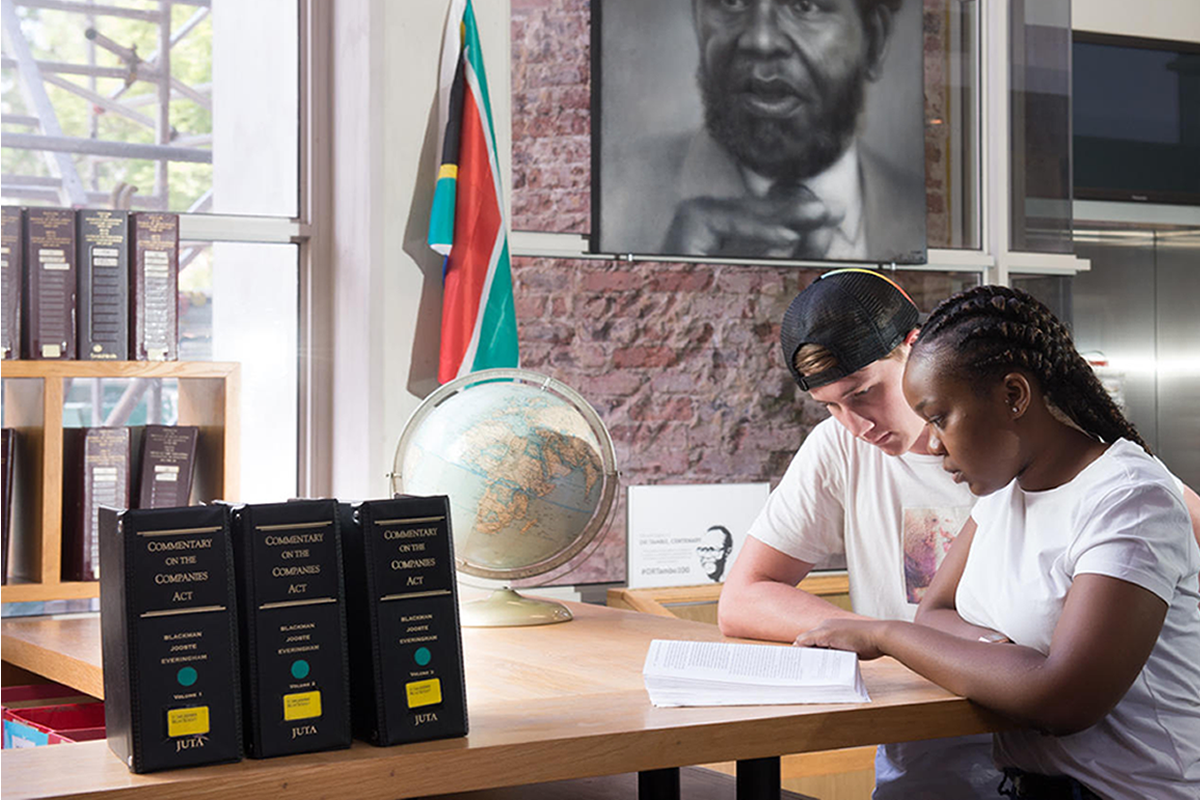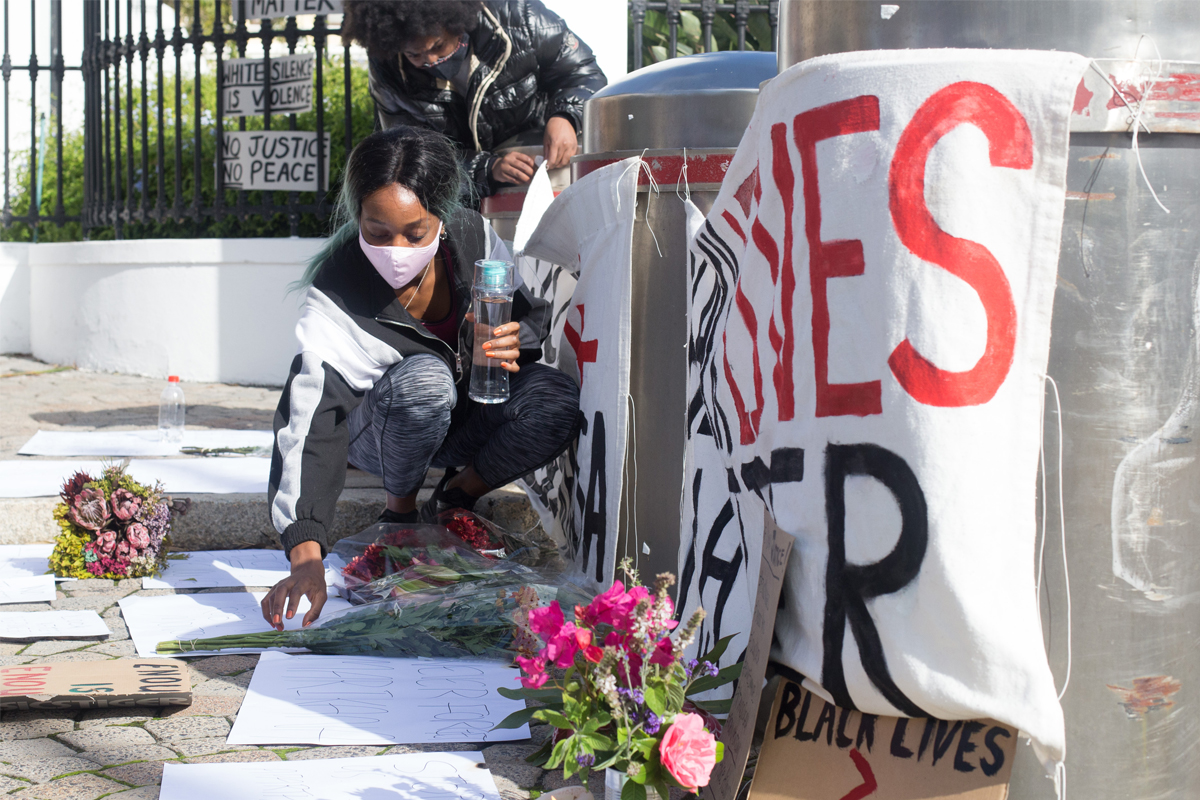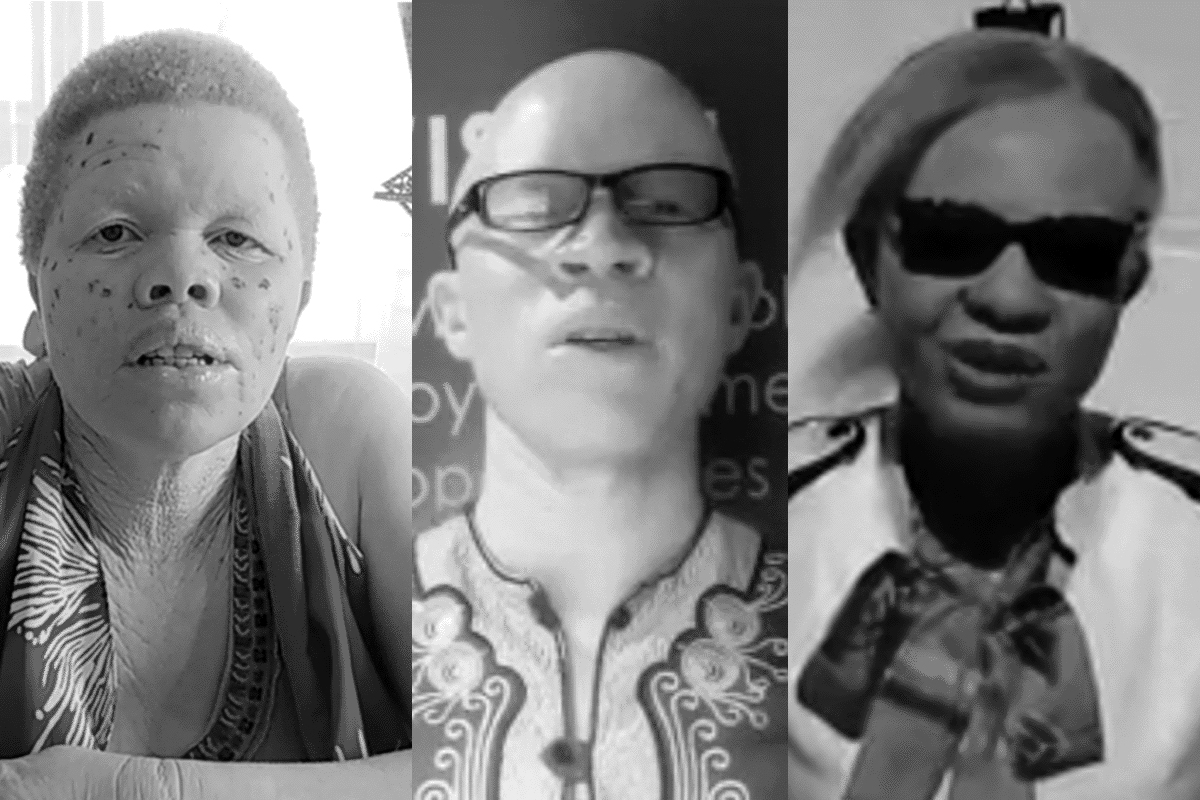- Details
The Centre for Human Rights, Faculty of Law, University of Pretoria, has released volume 2 of the photobook series titled Looking through the prism: Narratives of queer dignity in South Africa. This series features photographs and narratives of the lives of LGBTIQ+ persons living in South Africa. Volume 2 of the series focuses on lesbian, bisexual and queer (LBQ) cisgender and transgender women.
- Details
The Centre for Human Rights, Faculty of Law, University of Pretoria, condemns the xenophobic attacks against non-citizens in South Africa and in particular the brutal murder of Elvis Nyathi, a Zimbabwean national residing in the Johannesburg township of Diepsloot. Elvis’ brutal murder happened after several inflammatory statements targeting non-citizens, by representatives of political parties and vigilante groups. The state cannot allow vigilante groups to take the law into their own hands and in the name of curbing crime, engage in an extra-judicial killing of a person solely based on their nationality. If this behaviour is not curtailed through application of the rule of law and protection of the human rights of all people in South Africa by the government, more people will be killed and more livelihoods and property will be destroyed.
- Details
As South Africa get set for the 4th cycle of its review by the UPR in November 2022, the Social Policy Initiative (SPI) and the Centre for Human Rights (Centre) have requested the UPR Working group to encourage South Africa to adopt a new composite index in accordance with the recommendations of the United Nations Committee on Economic, Social and Cultural Rights.
- Details
International Transgender Day of Visibility is celebrated globally on the 31st of March every year. International Transgender Day of Visibility celebrates the existence and achievements of transgender persons and seeks to raise awareness of the discrimination experienced by the trans community. Transgender persons have been at the forefront of LGBTIQ+ communities’ struggles and activism and have contributed to the collective human endeavour in fields as diverse as science, law, philosophy and the arts. Unfortunately, transgender persons in Africa and across the world experience a plethora of human rights violations that have not been effectively addressed, such as transphobic killings, inaccessibility to healthcare, lack of legal recognition and exclusion from public areas of life, such as sports and media. Increasingly, there are attempts to portray trans inclusion as anti-feminist, a move which must be rejected as bad faith and ill-informed. The Centre for Human Rights stands by the principle that human rights are universal and inalienable, indivisible, interdependent and interrelated.
- Details
The Centre for Human Rights, Faculty of Law, University of Pretoria, with the support of the Embassy of the Kingdom of the Netherlands, cordially invites you to apply for its Capacity Building Workshop on Strategic Litigation and Advocacy for human rights defenders working on the promotion and protection of the rights of lesbian, gay, bisexual, transgender, intersex, and other non-binary and gender-nonconforming persons in Africa.
- Details
The Centre for Human Rights, Faculty of Law, University of Pretoria, invites you to a webinar discussion on two casesThe Centre for Human Rights, Faculty of Law, University of Pretoria, invites you to a webinar discussion on two cases recently decided by the African Court on Human and Peoples’ Rights. This event is the first of a series of discussions of decisions by African human rights bodies.
- Details
On Monday, 7 March 2022, Italian diplomat Fabrizio Petri, the country’s first Special Envoy for the Human Rights of LGBTQI+ persons, visited the Centre for Human Rights, Faculty of Law, University of Pretoria. Mr Petri is one of only four such Special Envoys globally. In this position, created in 2021 by the country’s Minister of Foreign Affairs and International Cooperation, he works towards promoting and protecting the rights of LGBTQ+ persons around the world, with special focus on the decriminalisation of same-sex sexual relationships.
- Details
The Centre for Human Rights, Faculty of Law, University of Pretoria, welcomes the recently improved pace of ratification of the 2018 Protocol to the African Charter on Human and Peoples’ Rights on the Rights of Persons with Disabilities in Africa (African Disability Protocol). In the past 12 months, Mali, Kenya and Rwanda have ratified the African Disability Protocol. We applaud these three states for demonstrating commitment and political will to promote and protect the rights of persons with disabilities. However, three ratifications in four years represent a very slow ratification rate. Fifteen ratifications are required for its entry into force. At the current rate of ratification, it would take decades for the Africa Disability Protocol to take effect. An acceleration in ratifications is therefore urgently needed.
- Details
Wellspring’s International Human Rights (IHR) Program seeks a consultant with experience as a practitioner in the transitional justice field to support the Senior Program Officer to further develop a line of grant making to advance implementation of reparation programs for victims and survivors of mass or war-related atrocities and crimes.
- Details
The Advanced Human Rights Courses (AHRC) and the Sexual Orientation, Gender Identity and Expression, and Sex Characteristics (SOGIESC) Units at the Centre for Human Rights (the ‘Centre’), University of Pretoria (UP) recently hosted the 2022 edition of its annual short course on Sexual Minority Rights in Africa. The course was presented through both virtual and physical sessions from 21 to 25 February 2022. The course was attended by 70 participants with more than 15 presenters from both across and outside Africa. Participants included the LLM/Mphil students of the Human Rights and Democratisation in Africa (HRDA) and the Sexual and Reproductive Rights in Africa (SRRA) Masters programmes in the Faculty of Law, UP. Also in attendance were researchers, academics, judicial officers, government workers, and members of civil society. The hybrid format provided an opportunity for the Centre to accommodate a larger group of participants in an interactive, virtual classroom in conjunction with those who physically attended the course.
- Details
The African Disability Rights Yearbook (ADRY) is calling for papers for consideration for publication in Section A of the ADRY in 2022. The ADRY publishes once a year with a focus on disability rights issues and developments of contemporary concern to persons with disabilities on the African continent. The ADRY is published by the Pretoria University Law Press (PULP) and is published as a peer-reviewed open-access journal.
- Details
The Centre for Human Rights, University of Pretoria cordially invite you to a discussion on the impact of United Nations human rights treaties and mechanisms at the domestic level, organized jointly by the Norwegian Centre for Human Rights (University of Oslo) and the Centre for Human Rights (University of Pretoria) as part of a project funded by Diku’s UTFORSK programme.
- Details
The Centre for Human Rights (Centre) in partnership with Konrad Adenauer Stiftung (KAS) under the aegis of the Rule of Law Program for Sub Saharan Africa developed simple-easy-reference booklets (for non-lawyers) that summarise the Bill of Rights as espoused in the constitutions of selected “Anglophone African” countries which are: Kenya, Malawi and Zambia.The broad aim is to promote human rights and constitutional literacy in Africa.
- Details
ACCA is looking for a dedicated, creative, and energetic person who will work as ACCA Project Administrator. The ACCA Project Administrator will work under the supervision of ACCA’s Manager and will support the work of the ACCA secretariat by providing assistance on project development and implementation, supporting ACCA partners, undertaking advocacy and conducting research.
- Details
South Africa’s local government elections, to elect the municipal tier of government, are constitutionally mandated through section 159 of the Constitution of South Africa to take place every five years. These elections were scheduled to take place towards the end of 2021 and have been the subject of great deliberation in the nation. Conducting elections during a pandemic has been the subject of much debate on the continent and worldwide, with certain countries choosing to continue with elections amid the pandemic and others choosing to postpone their elections amid concerns of the risks involved. Nations on the continent that have held elections during the pandemic include Zambia, Malawi, Ghana, Rwanda, Uganda and Côte d’Ivoire. Given the extent of the risks of holding elections during the pandemic and mixed calls on whether to postpone or continue with elections in the nation, the Independent Electoral Commission (IEC) of South Africa ordered an inquiry commission to determine the nation’s capacity to hold free, fair elections during the initially scheduled period in October.
- Details
The Centre for Human Rights, University of Pretoria, hosts an annual conference on disability rights in an African context during the month of November. The inaugural disability rights conference was held in 2013. The conference acts as a platform for convening dialogue amongst key stakeholders on disability rights, and to spotlight the pertinent and emerging disability rights concerns in the African region.
- Details
By: Bonolo Makgale and Tariro Sekeramayi
Introduction
Dr. John Henrik Clarke once remarked, “History is not everything, but it is a starting point. History is a clock that people use to tell their political and cultural time of day. It is a compass they use to find themselves on the map of human geography. It tells them where they are, but more importantly, what they must be.”
- Details
Binaries and Boxes
In conversation with Dr Mzikazi Nduna
- Details
The Centre for Human Rights, Faculty of Law, University of Pretoria, is concerned about ongoing discrimination on the basis of disability by airline carriers in Nigeria.
- Details
The Centre for Human Rights, Faculty of Law, University of Pretoria, calls for applications for a full-time doctoral scholarship in the field of disability rights. The successful candidate will be based within the Centre, and will be expected to contribute to the work of the Centre’s Disability Rights Unit (for 25 hours per week), while attending to her/his LLD/DPhil work.
- Details
The Womens’ Rights Unit at the Centre for Human Rights, University of Pretoria, in collaboration with the Botswana Labour Migrants Association (BOLAMA), organised a workshop to consider the non-ratification of the Protocol to the African Charter on Human and Peoples’ Rights on the Rights of Women in Africa (Maputo Protocol) by the government of Botswana. The aim of the workshop was to sustain advocacy efforts towards the ratification of the Maputo Protocol. The meeting was held online on 1 December 2020 and Ms Patience Mungwari, Ms Lydia Chibwe and Ms Anthonia Lola Dickson represented the Centre.
- Details
Africa is experiencing the highest increase in the number of older persons’ population. Most of them are living longer with valuable capacities but with vulnerabilities too. Yet older person’s rights are neither recognised nor valued, and often suffer from abuse, assaults and even murder at the hands of those who should support and protect them. Older persons are often accused of witchcraft, blamed for misfortunes such as sudden deaths, HIV/AIDS, traffic accidents and even the weather. They are denied opportunities for employment, they have restricted access to land and property, and lack adequate legal protection. Older women in particular bear more risks due to the intersectionality of their age as well as other aspects such as gender, disability and poverty. This is due to the lack of policies or legal frameworks that can protect the rights of older people in the majority of African countries.
- Details
The Centre for Human Rights, University of Pretoria, cordially invites you to a webinar to assess the status of implementation of the Maputo Protocol and submission of state reports to the African Commission on Human and Peoples’ Rights.
- Details
The Centre for Human Rights, University of Pretoria, in partnership with the Democracy Development Program (DDP), under the umbrella of the established Pan-African Parliament (PAP) CSO forum, is hosting a dialogue to engage young Africans on matters related to Africa’s politics and development and the workings of the PAP in particular.
- Details
The Centre for Human Rights, University of Pretoria, is alarmed by the arrest and detention of three human rights defenders by Egyptian authorities last week, marking a troubling escalation in an ongoing campaign of harassment and intimidation that has thus far failed to silence various organisations dedicated to defending fundamental human rights in the country.
- Details
The African Coalition for Corporate Accountability (ACCA) recently launched a video and a comic book prepared from the report on Free Prior and Informed Consent (FPIC). FPIC is a legal right for indigenous people in terms of international law, based on the principle of self-determination and it is also the collective right of indigenous peoples to negotiate the terms of externally imposed policies, programs, and projects that directly affect their livelihoods and well-being.
- Details
The 8th Annual Disability Rights Conference was held on Tuesday 17 and Wednesday 18 November 2020, virtually via zoom. The theme for this year’s two-day conference was ‘realising the right to health of persons with disabilities in Africa’. The conference focused on developing responses for overcoming barriers faced by persons with disabilities in the respect, protection and fulfilment of the right to health in the African region.
- Details
During his visit to Bern last week, the Burkinabe Minister of Industry, Trade and Handicrafts, Mr Harouna Kaboré has marked his disagreement with the “Popular Initiative for Responsible Multinationals” that will be submitted to a vote in Switzerland on November 29th. According to Minister Harouna Kaboré, the adoption of this Initiative would cause "serious socio-economic problems" in Burkina.
- Details
The International Development Law Unit (IDLU) at the Centre for Human Rights, University of Pretoria invites you to 4 workshops to discuss papers focusing on the impacts and challenges relating to the sovereign debt situations in the SADC member countries.
- Details
The Centre for Human Rights, Faculty of Law, University of Pretoria, in partnership with the Global Development Policy Center at Boston University, Southern African Development Community Centre for Renewable Energy and Energy Efficiency (SACREEE), SADC Development Finance Resource Centre (SADC-DFRC) and the Development Bank of Southern Africa cordially invite you to the launch of the report Expanding Renewable Energy for Access and Development: The Role of Development Finance Institutions in Southern Africa, featuring a discussion of the study and Q&A with the audience.
- Details
The Centre for Human Rights, Equality Now and International Commission of Jurists (Kenya Chapter) have drafted Shadow Reporting Guidelines in response to Resolution 436 by the African Commission on Human and Peoples' Rights. The resolution recognises the need to have a set of guidelines to guide non-state actors to submit appropriate shadow reports to the Commission. Please take a moment to go through the draft guidelines and fill out the accompanying questionnaire which will assist us to improve the draft guidelines.
- Details
The Centre for Human Rights, University of Pretoria, cordially invites you to a virtual conference on 4 and 5 November 2020. The theme of the conference is ‘Elections and COVID-19: Harnessing the pandemic to improve elections.’ The conference is organised by the Democracy and Civic Engagement Unit and the Expression, Information and Digital Rights Unit of the Centre for Human Rights. The conference invites academics, policymakers, practitioners, researchers and other stakeholders with a keen interest in democracy and elections, information technology and human rights law in the African context.
- Details
The Democracy and Civic Engagement Unit at the Centre for Human Rights, University of Pretoria, recently developed a Toolkit for civil society advocacy in the Pan-African Parliament (PAP). Despite its potentially crucial role in PAP’s activities, civil society organisations (CSOs) still know very little about this institution. For most CSOs, the PAP, and the African Union (AU) in general, are largely invisible, and too distant to access or influence with their advocacy. This Toolkit aims to change that.
- Details
The Centre for Human Rights, University of Pretoria, is part of a coalition of seven global disability rights organisations that have called for urgent action by States and the international community to halt the catastrophic failure to protect the lives, health, and rights of persons with disabilities during the COVID-19 pandemic.
- Details
The Centre for Human Rights, University of Pretoria, cordially invites you to its 8th Annual Disability Rights Conference on 17 and 18 November 2020, which will take place virtually via Zoom. The theme of this year’s conference is ‘Realising the right to health of persons with disabilities in Africa’.
- Details
The Centre for Human Rights, Faculty of Law, University of Pretoria, is saddened by the passing of Devikarani Priscilla Jana, anti-apartheid activist and giant of South African human rights law, on 10 October 2020.
- Details
The Centre for Human Rights, University of Pretoria, is concerned about ongoing police brutality and human rights violations in Nigeria. These violations are in response to demonstrations by Nigerians expressing concerns about gross human rights violations by the Nigerian Police Force (NPF), particularly by the Special Anti-Robbery Squad (SARS), a tactical unit within the NPF designed to tackle incidents of armed robbery in Nigeria.
- Details
On 1 October 2020, the Women’s Rights Unit at the Centre for Human Rights, Faculty of Law, University for Pretoria, in partnership with International Commission of Jurists (Kenya) and Equality Now, conducted a webinar to garner the views of civil society organisations on the draft Shadow Reporting Guidelines they have developed.
- Details
On 22 October 2020, Validity Foundation, the European Network on Independent Living, Disability Rights International, the Centre for Human Rights, University of Pretoria, the International Disability Alliance, the International Disability and Development Consortium, and the Disability Rights Fund/Disability Rights Advocacy Fund will launch the COVID-19 Disability Rights Monitor Global Report.
- Details
The Centre for Human Rights, Faculty of Law, University of Pretoria (UP), in partnership with the Initiative for Strategic Litigation in Africa (ISLA), hosted a three-day workshop on strategic litigation and advocacy for LGBTI+ human rights defenders in Africa. The workshop is an annual event organised by the Centre’s Sexual Orientation, Gender Identity and Expression, and Sex Characteristics (SOGIESC) Unit and is aimed at building the capacity of and empowering LGBTI+ human rights defenders in Africa, with a specific focus on how to conduct strategic litigation and advocacy. This year’s edition was held virtually from 7 to 9 October 2020.
- Details
The Centre for Human Rights, Faculty of Law, University of Pretoria, takes great pleasure in congratulating Dianah Msipa on her appointment by the Department of Women, Youth and Persons with Disabilities onto a team of experts working on the proposed African Union (AU) Convention on Violence against Women and Children.
- Details
The Centre for Human Rights, University of Pretoria (the Centre) is assessing state compliance with the Guidelines on Access to Information and Elections in Africa (the Guidelines) that the African Commission on Human and Peoples’ Rights (the African Commission) adopted during its 61st Ordinary Session in November 2017. The Centre has completed its initial country assessment under the Guidelines focusing on the 2019 elections in South Africa.
- Details
The Centre for Human Rights, University of Pretoria, cordially invites you to a conference on privacy and data protection in Africa from 12 to 15 October 2020. The conference is organised by the Expression, Information and Digital Rights Unit in collaboration with the African Declaration on Internet Rights and Freedoms Coalition(AfDec Coalition). The conference will be of interest to academics, students, policymakers and practitioners working in the areas of privacy, data protection, big data, information technology, and human rights law in Africa and others interested in understanding of the state of privacy and data protection, particularly within the African context. The conference is aimed at improving privacy and data protection scholarship in Africa.
- Details
The Centre for Human Rights, Faculty of Law, University of Pretoria and the Tshwaranang Legal Advocacy Centre (TLAC), under the umbrella of the Solidarity for African Women's Rights (SOAWR) Network, held a three-day virtual workshop from 28 to 30 September 2020 on the Protocol to the African Charter on Human and Peoples’ Rights on the Rights of Women in Africa (Maputo Protocol) and shadow reporting. The aim of the workshop was to increase the number of shadow reports submitted to the African Commission on Human and Peoples’ Rights (African Commission) and to encourage a robust interaction of CSOs with the African Commission to effectively monitor the implementation of the Maputo Protocol.
- Details
The Disability Rights Unit of the Centre for Human Rights, Faculty of Law, University of Pretoria, in collaboration with the office of the United Nations Independent Expert on the enjoyment of human rights by persons with albinism hosted a virtual two-day advocacy and human rights skills training. The training, which was held online from 28 to 29 September 2020 was aimed at organisations representing persons with albinism in Southern Africa. The training was attended by individuals representing civil society organisations (CSOs) from various African countries, including South Africa, Botswana, Zambia, Namibia, Malawi, Ghana, Uganda, Nigeria, Kenya, Mozambique. Furthermore, the virtual platform allowed the inclusion of international participants, and included Argentina and Iraq.
- Details
On 27 August 2020, the Centre for Human Rights, Faculty of Law, University of Pretoria, in collaboration with the South African Institute of International Affairs (SAIIA) and the African Climate Foundation hosted a webinar focusing on foreign policy and South Africa's climate change diplomacy.
- Details
The African Coalition for Corporate Accountability (ACCA) and the Centre for Applied Legal Studies (CALS) is convening a webinar on the Second Revised Draft of the Treaty on Business and Human Rights. The webinar will be an opportunity for Africans to discuss the draft, highlight its strengths and weaknesses and reflect on the prospects of galvanising state support for its adoption.
- Details
The Centre for Human Rights, Faculty of Law, University of Pretoria, in partnership with the International Commission of Jurists (ICJ Kenya) and Equality Now cordially invite you to a validation meeting of the shadow reporting guidelines to the African Commission on Human and Peoples’ Rights.
- Details
The Centre for Human Rights, University of Pretoria, is distressed by the march on 23 September 2020 against foreign nationals in the City of Tshwane (#PutSouthAfricansFirst). The marchers targeted Nigerians and Zimbabweans, in particular. While declaring that they are concerned about illegal migrants, the marchers spoke of ‘Nigerians’ and ‘Zimbabweans’ in a very general way. The march organisers in one breath expressed concern about illegal migrants and drug trafficking. By making this association between migrant status and drug trafficking, the marchers fell into the trap of generalisation and stigmatisation of all of these non-nationals as both illegal and criminal.
- Details
The Centre for Human Rights, University of Pretoria, ARTICLE 19 (Eastern and Western Africa), Media Institute of Southern Africa (MISA) Zimbabwe, Transparency International (Kenya), and the Special Rapporteur on Freedom of Expression and Access to Information in Africa cordially invite you to a webinar on the occasion of the commemoration of the International Day for Universal Access to Information (IDUAI).
- Details
The Centre for Human Rights, University of Pretoria, is assessing state compliance with the Guidelines on Access to Information and Elections in Africa (the Guidelines) that the African Commission on Human and Peoples’ Rights (the African Commission) adopted during its 61st Ordinary Session in November 2017. The Centre has completed its initial country assessment under the Guidelines focusing on the 2019 elections in South Africa.
- Details
The Centre for Human Rights, University of Pretoria, in collaboration with the African Policing Civilian Oversight Forum (APCOF), and African Men for Sexual Health & Rights (AMSHER) hosted the annual advanced human rights short course on Police Oversight and Vulnerable Groups in Africa from 7 to11 September 2020.
- Details
The Centre for Human Rights, Faculty of Law, University of Pretoria, wishes to congratulate Dr Rimdolmsom Jonathan Kabre on his recent achievement. Dr Kabre, a post-doctoral research fellow at International Development Law Unit (IDLU), was awarded the 2020 Law Faculty Prize (Prix de Faculté) from the University of Lausanne (Switzerland) for the best doctoral dissertation. Dr Kabre was also awarded a grant to support the publication of his dissertation. This prize was awarded during the Opening Ceremony for the 2020 courses at the University of Lausanne, which took place on 15 September 2020.
- Details
The Democracy and Civic Engagement Unit and the Expression, Information and Digital Rights Unit at the Centre for Human Rights, University of Pretoria, are hosting a (virtual) conference on 29 October 2020 under the theme ‘Elections and COVID-19: Harnessing the pandemic to improve elections’.
- Details
The Centre for Human Rights, University of Pretoria, cordially invites you to a webinar organised by the Expression, Information and Digital Rights Unit on “Proactive disclosure of information and elections in South Africa”. The webinar will focus on South Africa’s compliance with the Guidelines on Access to Information and Elections in Africa, issued by the African Commission on Human and Peoples’ Rights. This flows from a collaborative research report on access to information and elections during South Africa’s 2019 elections, that will be formally launched.
- Details
Pride Afrique, the first virtual Pan-African pride event, recently took place from 14 to 16 August. The event provided an opportunity for African LGBTIQ+ communities to meet and celebrate virtually, despite the COVID-19 pandemic that has prevented several physical pride events from being held.
- Details
The Centre for Human Rights, Faculty of Law, University of Pretoria notes with disappointment the decision by the Swiss Federal Supreme Court to effectively ban Caster Semenya from participating in certain competitive sporting events (400m to the mile) unless she reduces her testosterone levels to ‘acceptable female’ levels. This decision follows an appeal by Caster to the Supreme Court against a decision by the Court of Arbitration for Sports (CAS), which upheld the validity of the World Athletics regulations on female athletes with differences of sex development (Eligibility Regulations on Female Classification (Athlete with Differences of Sexual Development). The CAS, based in Lausanne, Switzerland, is a private legal person under Swiss law. Its arbitration awards are subject to the appellate jurisdiction of the Swiss Federal Supreme Court.
- Details
About 40% of countries in Africa are at a debt-stressed level, while COVID-19 has forced a strong fiscal response globally as nations try to avoid lasting structural damage to their economies. This is according to Governor Lesetja Kganyago of the South African Reserve Bank, who spoke at the fourth annual Distributed Interdisciplinary Sovereign Debt Research and Management Conference, or D-DebtCon. The conference is taking place virtually this year in nine countries, spanning five continents, from 7 to 18 September.
- Details
By: Bonolo Makgale
The national lockdown in South Africa which was initiated due to the COVID-19 global health pandemic has revealed another hidden pandemic amongst us. The latest National Income Dynamic Study (NIDS) Coronavirus Rapid Mobile Survey (CRAM) has revealed that the national lockdown has contributed to the perpetual hunger for 2.2 million South Africans. The report revealed that with 3 million South Africans having lost their incomes and jobs, hunger has become a national crisis exposing food insecurity in the most vulnerable communities.
- Details
The Disability Rights Unit at the Centre for Human Rights, Faculty of Law, University of Pretoria, cordially invites you to a webinar on mothers impacted by albinism. The webinar, which is a dialogue on gender, albinism and human rights in South Africa is held in commemoration of Albinism Awareness Month.
- Details
The Centre for Human Rights, Faculty of Law, University of Pretoria, cordially invites you to a webinar organised by the Children’s Rights Unit on the occasion of the 35th Ordinary Session of the African Committee of Experts on the Rights and Welfare of the Child (ACERWC). The webinar will focus on children’s rights in the digital age in Africa.
- Details
The Centre for Human Rights, Faculty of Law, University of Pretoria, with the support of the Embassy of the Kingdom of the Netherlands and Initiative for Strategic Litigation in Africa, cordially invites you to apply for the Capacity Building Workshop on Strategic Advocacy and Litigation for human rights defenders working on the promotion and protection of the human rights of lesbian, gay, bisexual, transgender and intersex persons in Africa.
- Details
The Centre for Human Rights, University of Pretoria (‘the Centre’), is implementing a three-year project on access to the equality courts by the LGBTIQ+ community in the City of Tshwane. The overall goal of the project is to demonstrably promote the enhanced use of the Equality Courts by the South African LGBTIQ+ community in general, and the Tshwane community in particular.
- Details
In recent days, media houses in the region and around the globe have put a spotlight on the continuation of systemic human rights violations in Zimbabwe. This state of affairs is disturbing as far as the democratic space in the country is concerned, and needs to be closely monitored by the international community. Elie Wiesel, who was a holocaust survivor and Nobel Laureate rightly said that the opposite of good is not bad, but rather indifference; Indifference against human suffering, indifference against serious violations of rights by the State agents in Zimbabwe is a serious threat to peace both locally and regionally. Wiesel comprehended well that the struggle against indifference is a struggle for peace.
- Details
The Disability Rights Unit, Centre for Human Rights cordially invites you to join a training in strengthening advocacy skills in the era of COVID-19 and beyond: Human rights training for organisations representing persons with albinism in Southern Africa.
- Details
Centre for Human Rights, University of Pretoria, hosts an annual conference on disability rights in an African context during the month of November. The inaugural disability rights conference was held in 2013. The conference acts as a platform for convening dialogue amongst key stakeholders on disability rights, and to spotlight the pertinent and emerging disability rights concerns in the African region. More information on previous editions of the conference can be found at https://www.chr.up.ac.za/disability-rights-projects/dru-annual-conference.
In 2020, the conference will focus on developing responses for overcoming barriers faced by persons with disabilities in the respect, protection and fulfilment of the right to health in the African region.
- Details
The International Development Law Unit, Centre for Human Rights, University of Pretoria cordially invites you to the opening session of the 4th Annual Distributed Sovereign Debt Research and Management Conference (D-DebtCon4). The opening session will start a 15:00 (SAST) and the keynote address will be given by Lesetja Kganyago South African Reserve Bank Governor.
- Details
The impact of COVID-19 on elections in Africa
In conversation with Ms Bonolo Makgale
- Details
The Centre for Human Rights, University of Pretoria, the Human Rights Institute of South Africa, DITSHWANELO - The Botswana Centre for Human Rights and the Global Rainbow Foundation (Mauritius) cordially invite you to a webinar on civil society experiences on the shadow reporting mechanism of the African Commission on Human and Peoples’ Rights.
The webinar provides the opportunity to learn about the experiences of civil society organisations in using the shadow report mechanism for promoting human rights at national levels, especially in the absence of civil society reporting guidelines on shadow reporting to the African Commission.
- Details
The Centre for Human Rights, Faculty of Law, University of Pretoria, cordially invites you to a webinar organised by the Democracy and Civic Engagement Unit on the current situation in Zimbabwe. The webinar will discuss the continuing deterioration of human rights in Zimbabwe, and provide an opportunity to stand in solidarity with the people of Zimbabwe during these challenging times.
- Details
On 11 August 2020, the Centre for Human Rights, in collaboration with the Centre for Sexualities, AIDS & Gender (CSA&G) at the University of Pretoria (UP), co-hosted a webinar on the UP Trans Protocol (the ‘Protocol’), a document developed for UP’s Institutional Transformation Committee (ITC) to address the needs of transgendered, intersex and gender-diverse students and staff members. The Protocol hopes to enable the eradication of discrimination against transgender (trans), intersex, gender non-conforming and non-binary members of the student and staff body.
- Details
(By Professor Daniel Bradlow)
About eight years ago, the government of Mozambique formed two companies, Proindicus and the Mozambique Asset Management. These two companies entered into loan agreements, valued at approximately $2.2 billion, with creditors including Credit Suisse and VBT Bank. Even though these debts were obligations of the state, some of these debts were hidden from the Mozambique parliament and public. Their existence was exposed in 2016 and precipitated a debt crisis in the country.
- Details
The COVID-19 Disability Rights Monitor Coordinating Group express their alarm about increasing police violence against persons with disabilities in the context of the pandemic, and are calling on governments around the world to take urgent steps to prevent acts of brutality.
- Details
The International Development Law Unit (IDLU) at the Centre for Human Rights, Faculty of Law, University of Pretoria, in collaboration with the Boston University, Global Development Policy Center, the SADC Development Finance Resource Centre (SADC-DFRC), the SADC Centre for Renewable Energy and Energy Efficiency (SACREEE) and the Development Bank of Southern Africa recently published a report that articulates how development finance can play a significant role in helping SADC countries shift toward more renewable and accessible energy sources for their countries.
- Details
(By Professor Daniel Bradlow)
African sovereign debtors are caught on the horns of a dilemma. On the one hand, they are obliged to help their populations deal with the COVID virus. This requires them to mobilize as quickly as possible the maximum available resources to spend on health care and on supporting people facing hunger, homelessness and unemployment. However, they know that they cannot raise sufficient financing for these purposes merely by mobilizing domestic resources and accessing official sources of finance.
- Details
(Op-Ed by Prof Daniel Bradlow)
The International Monetary Fund (IMF) has approved a R70 billion (US$4.3 billion) loan for South Africa to help the country manage the immediate consequences of the fallout from COVID-19. The Conversation Africa’s editor, Caroline Southey, asked Danny Bradlow to shed some light on what South Africans should expect.
- Details
The Expression, Information and Digital Rights Unit at the Centre for Human Rights, Faculty of Law, University of Pretoria will be hosting a session on “Civil society in the digital age in Africa: identifying threats and mounting pushbacks” at the 2020 RightsCon.
- Details
(Op-Ed by Prof Daniel Bradlow)
The South African government has asked the International Monetary Fund (IMF) for $4.2 billion.
The money would come from a facility that provides financing to countries facing an urgent balance of payments need, without the need to have a full-fledged program in place.
- Details
The Centre for Human Rights calls on the African Commission through the Special Rapporteur on Freedom of Expression and Access to Information in Africa to urgently issue an appeal to the Zimbabwean government to respect and abide by its human rights obligations under the African Charter and other international law. This ongoing crackdown, if left unchecked, will cement the culture of impunity and entrench unwarranted arrests of journalists and human rights defenders. The Centre for Human Rights also takes this opportunity to impress upon the relevant authorities the need to respect constitutional provisions on media freedom and free expression and reiterates that journalism is not a crime, but a crucial element in the exercise of freedom of expression and an essential component of democracy that is also instrumental in fighting against corruption. Journalists and other media practitioners deserve protection.
- Details
#Tech4Rights: The importance of technology and human rights
In conversation with Ms Hlengiwe Dube
- Details
On 20 April 2020, the COVID-19 Disability Rights Monitor (DRM) launched an international survey to monitor state measures concerning persons with disabilities amid the pandemic. The initial analysis of the ongoing global survey has revealed grave and systemic violations of fundamental freedoms and human rights of persons with disabilities detained in large- and small-scale institutions, which have become the epicenter of COVID-19 infections and deaths.
- Details
The Centre for Human Rights, University of Pretoria (the Centre), is implementing a two-year project on Children’s Privacy in the Digital Sphere. The overall goal of the project is to promote enhanced protection for children’s right to privacy in the digital sphere in Africa. This goal will be achieved through three main interventions: research for evidence and knowledge building on the standards and practice on children privacy online; evidence-based advocacy for children’s privacy in the digital sphere, and capacity building to enhance the development and implementation of relevant protections to enhance online privacy for children. The first pillar of the project entails knowledge building on the regional and domestic standards governing children’s privacy when navigating the internet. One of the main components of this aspect is a regional study that seeks to foster an evidence-based understanding of key issues relating to children’s privacy online in the African context.
- Details
On 7 July 2020, the Centre for Human Rights, University of Pretoria, hosted a follow-up webinar on privacy and data protection in Africa in the COVID-19 context. Privacy and data protection practitioners from Africa analysed the current status of data protection and privacy on the continent. In the responses to COVID-19, there is collection, sharing, storage and processing of personal information. This raises questions regarding Africa’s preparedness to the security, management and protection of personal information and safeguarding the right to privacy. The webinar assessed privacy and data protection approaches in the various responses to COVID-19.
- Details
The Centre for Human Rights welcomes the passing of the Civil Union Amendment Bill by South Africa’s second legislative body, the National Council of Provinces (NCP). The Amendment Bill repeals section 6 of the Civil Union Act 17 of 2006 (CUA), which had provided that a marriage officer may, in writing, inform the Minister of Home Affairs that he or she objects to solemnising a civil union between persons of the same sex on the ground of conscience, religion, and belief. This provision had long been a barrier to the legal recognition of same-sex couples by marriage officers in the Department of Home Affairs.
- Details
(Please note that this is a re-advertisement for some of the countries from the initial call if you have applied previously you need not reapply)
The Centre for Human Rights has previously published research on the impact of the African Charter on Human and Peoples’ Rights (The African Charter) as well as the Protocol to the African Charter on Human and Peoples’ Rights on the Rights of Women in Africa (Maputo Protocol). The research was in the form of two editions of a publication, The Impact of the African Charter and the Maputo Protocol in selected African states published in 2012 and 2016 respectively. The Centre is building on this work through a new publication focusing solely on the impact of the Maputo Protocol.
- Details
On 2 June 2020, the Centre for Human Rights, University of Pretoria hosted a webinar to discuss the challenges faced by hyper-androgenic women in competitive sports, with a focus on Caster Semenya. Members of the panel were Commissioner Advocate Mohamed Shafie Armeemia (from the South African Human Rights Commission (SAHRC)), Professor Steve Cornelius (from the University of Pretoria), Bianca Kapp (a lawyer and researcher on hyperandrogenism in sports), Joshua Sehoole (a South Africa based human rights activist), and Tapiwa Mamhare (a human rights lawyer and project officer at the Centre).
- Details
On 29 June 2020, the African Coalition for Corporate Accountability (ACCA) in collaboration with China Accountability Project (CAP), organised a webinar on COVID-19 and its impact on Chinese investments in Africa.
- Details
On 30 June 2020, the Centre for Human Rights hosted a webinar onon elections in South Africa and whether individual candidacy will change the game. In June 2020, South Africa’s Constitutional Court ruled the electoral act unconstitutional, for failing to permit individuals to run for a seat in the national or provincial legislatures. No doubt, the Court’s ruling will have significant implications for South African politics – especially for the upcoming national elections slated for 2024. For individuals who have been left outside of party politics, the Constitutional Court’s new ruling represents an opportunity to re-engage with the system, launch an election campaign of their own, and vie for a seat in the legislature. For voters, apathetic ones especially, the court’s ruling will expand the pool of candidates offering them more choices at the ballot box.
- Details
The Centre for Human Rights welcomes the news that the legislature of the Gabonese Republic (‘Gabon’) has voted to pass a landmark bill to decriminalise homosexuality in the country. The amendment removes an ‘offence against morality’ provision in the Penal Code which prohibits ‘sexual relations between persons of the same sex’, stipulating up to six months in prison and a fine of five million CFA francs (about US$8,600) for anyone found guilty.
- Details
The Centre for Human Rights is inviting experts and practitioners in the area of privacy and data protection to submit abstracts for a conference and book project. Contributions can be in the context of national, regional and international human rights on legal, regulatory, academic and technological developments and other perspectives on privacy and data protection. This project is meant to build upon existing scholarly work on data protection and data privacy in Africa. The book publication will be preceded by a conference that will be held in October 2020. Book chapters will be selected from the conference manuscripts.
- Details
On 23 June 2020, the Centre for Human Rights facilitated a discussion on data protection and privacy issues in Africa. Data protection authorities explored the status of privacy and data protection on the continent. They highlighted the milestones and challenges faced in the adoption and implementation of data protection legislation. The discussion also included privacy and protection of personal information in the context of COVID-19 and steps that have been adopted to ensure that individual privacy is protected while trying to achieve the broader goal of the protecting public health.
- Details
On 16 June 2020, the Centre for Human Rights, University of Pretoria, held a webinar organised by the Children’s Rights Unit on the occasion of the Day of the African Child 2020. The webinar focused on the issue of access to a child friendly justice system in Africa, against the backdrop of the 30 year anniversary of the adoption of the African Charter on the Rights and Welfare of the Child, and the prevailing COVID-19 pandemic.
- Details
Today, Global Partners Digital (GPD), ARTICLE 19, the Collaboration on International ICT Policy for East and Southern Africa (CIPESA), PROTEGE QV and the Center for Human Rights, University of Pretoria, jointly launched an interactive map to track and analyze disinformation laws, policies, and patterns of enforcement across Sub-Saharan Africa.
- Details
(Op-Ed by Women's Rights Unit)
Youth Day in South Africa commemorates the Soweto youth uprising of 16 June 1976.[1] It is the day that many black students went on a protest rally against an official order which made Afrikaans compulsory in black township schools throughout the country.[2] The day is celebrated in order to recognize the role of the youth in the liberation of South Africa from the Apartheid regime.[3] On this basis, the African Union designated 16 June as the Day of the African Child. This year, Africa on this day commemorates the adoption, 30 years ago, of the AU’s main human rights treaty, the African Charter on the Rights and Welfare of the Child. As we at the Centre for Human Rights, University of Pretoria, remember the past, we also draw attention to the challenges that the present COVID-19 crisis presents to the youth particularly within educational settings.
- Details
By: Bonolo Makgale
The mountain of complaints which were stacked up against the ANC led government relating to corruption and lack of service delivery in under-resourced communities were quickly flattened due to the strong and decisive leadership shown by President Cyril Ramaphosa during the COVID-19 global pandemic. The visit paid to our shores by the Covid-19 has managed to bring a reprieve, albeit for a moment, to the myriad of social justice issues and inequalities that plague South Africa.
- Details
The South African Constitutional Court’s recent judgment requiring Parliament to amend the Electoral Act is remarkable for two reasons. In this judgment, the Court for the first time ever placed reliance on a judgment of the African Court on Human and Peoples' Rights. This hopefully marks the beginning of a continuous dialogue between the highest South African and African Union courts. Through this judgment, the Court has set a process in motion that would see the end of the closed party-list proportional representation to the national and provincial legislatures. This is a welcome development, and provides an opportunity not only to expand citizen participation in the electoral process, but also in the drafting of the new Electoral Act.
- Details
The Centre for Human Rights (CHR), Faculty of Law, University of Pretoria, is an internationally recognised institution combining academic excellence and impactful activism to advance human rights, particularly in Africa. Through education, research and advocacy, to support the African Union’s infrastructure and improve the enjoyment of human rights on the continent.
The Pan-African Parliament (PAP) held its inaugural session in March 2004. With the PAP now marking 16 years of operation, the CHR is commissioning an evidence-based analytical study to assess (a) the way in which the PAP has executed its functions and exercised its powers; (b) the extent to which it has achieved its objectives; and (c) the factors that have supported and constrained it in its operations. In particular, the study examines how the PAP has helped close the ‘democratic deficit’ in AU governance, while exploring the AU’s attempts to convert PAP into a fully-fledged legislative institution for the African continent.
- Details
The Centre for Human Rights, Faculty of Law, University of Pretoria, notes with grave concern the instances of death and other human rights violations due to excessive force during law enforcement in South Africa. We note that these are not isolated instances, but are linked to inequalities based on race.
“The disturbingly high rate of arrest-related deaths, and its structural causes, in particular as far as it relates to racial inequalities, must be investigated and addressed with great urgency and seriousness”, said Frans Viljoen, the Centre’s Director.
- Details
These are some of the African organisations that have been in the frontlines battling the COVID-19 pandemic by putting the interests of persons with albinism at the fore, as we prepare to celebrate International Albinism Awareness Day on 13 June 2020.
- Details
Covid-19 and the impacts of concomitant government regulations on women
In conversation with Ms Patience Mungwari
- Commemoration of International Albinism Awareness Day #MadeToShine
- Invitation: International Albinism Awareness Day Online Celebration
- Launch of the COVID-19 Disability Rights Monitor Dashboard
- Centre for Human Rights presents first virtual advanced human rights short course: Judicial Enforcement of Socio-Economic Rights in Africa

